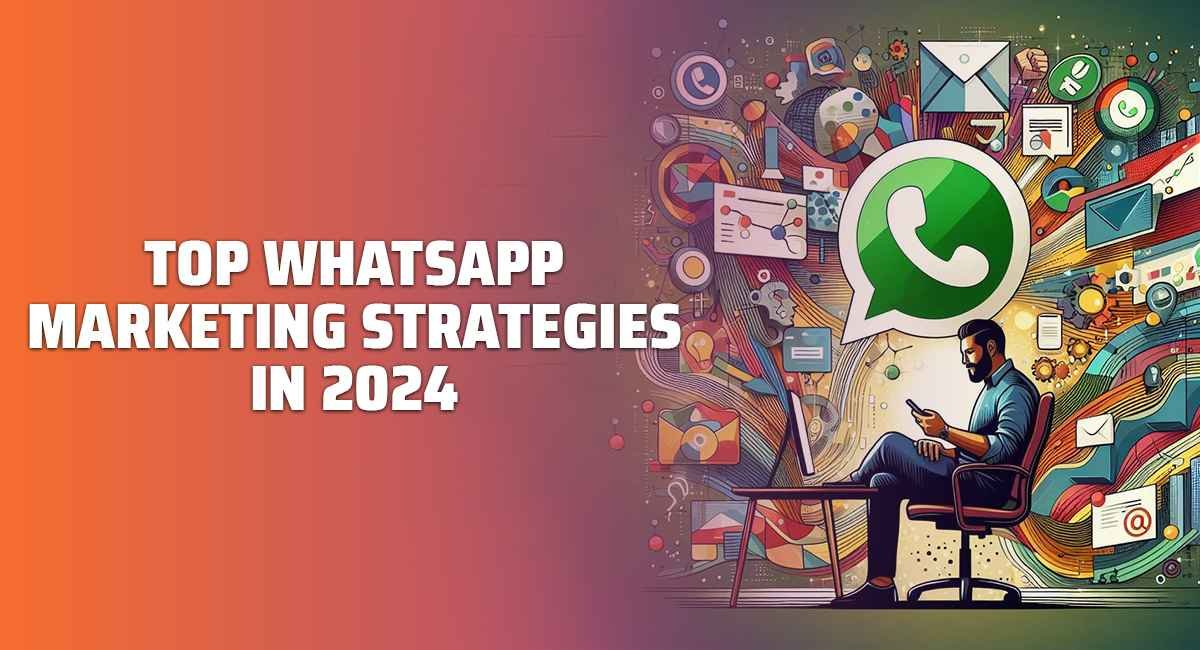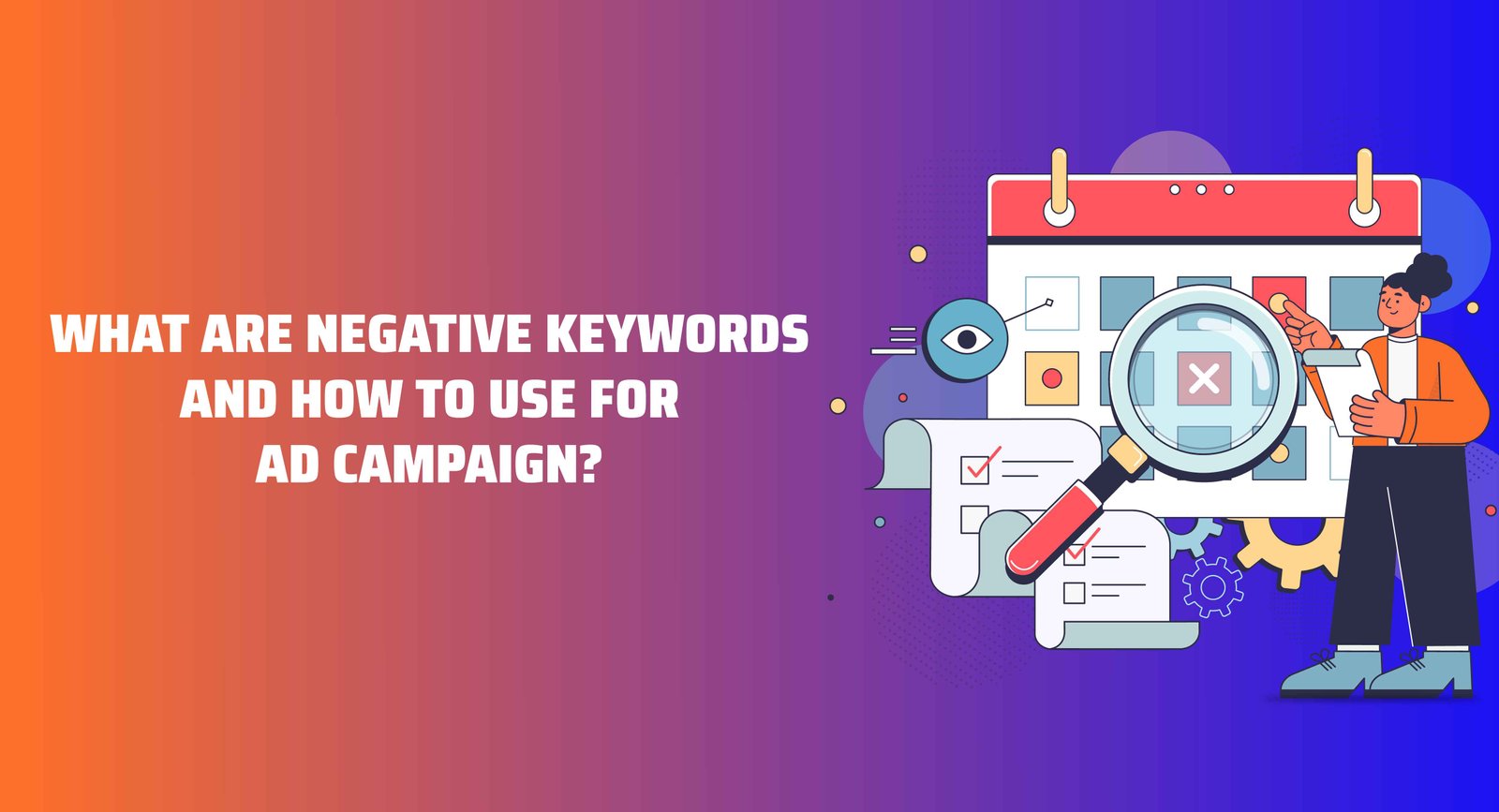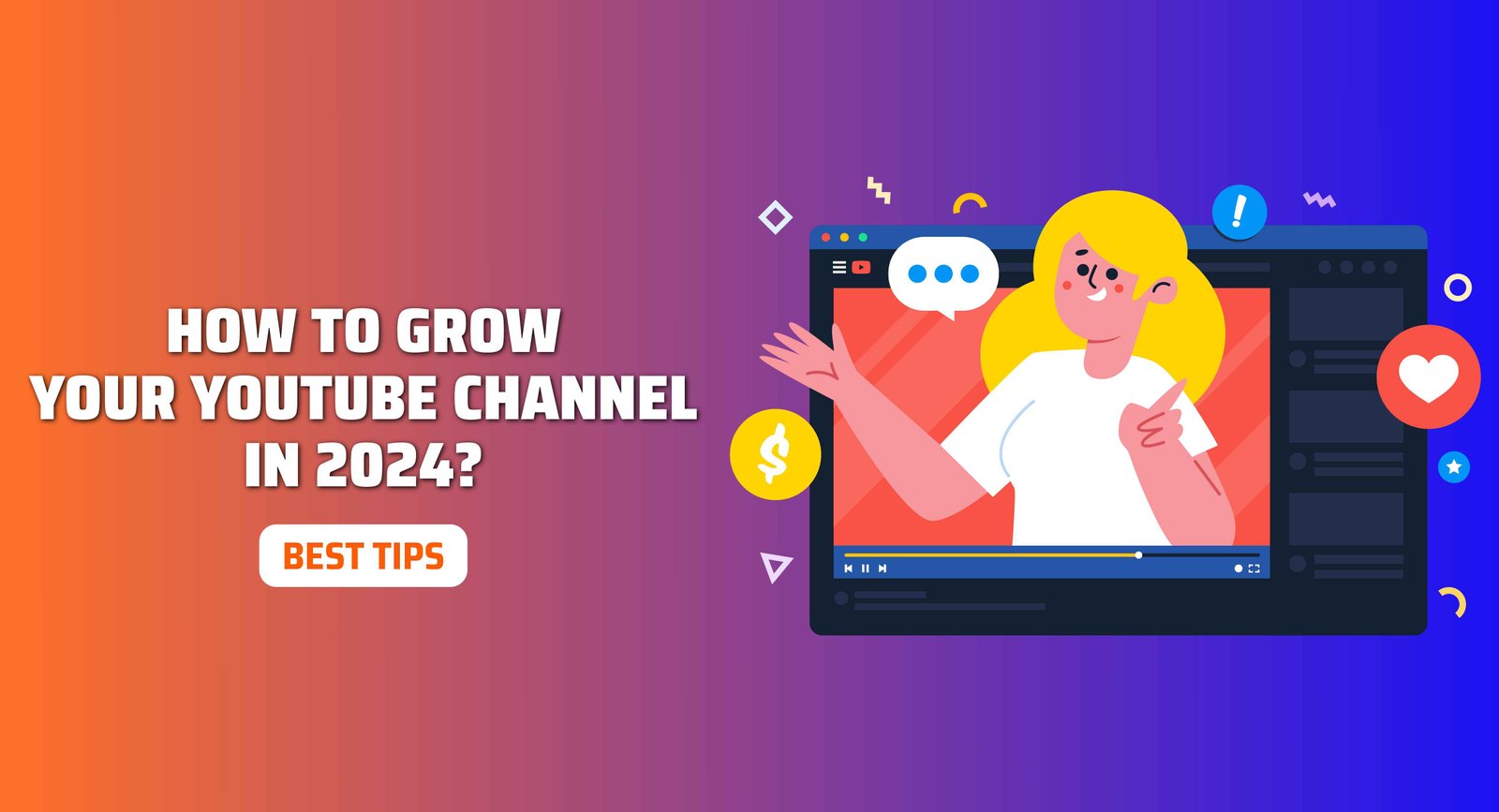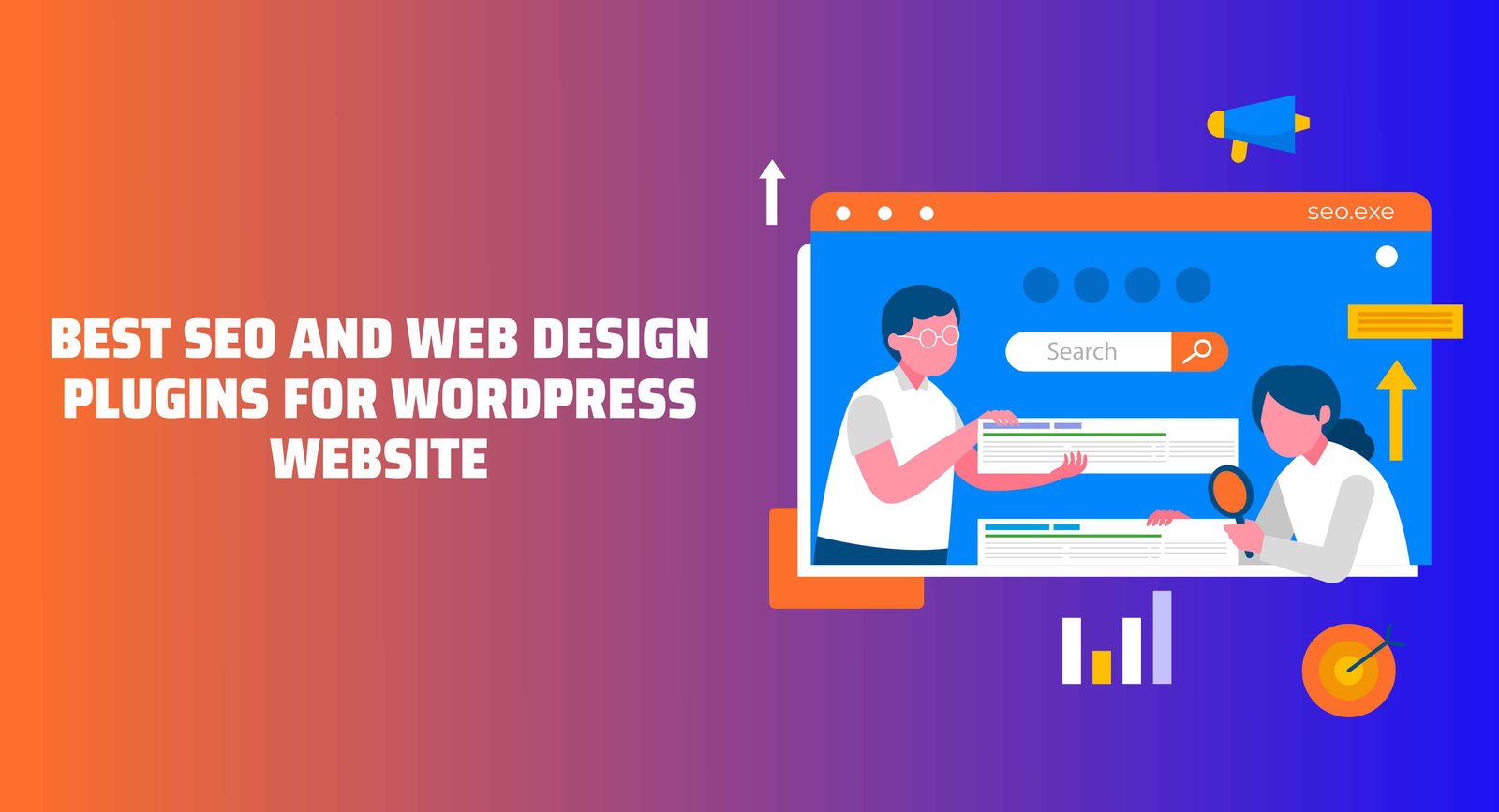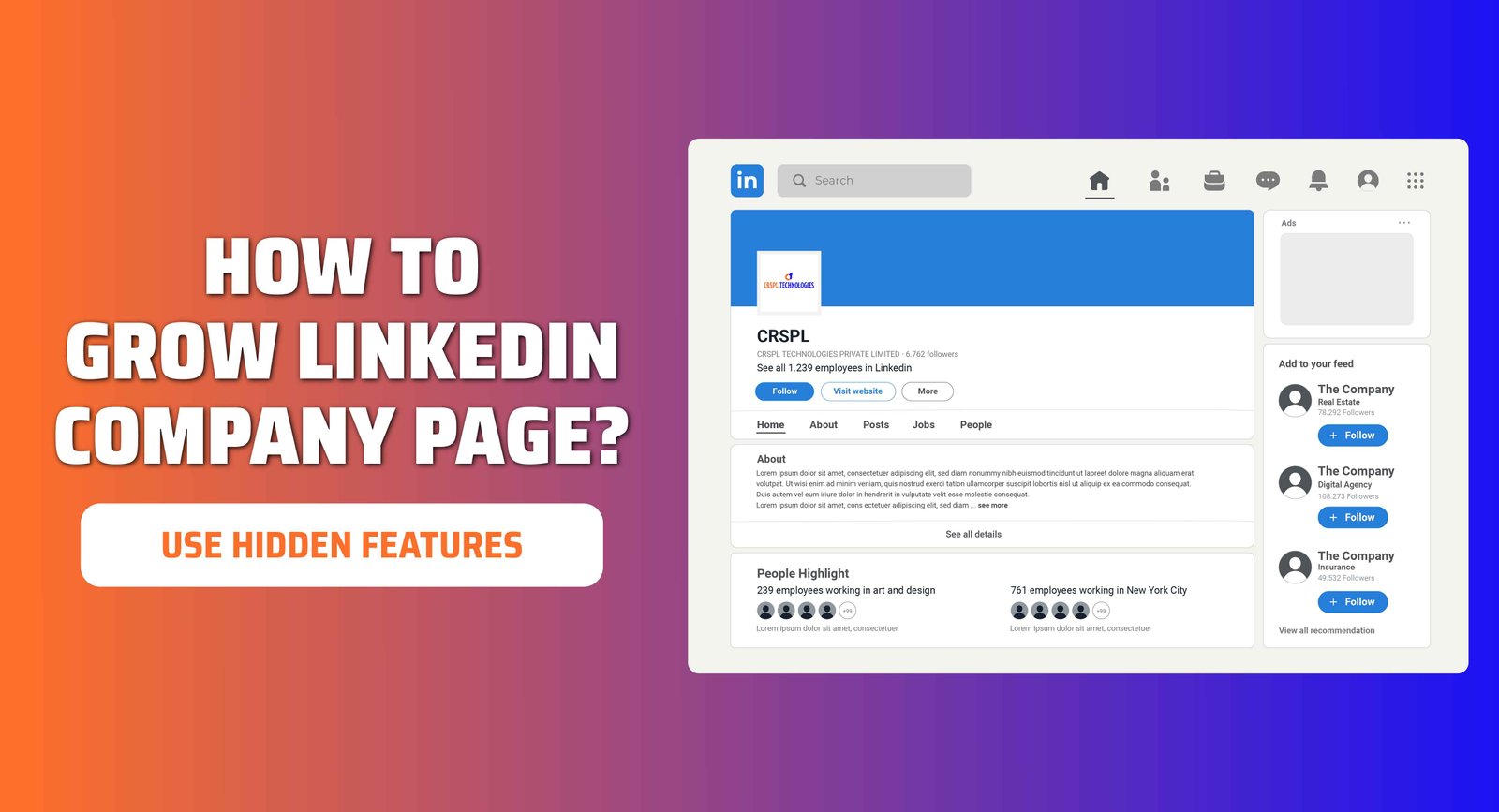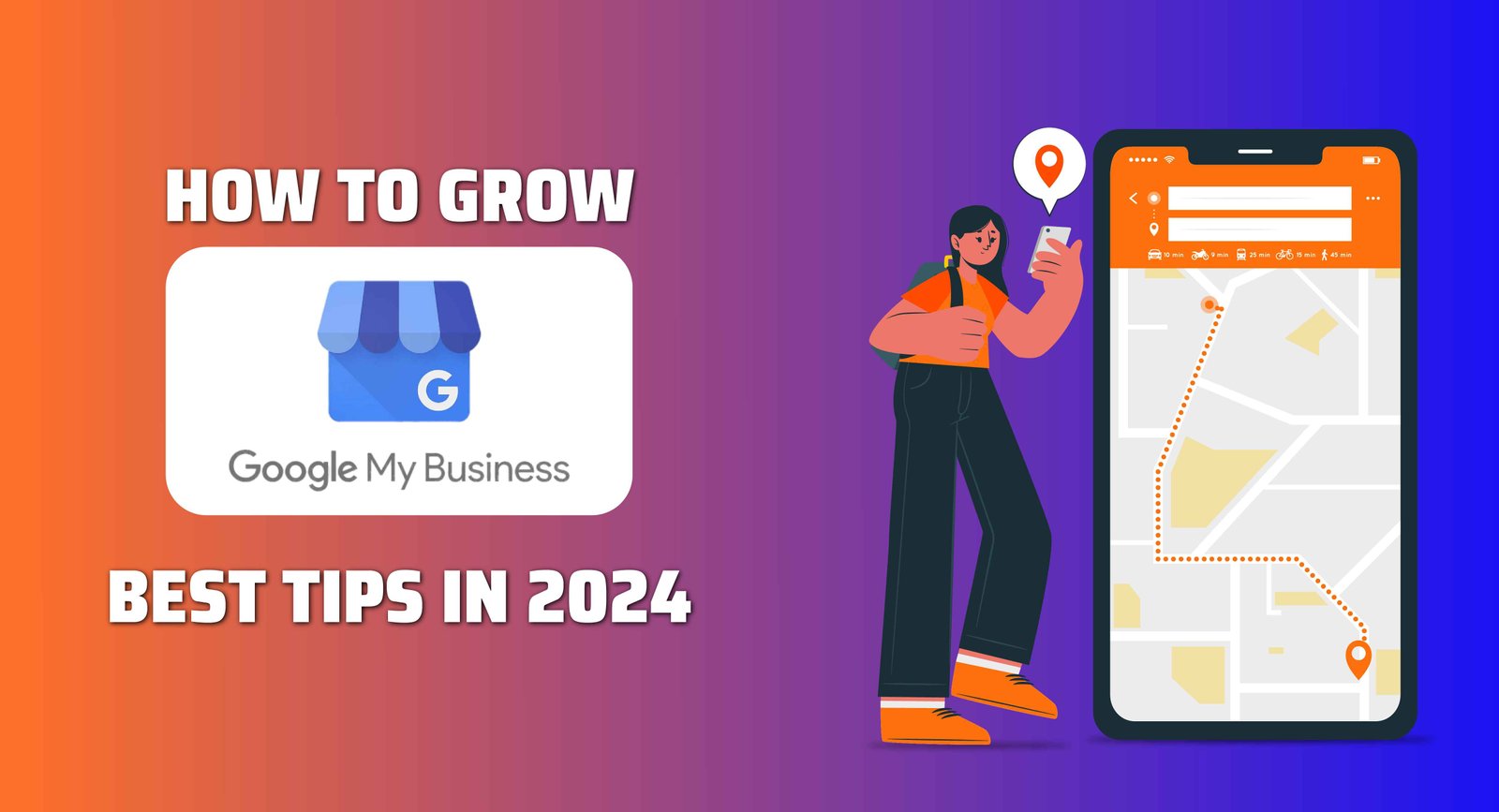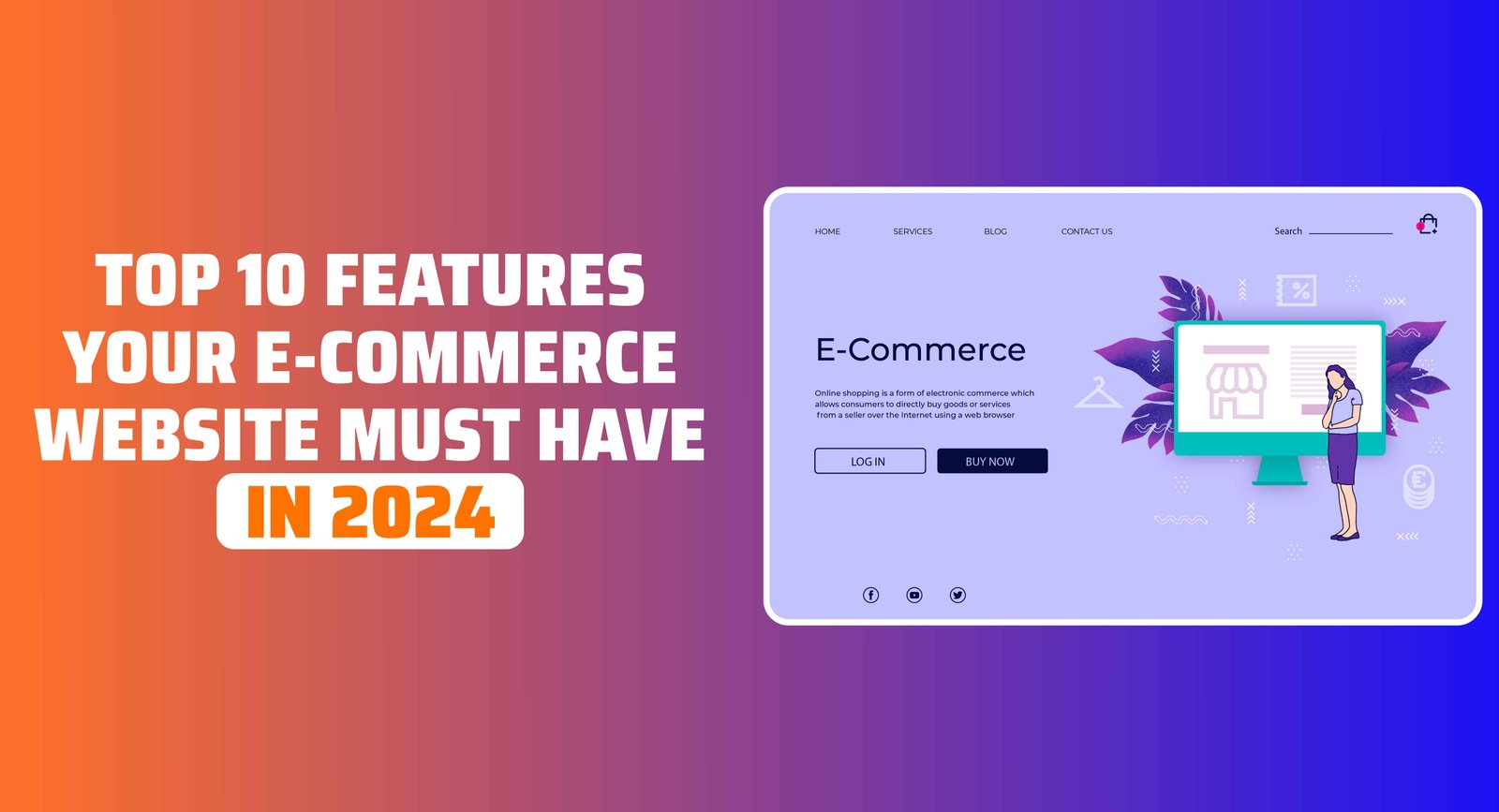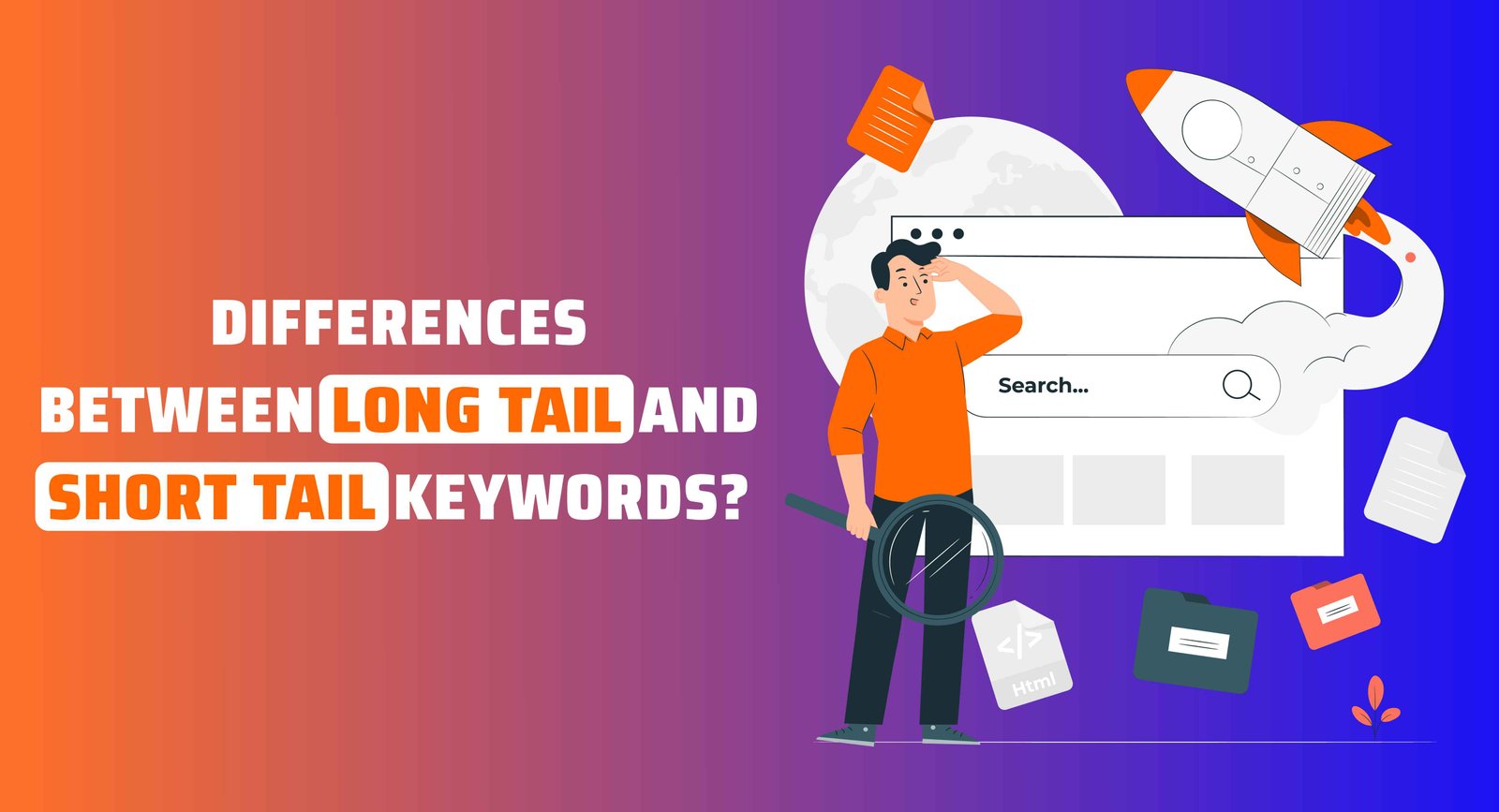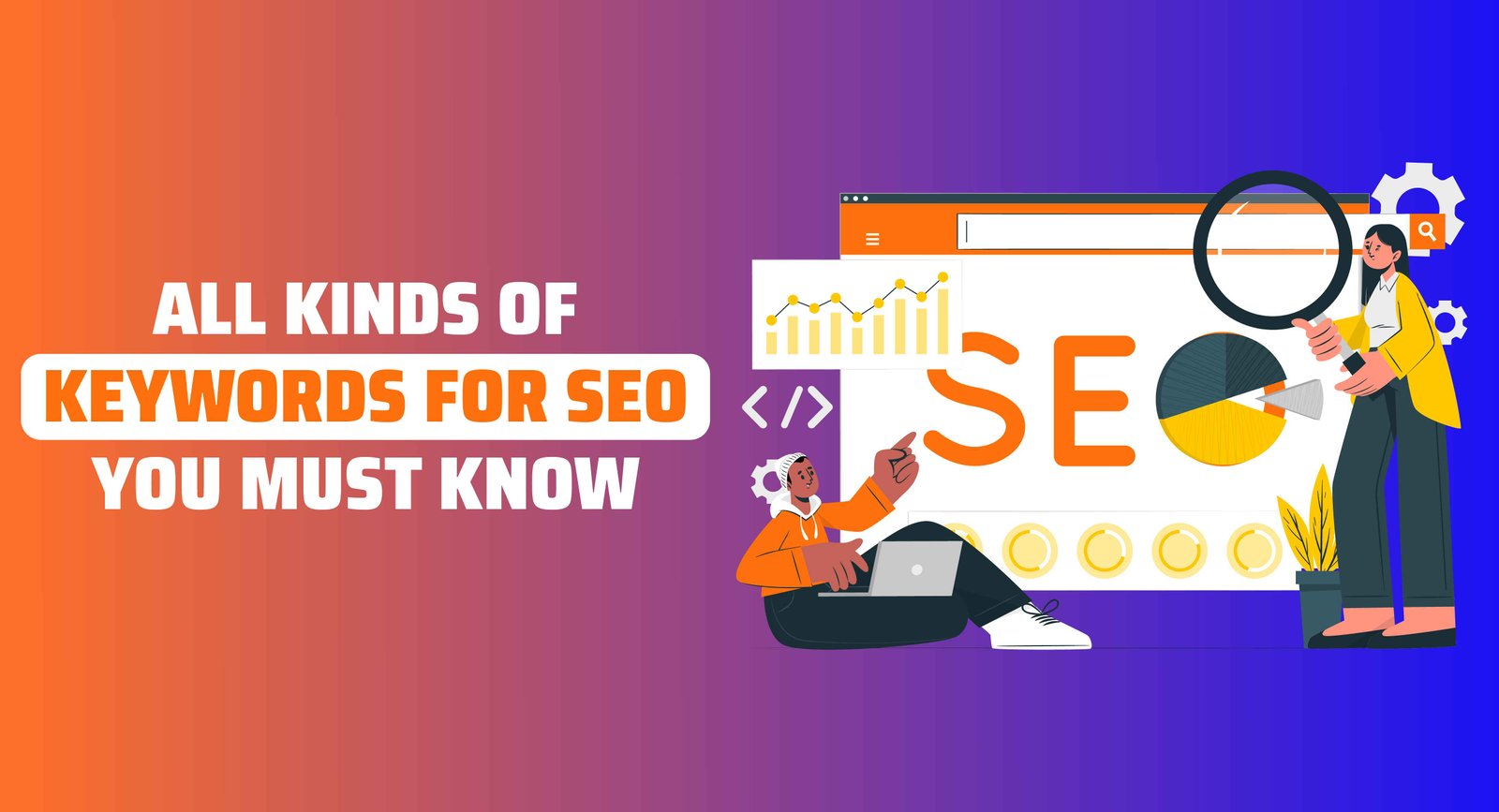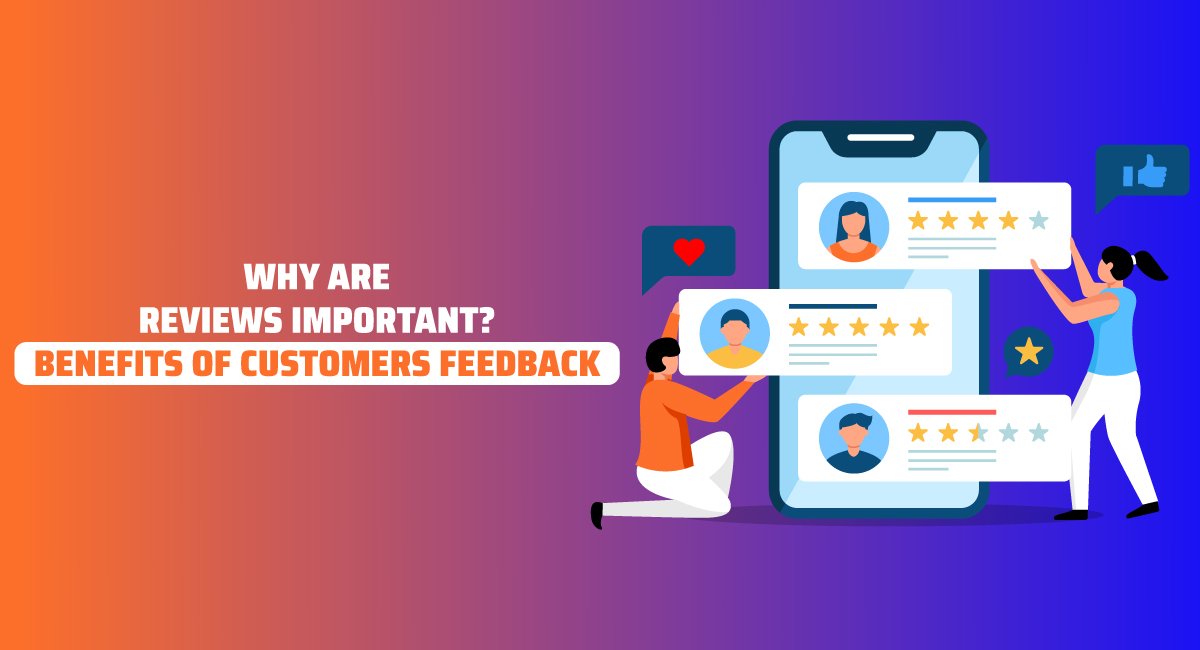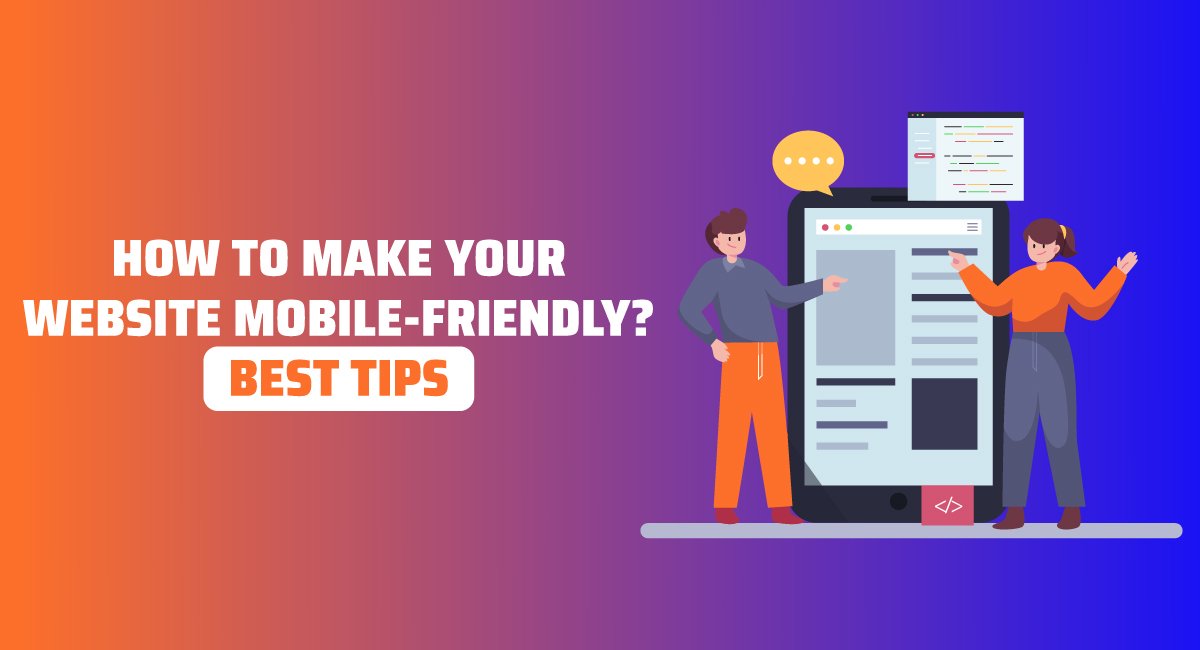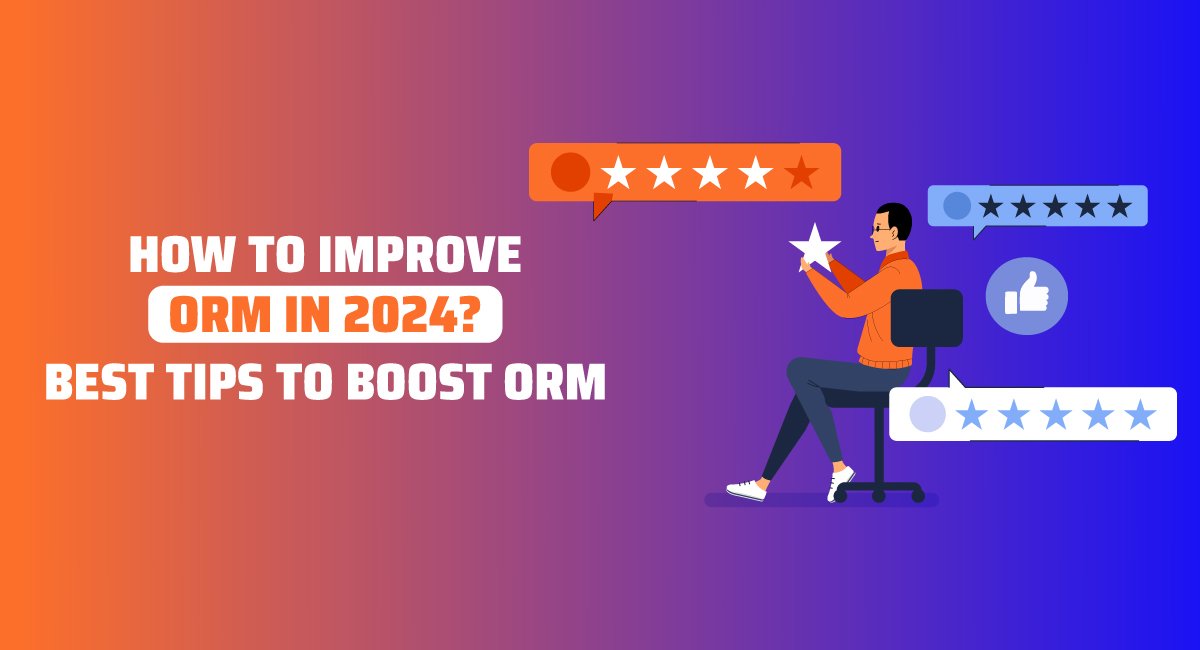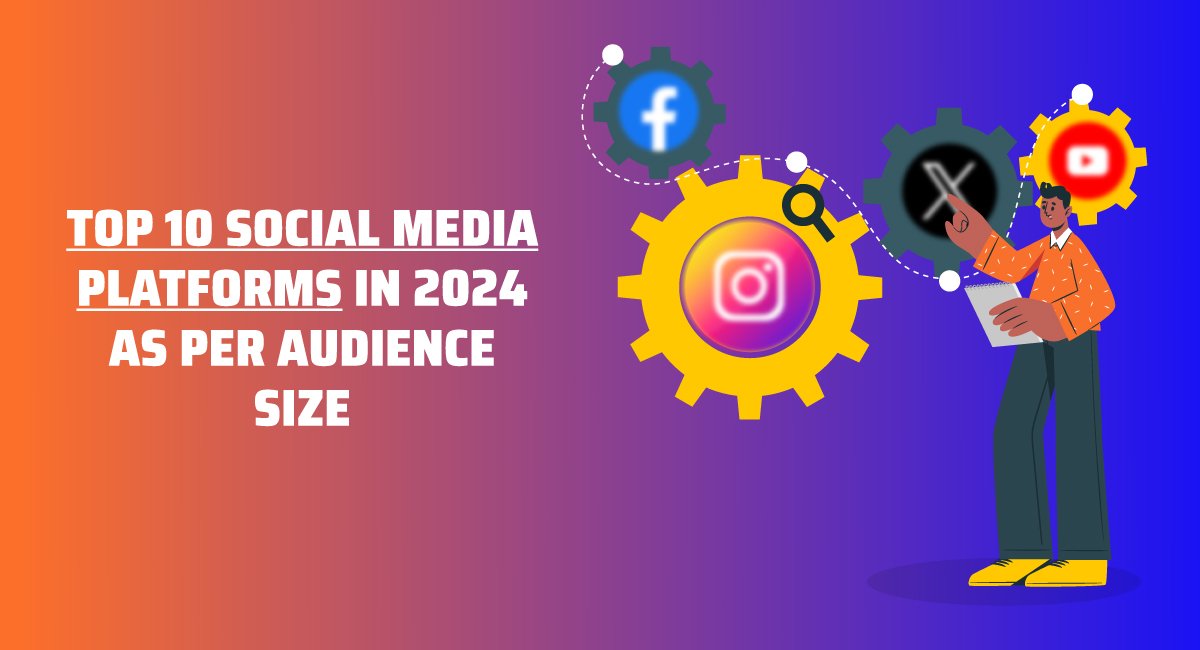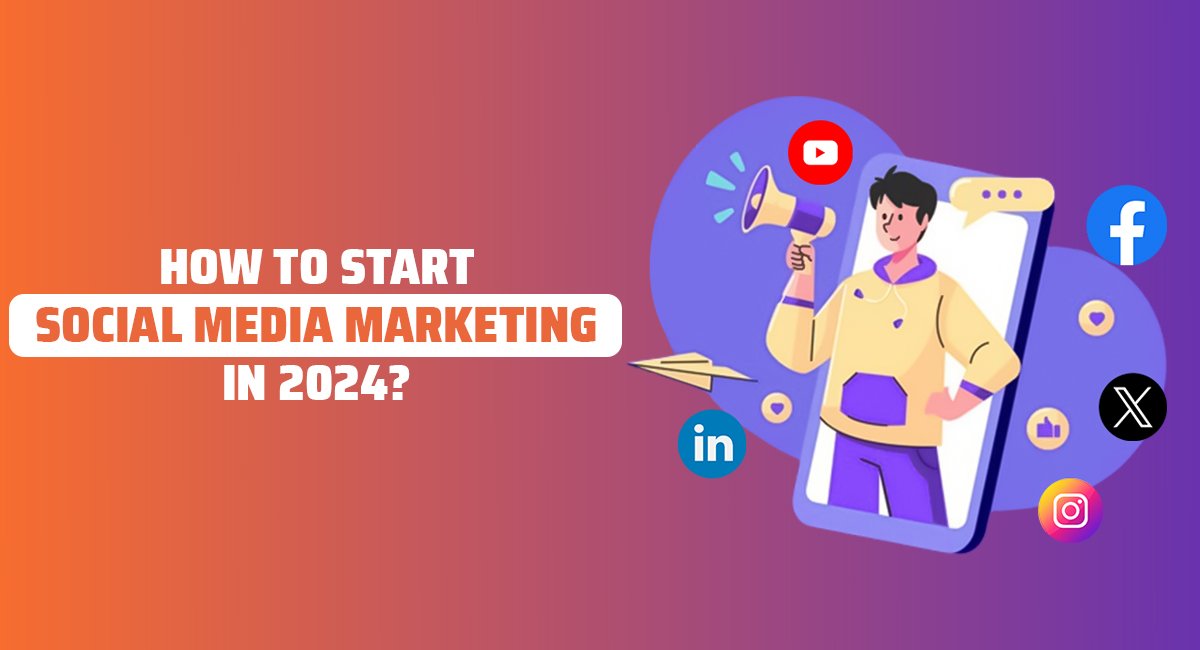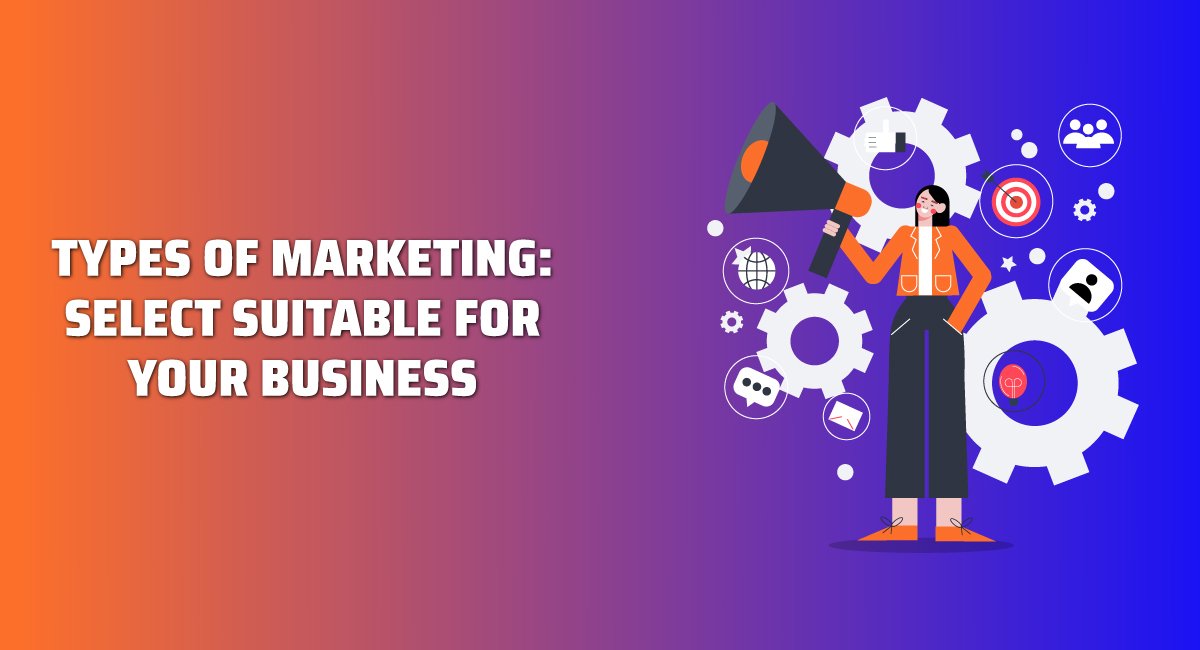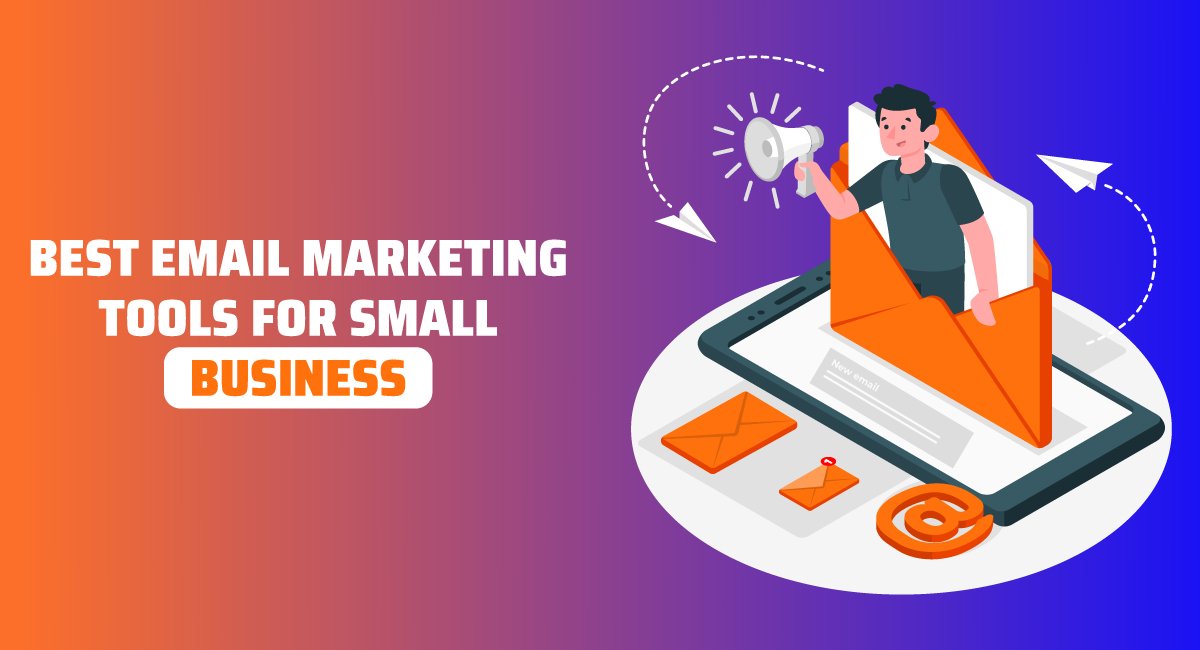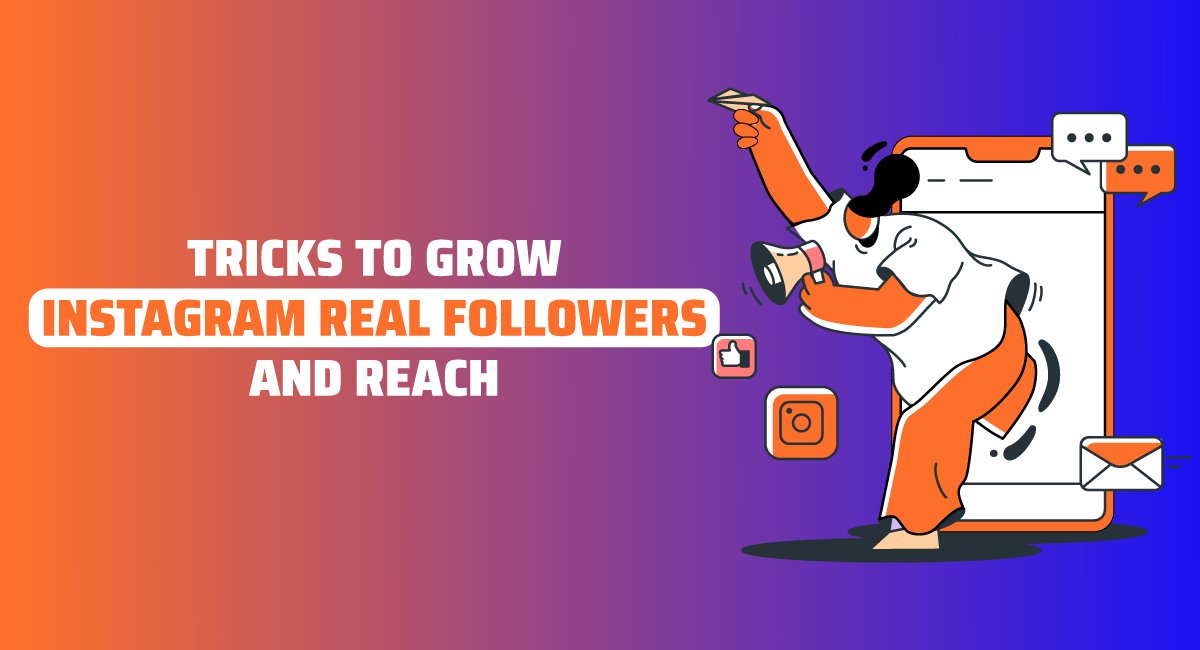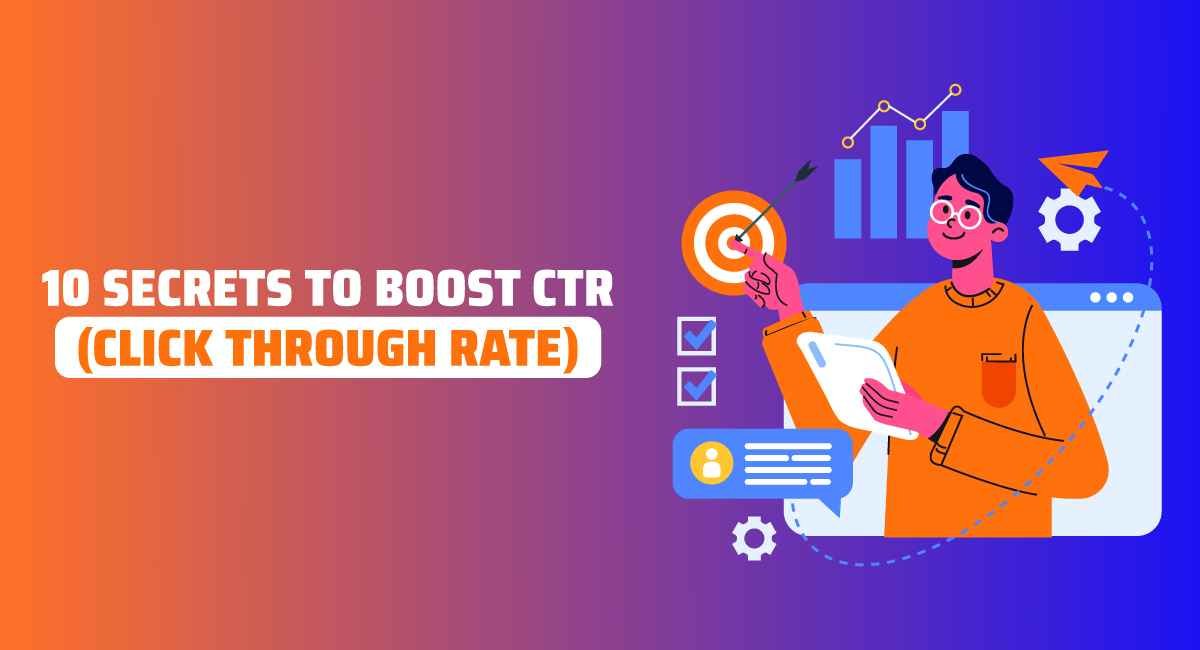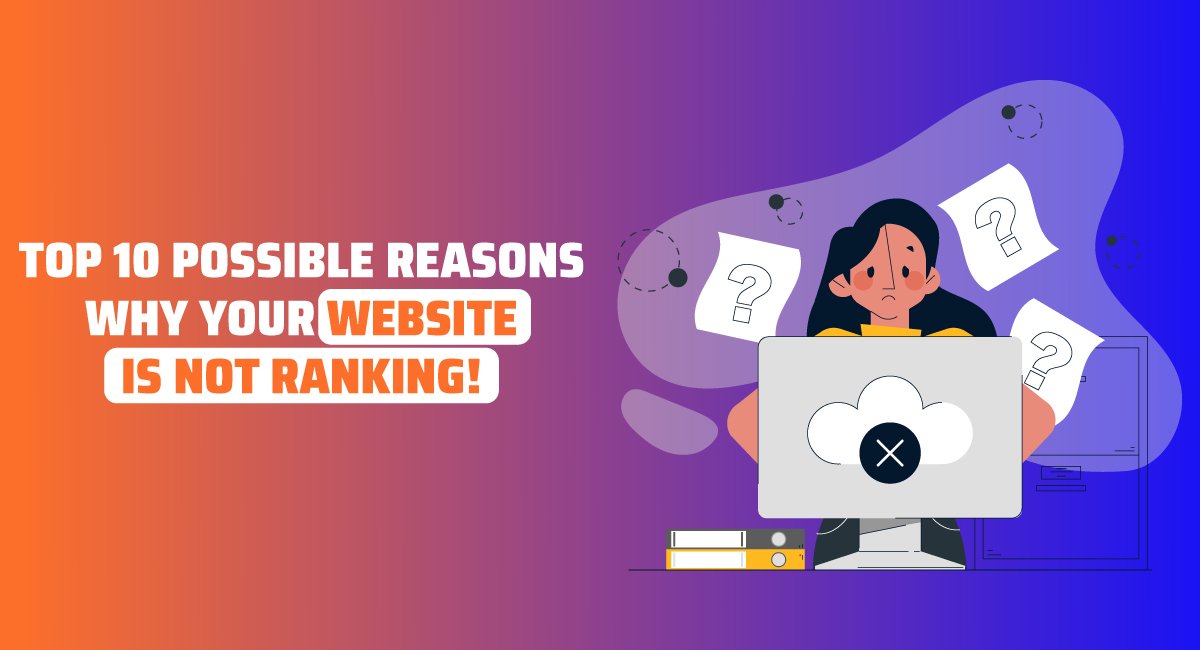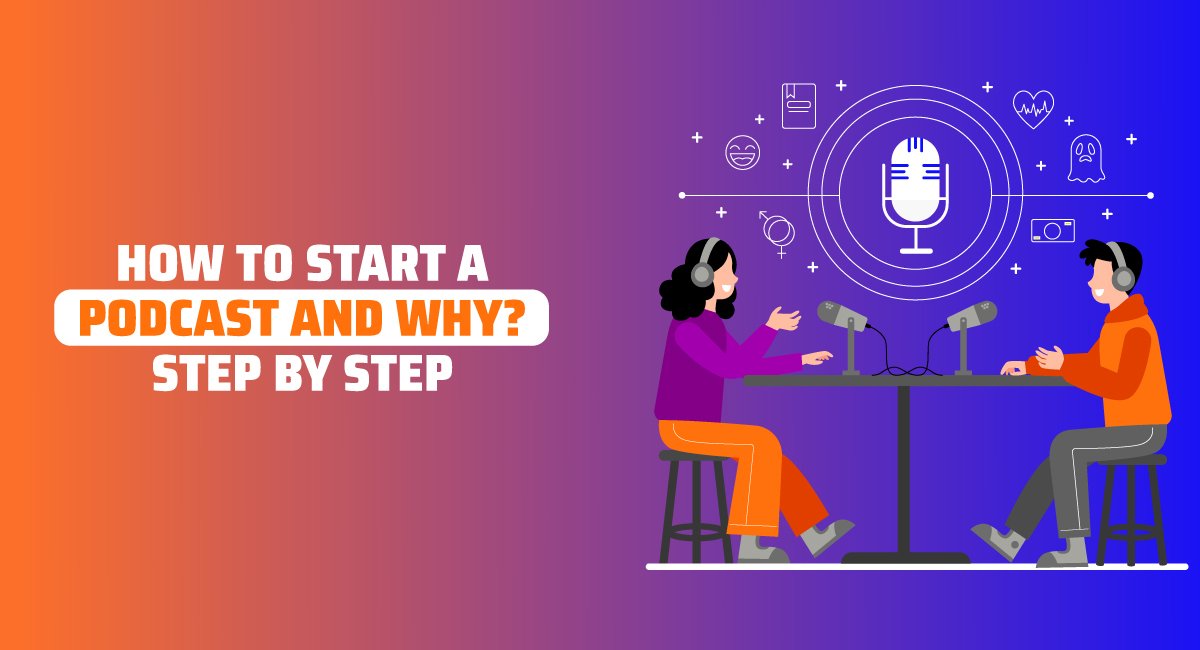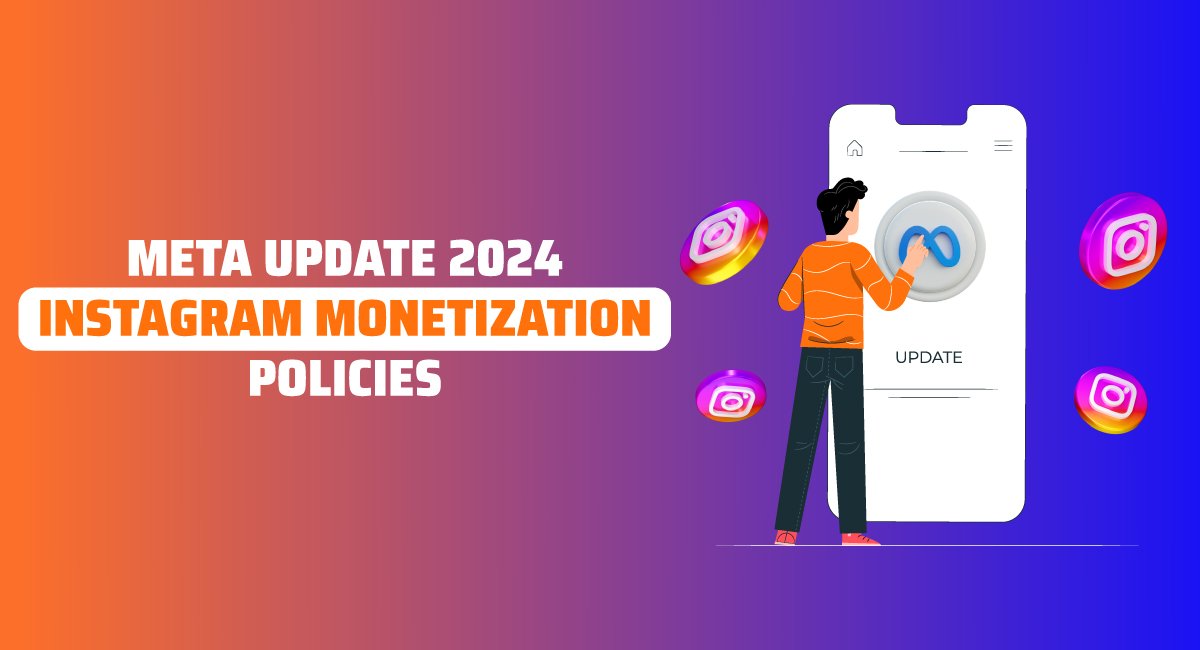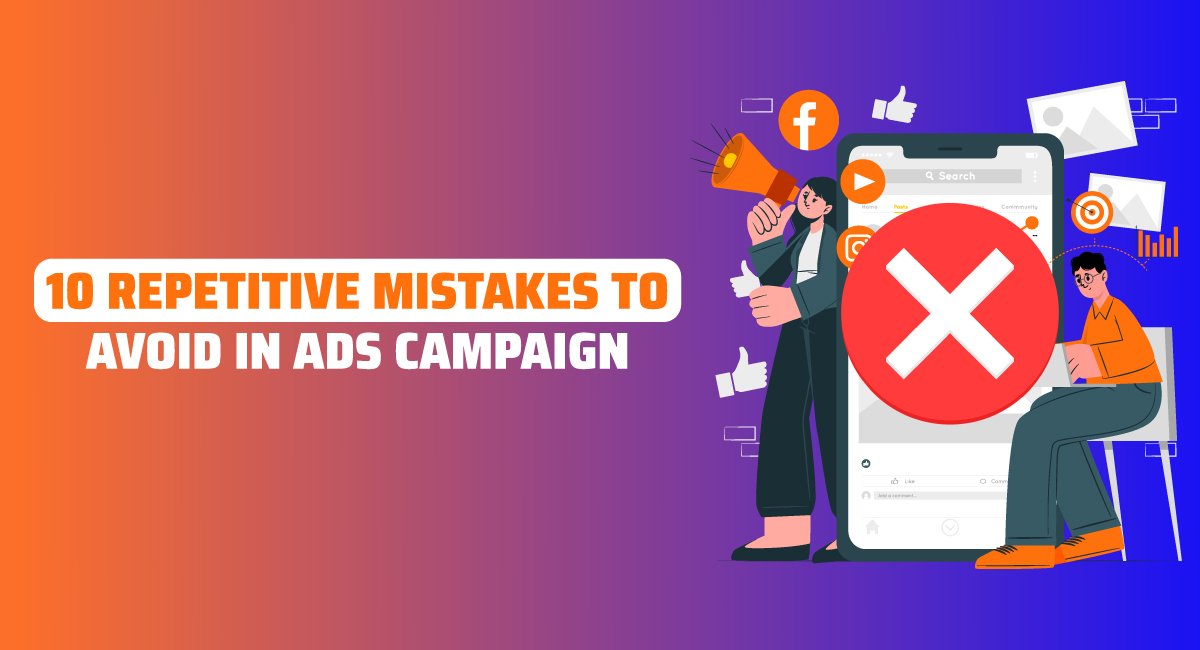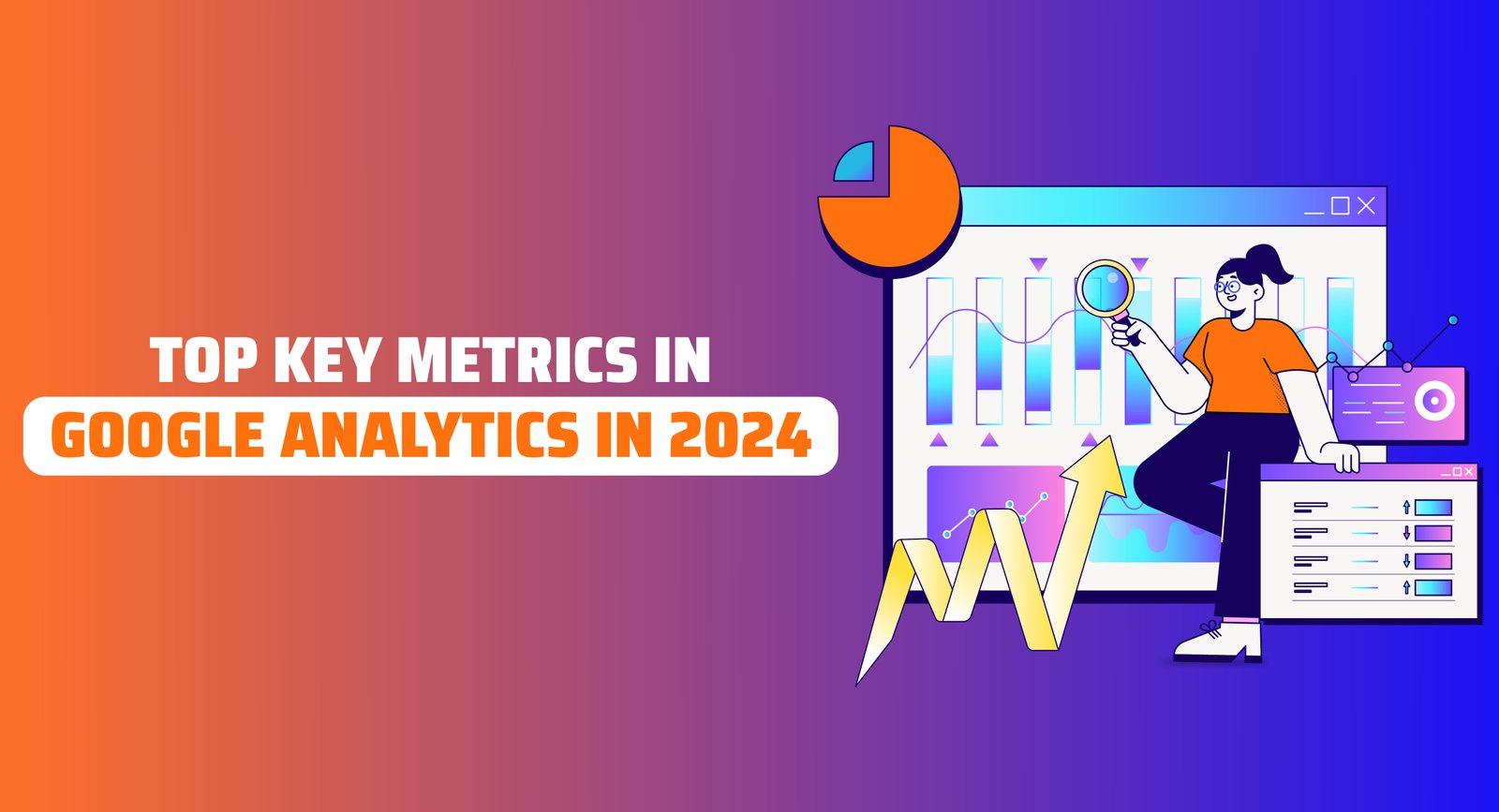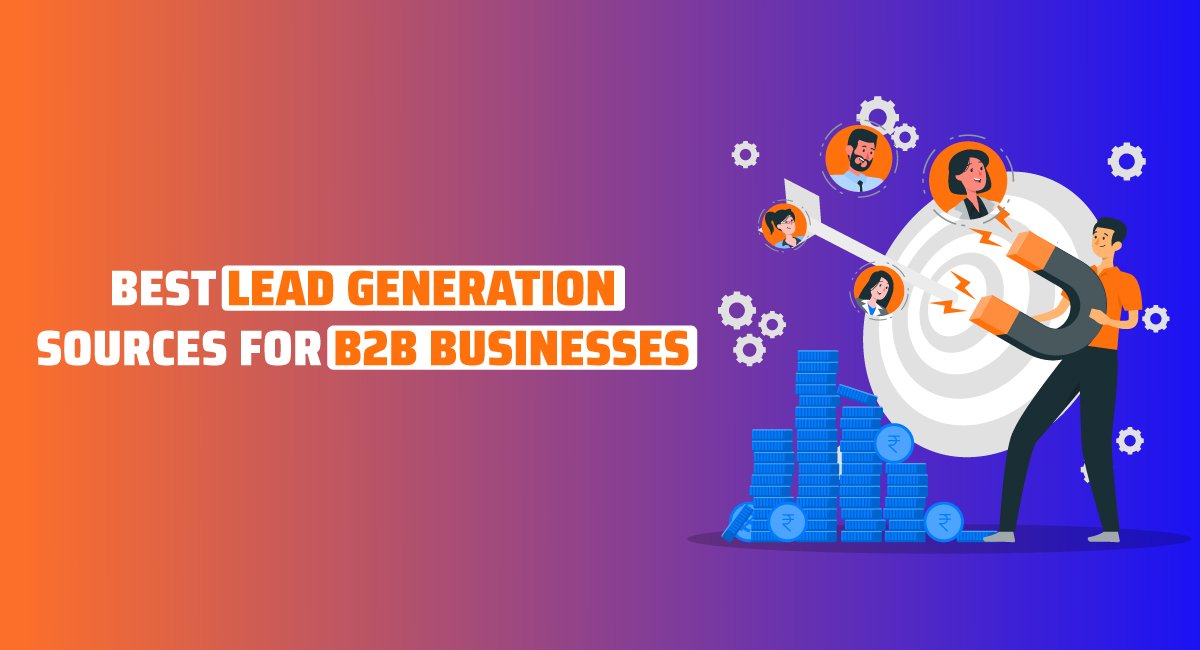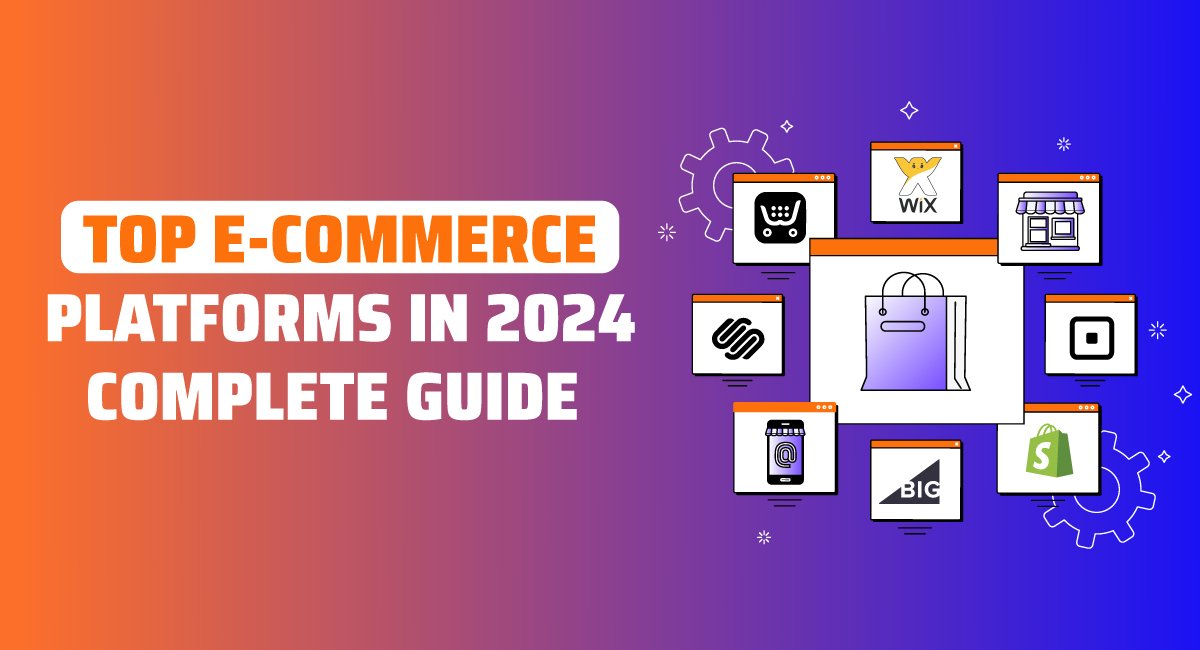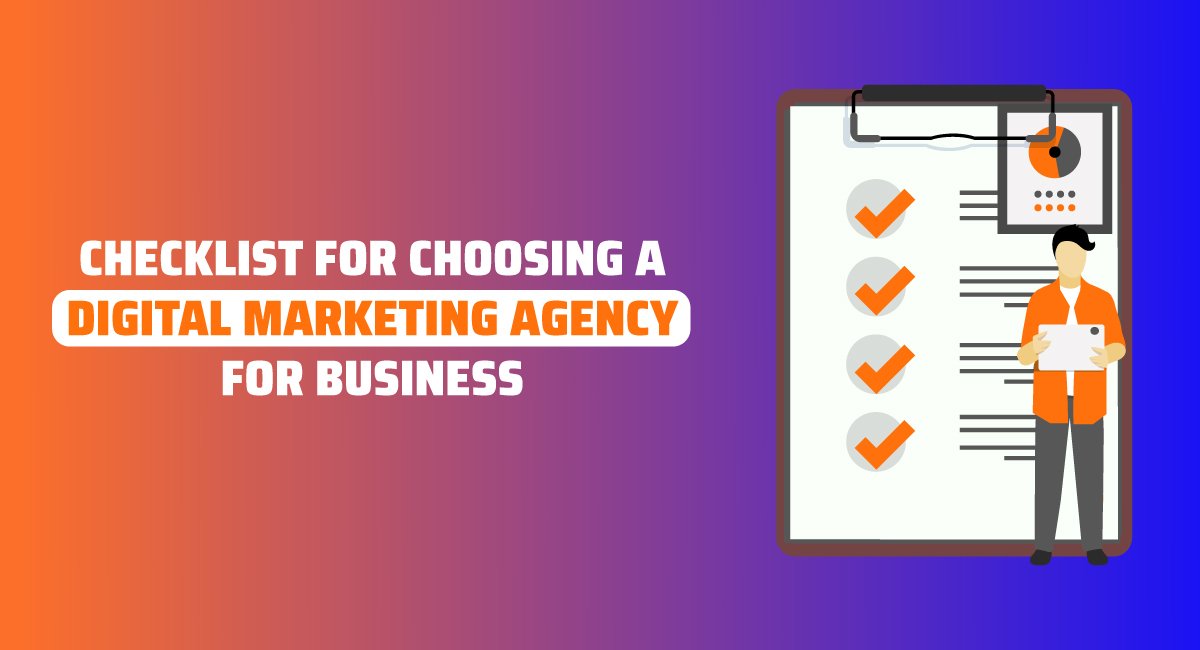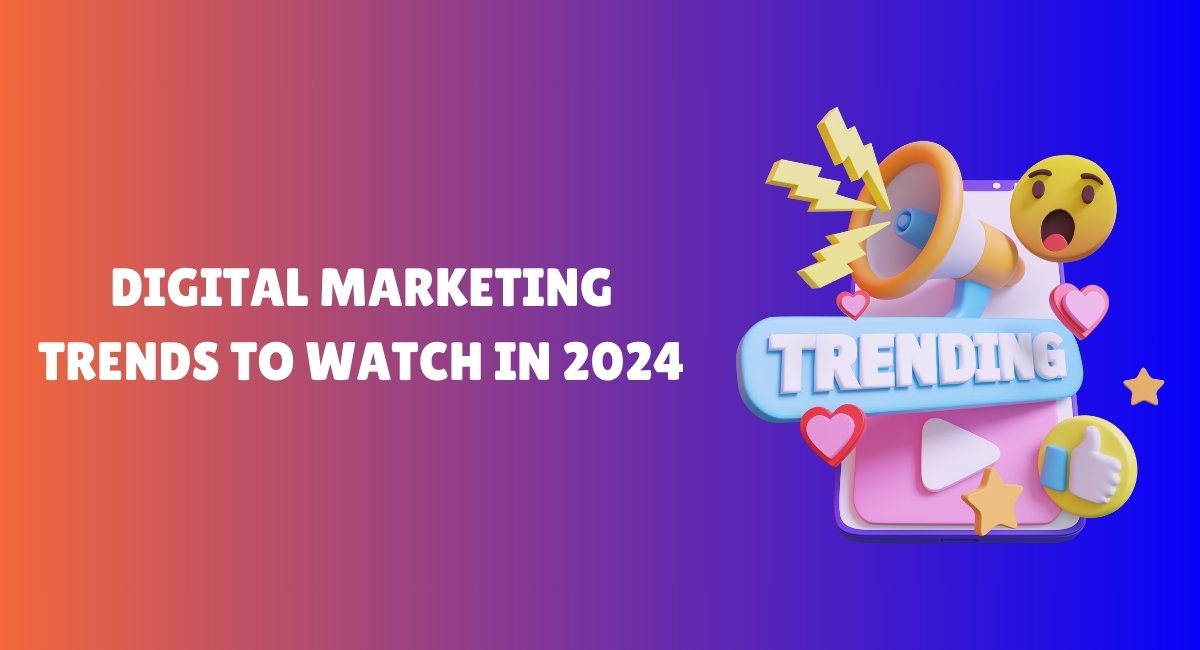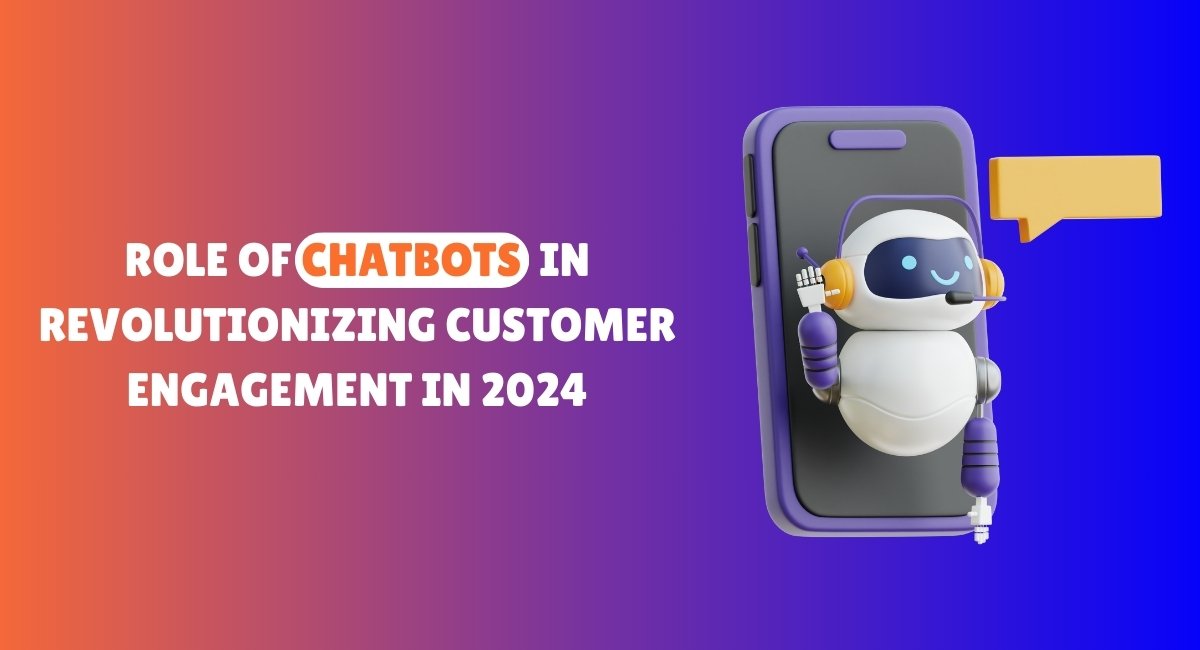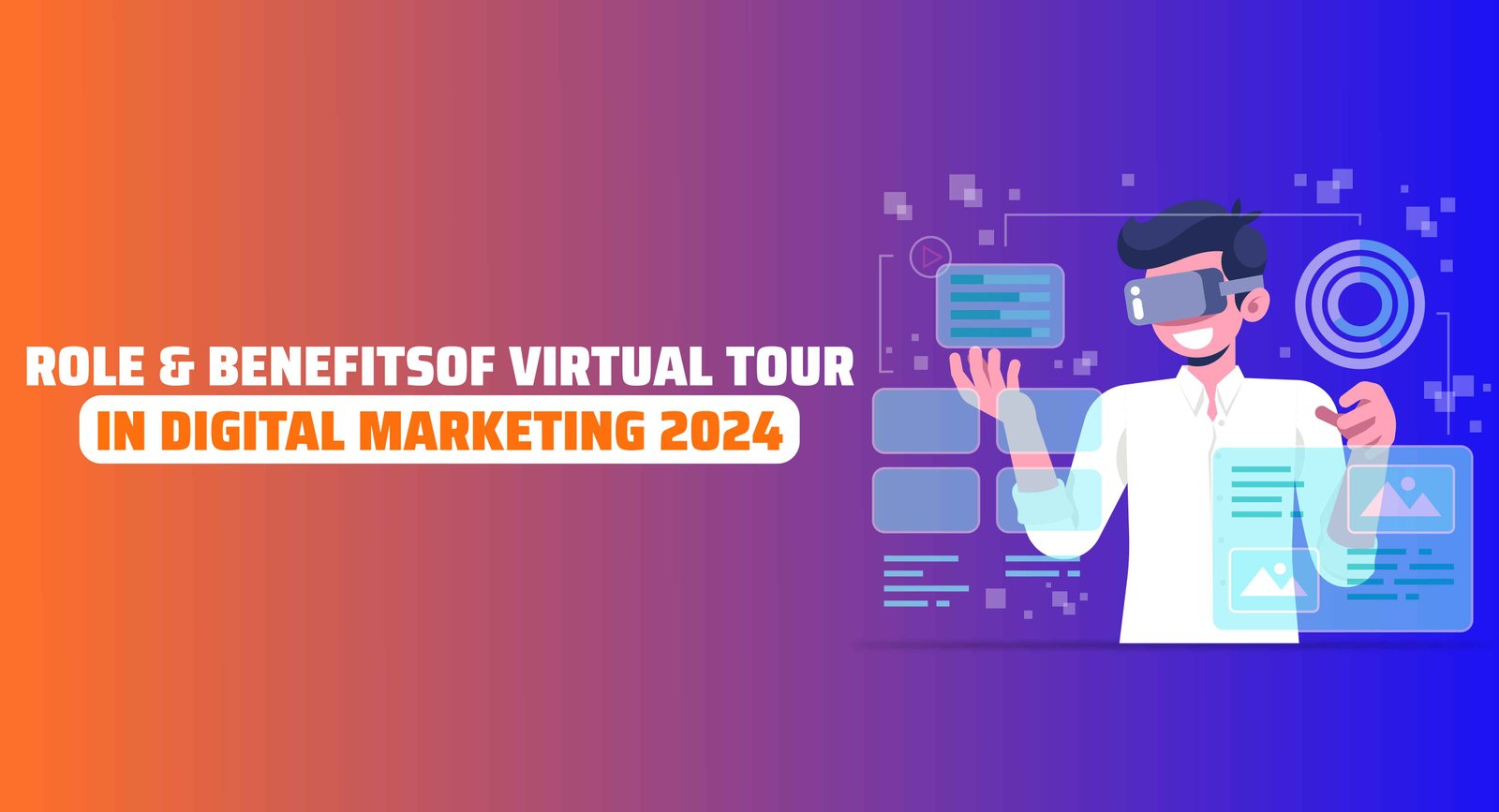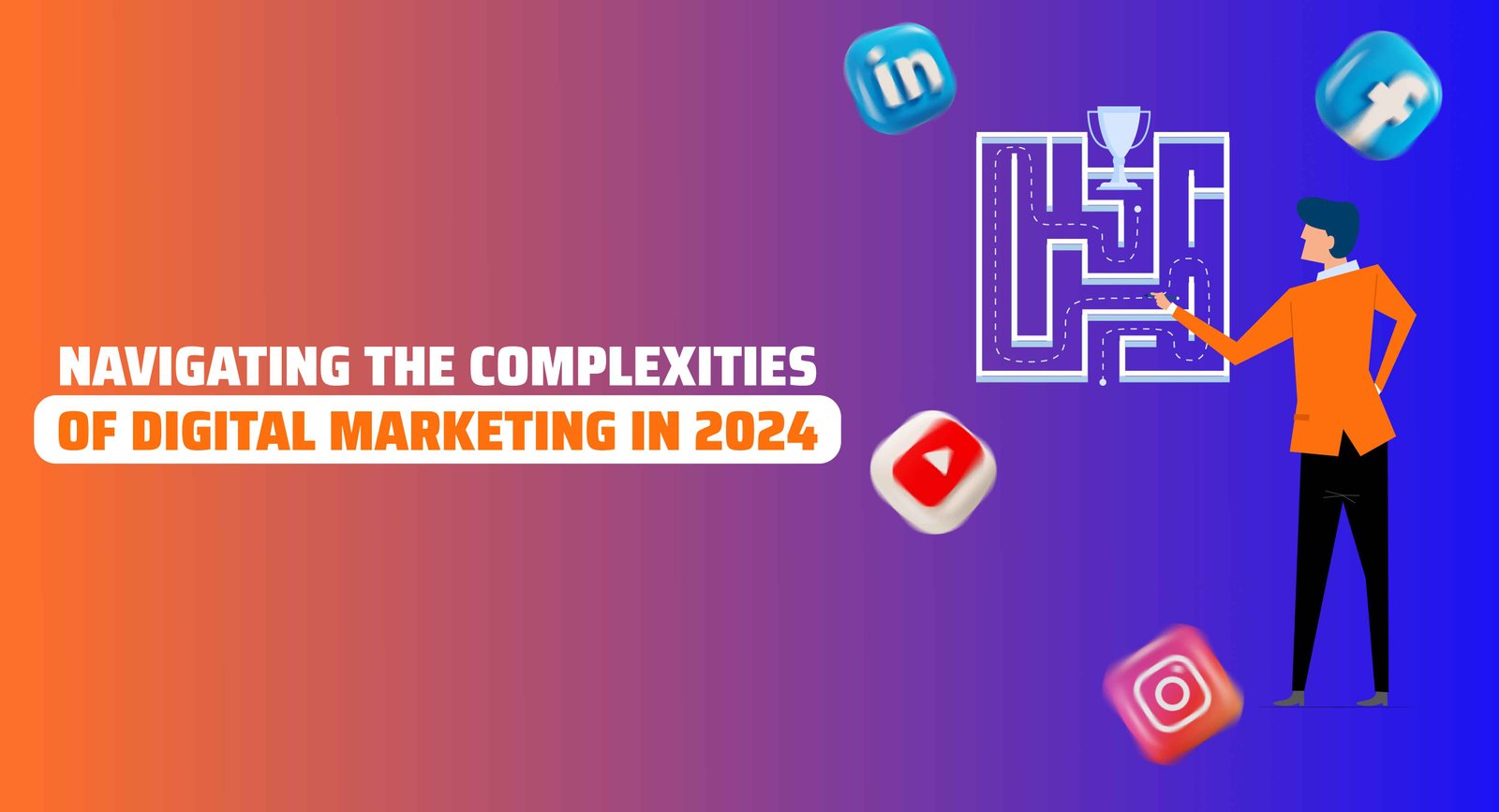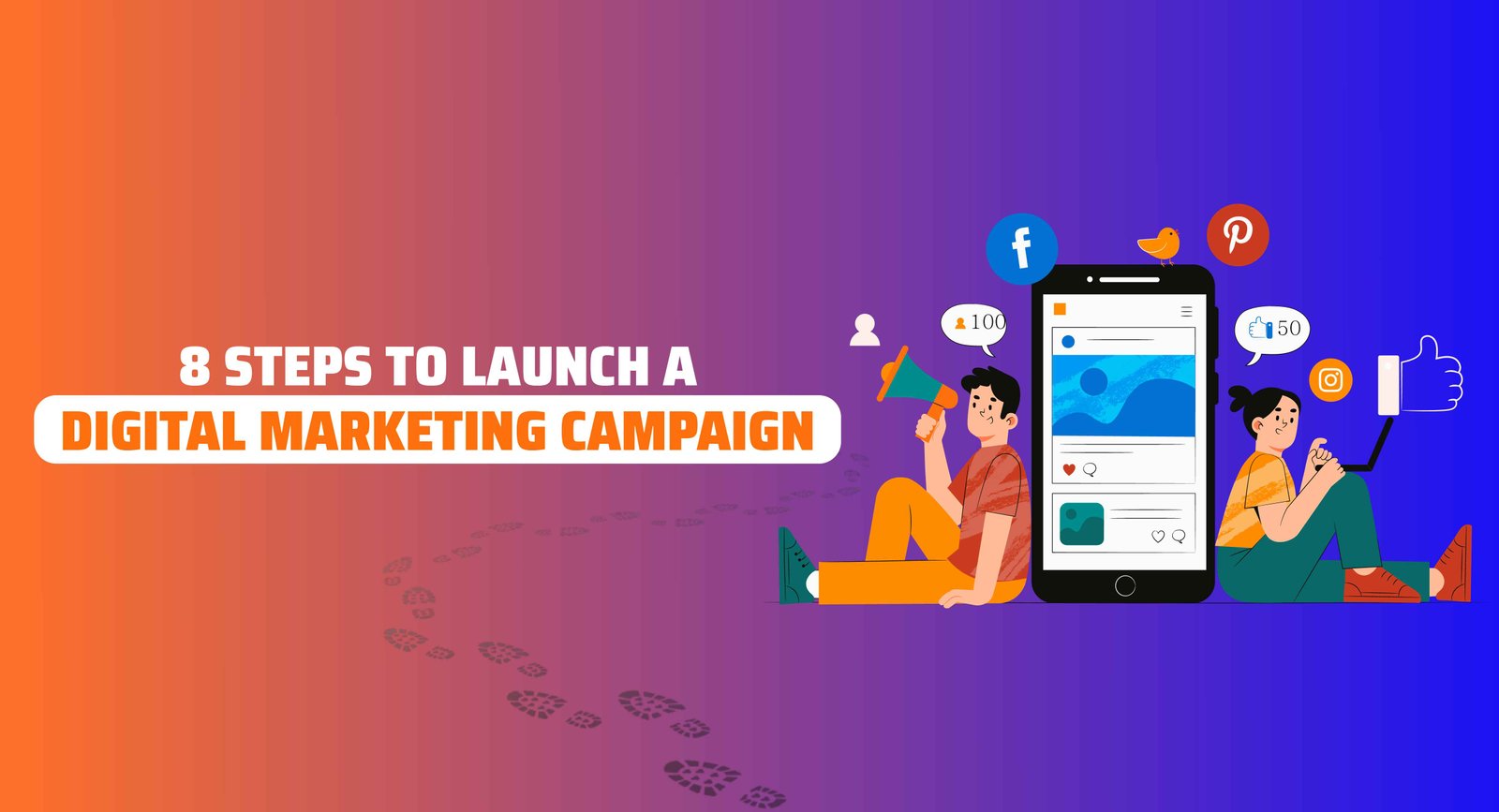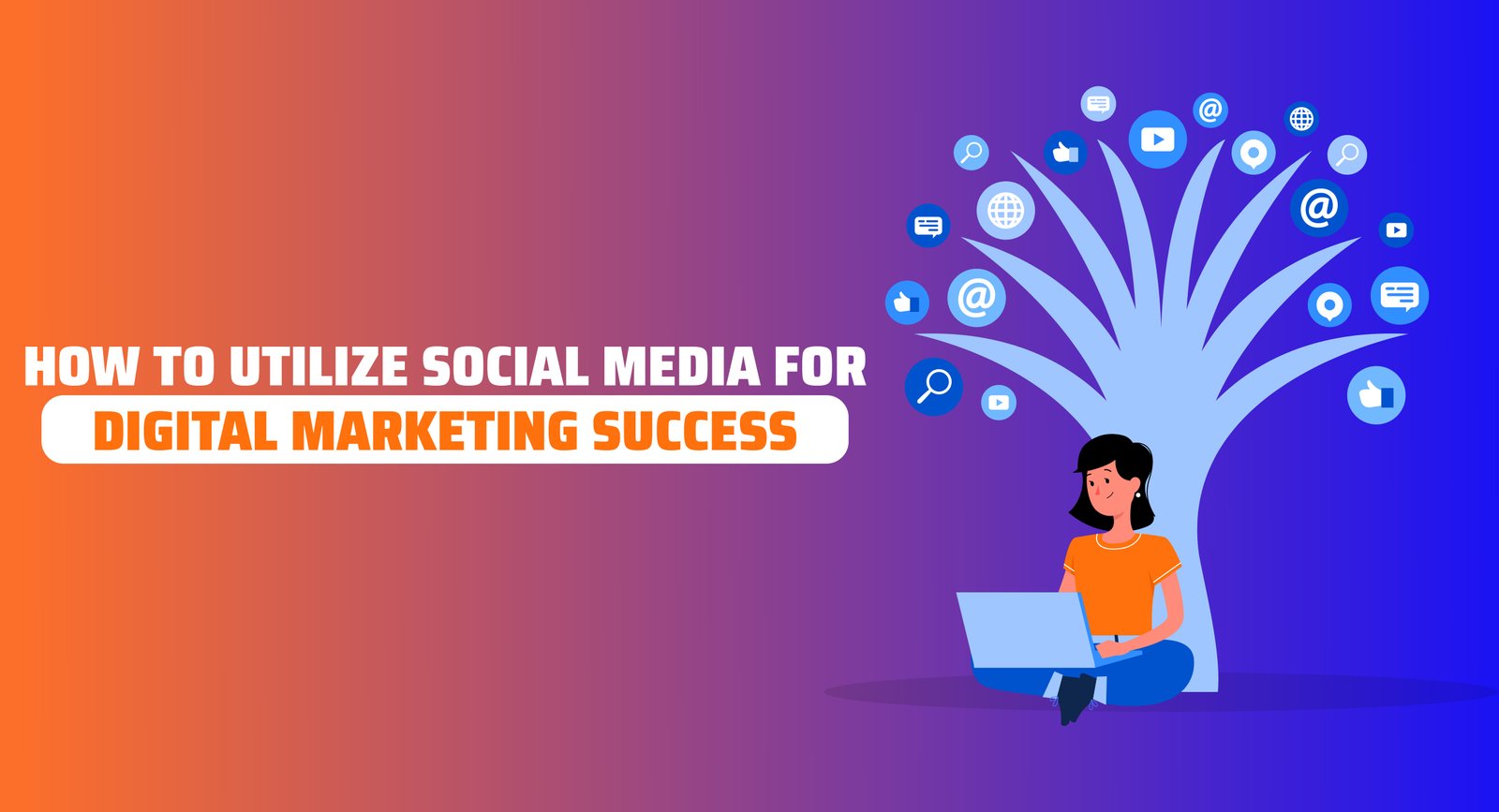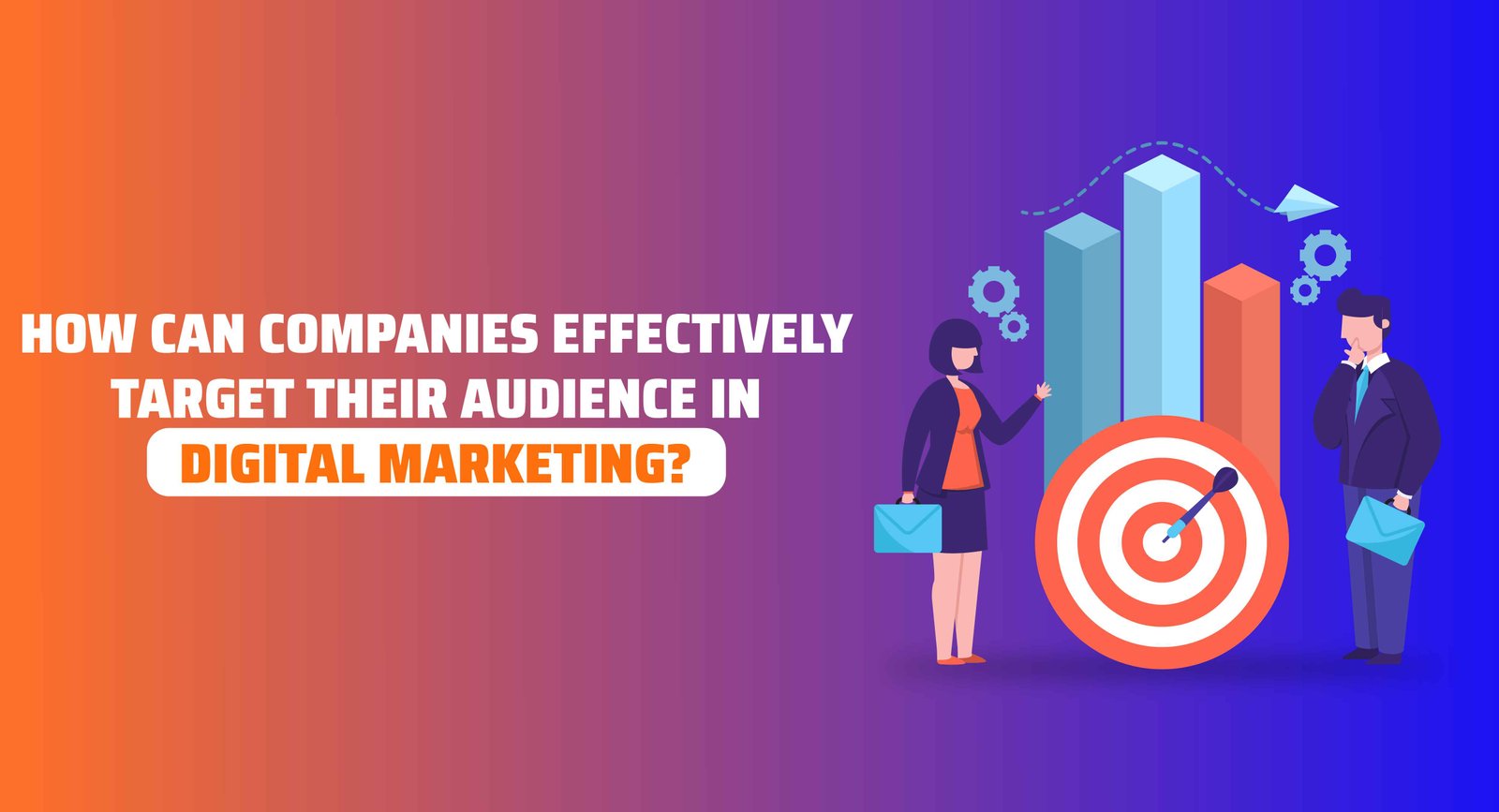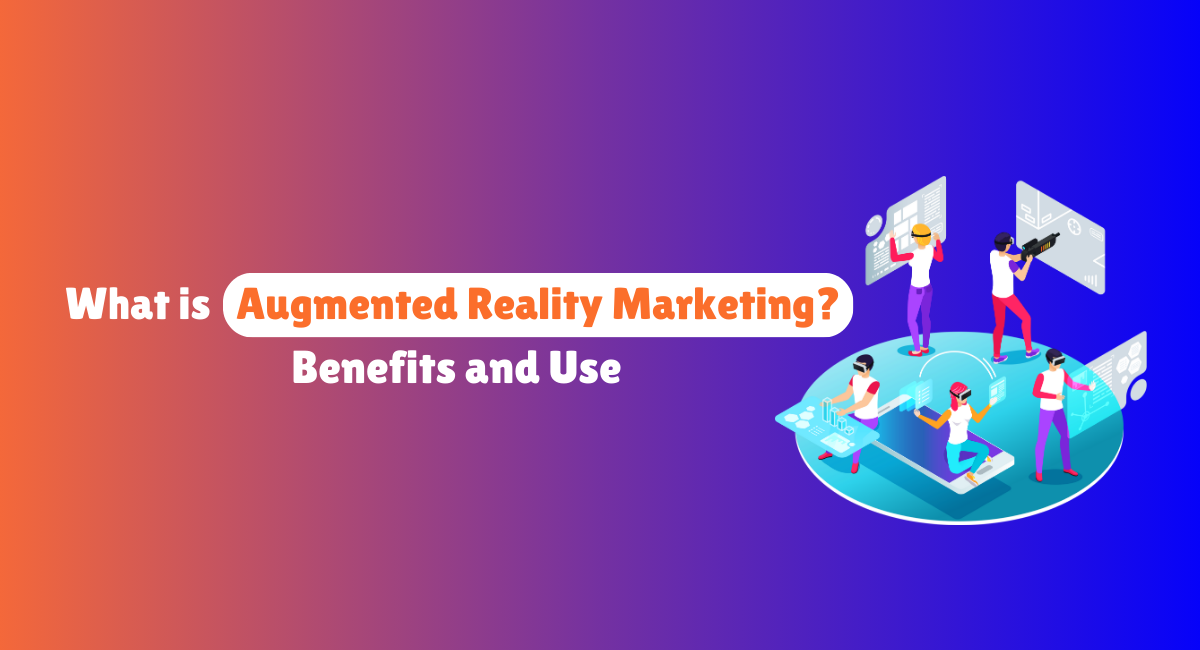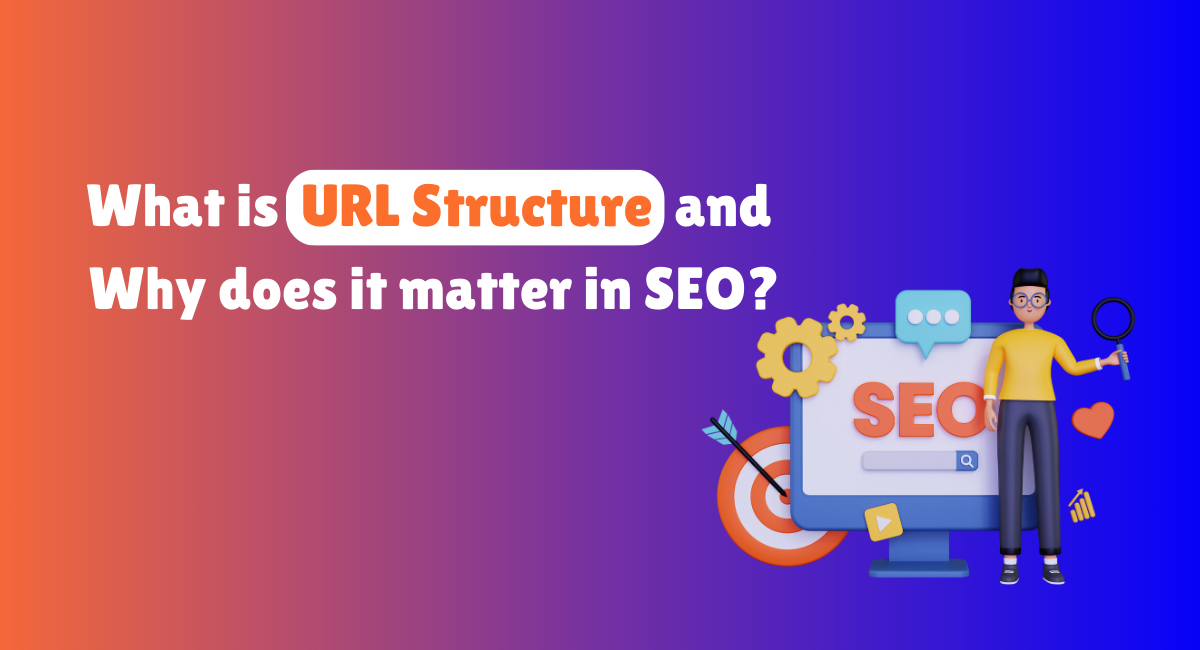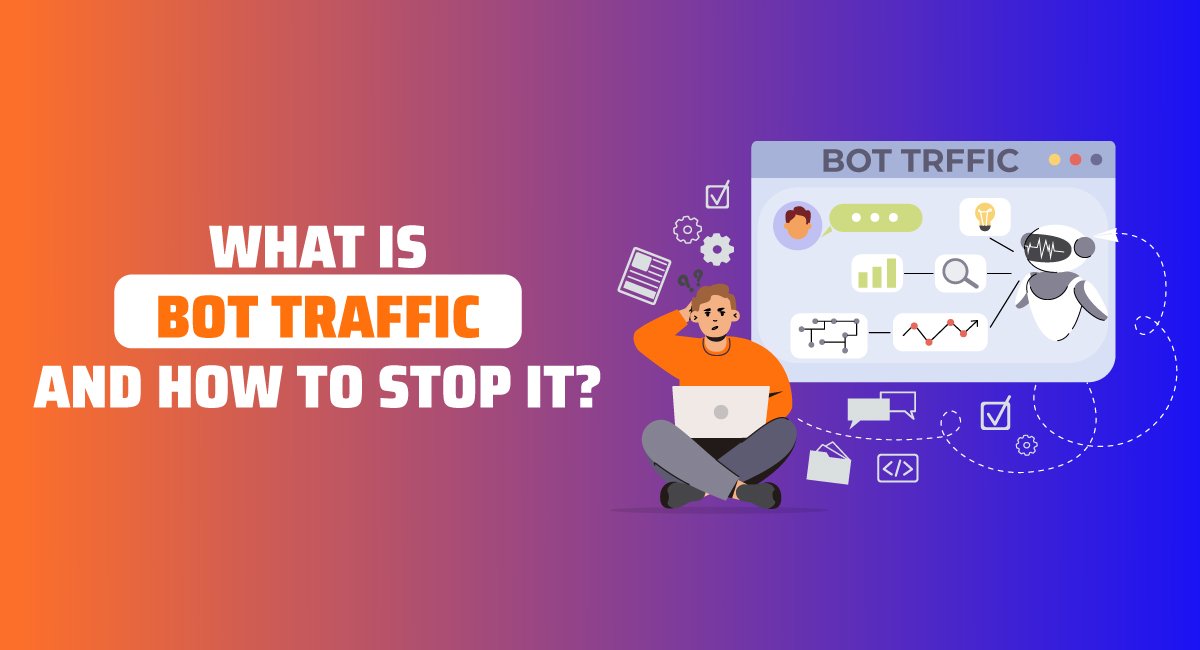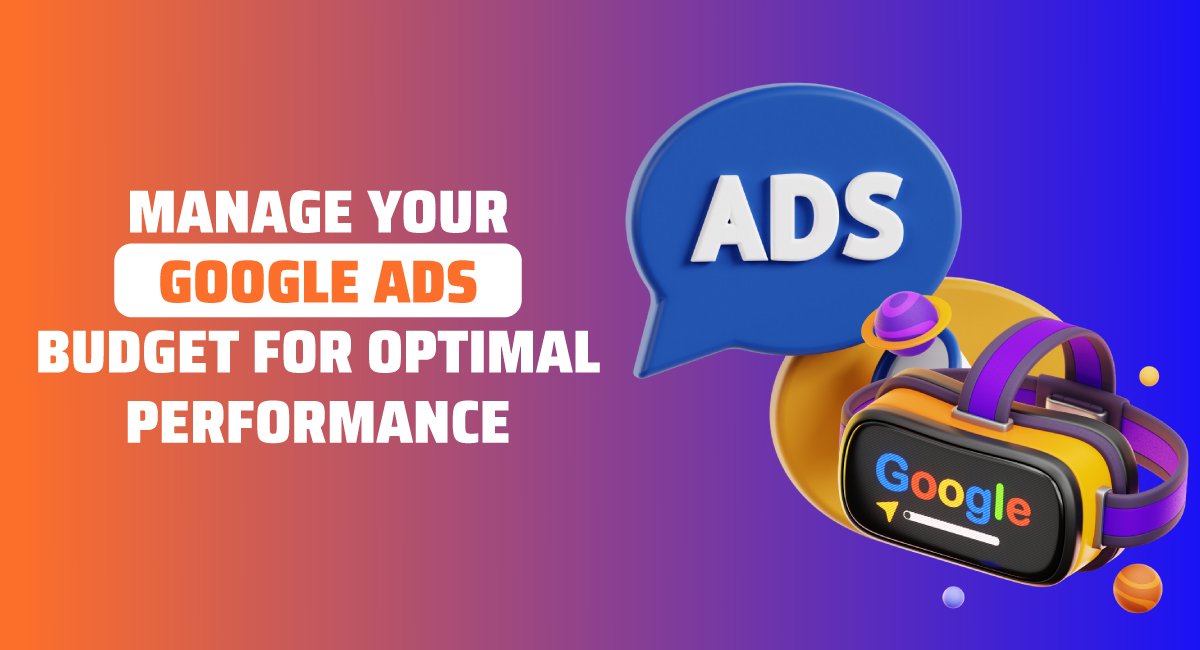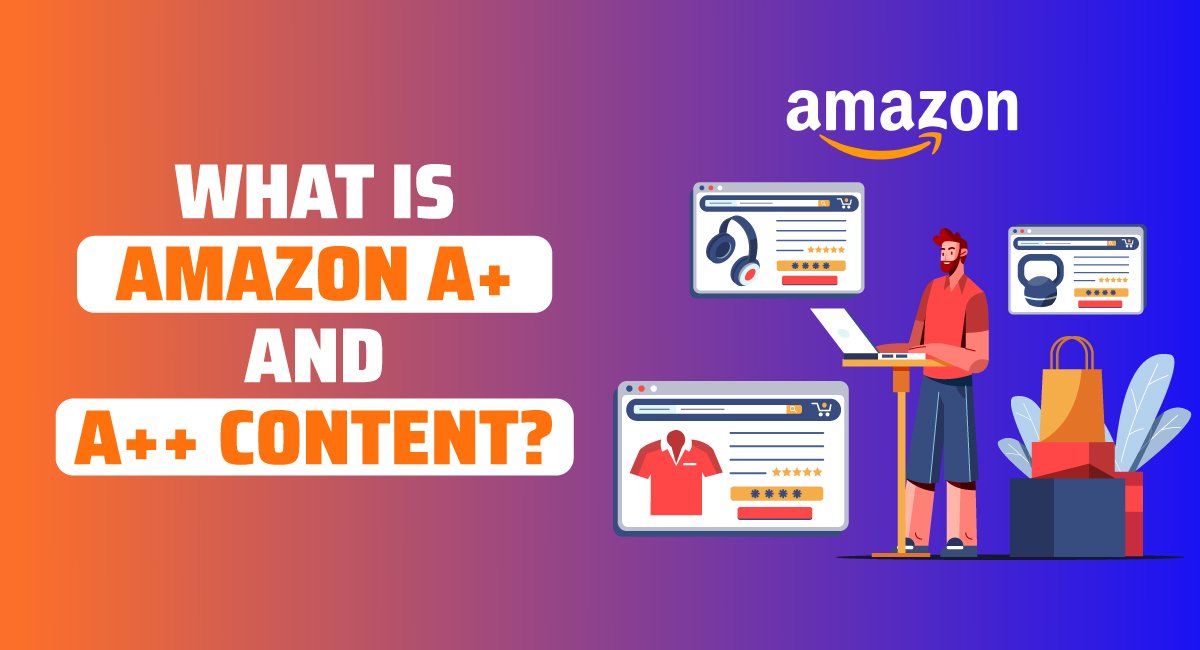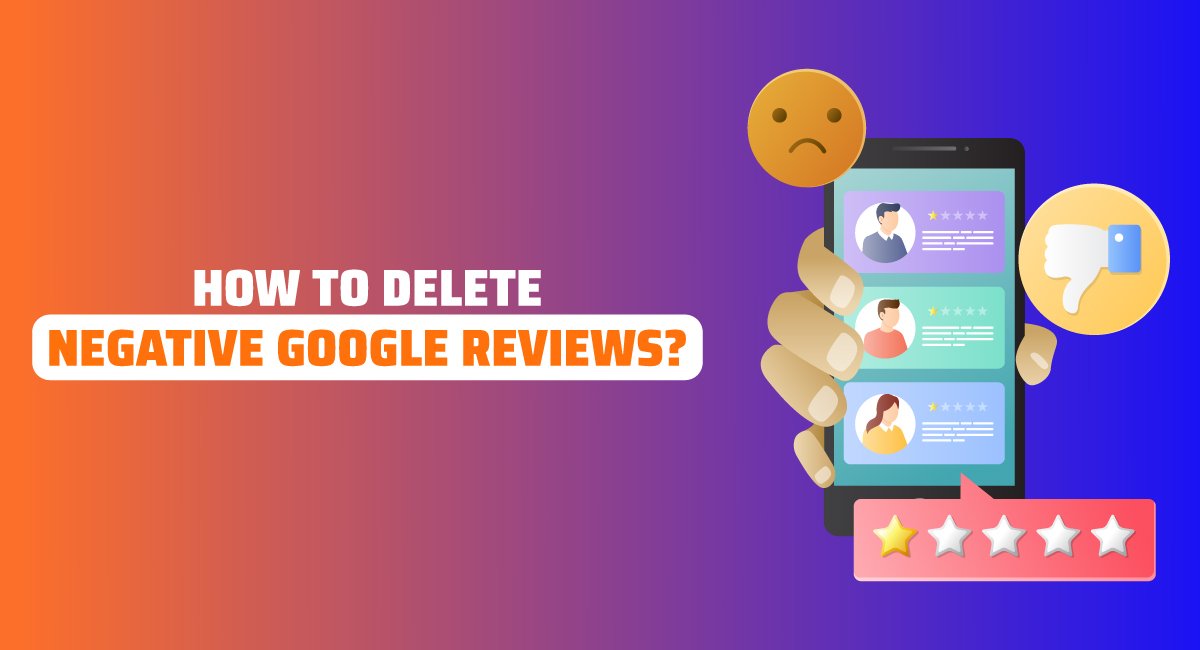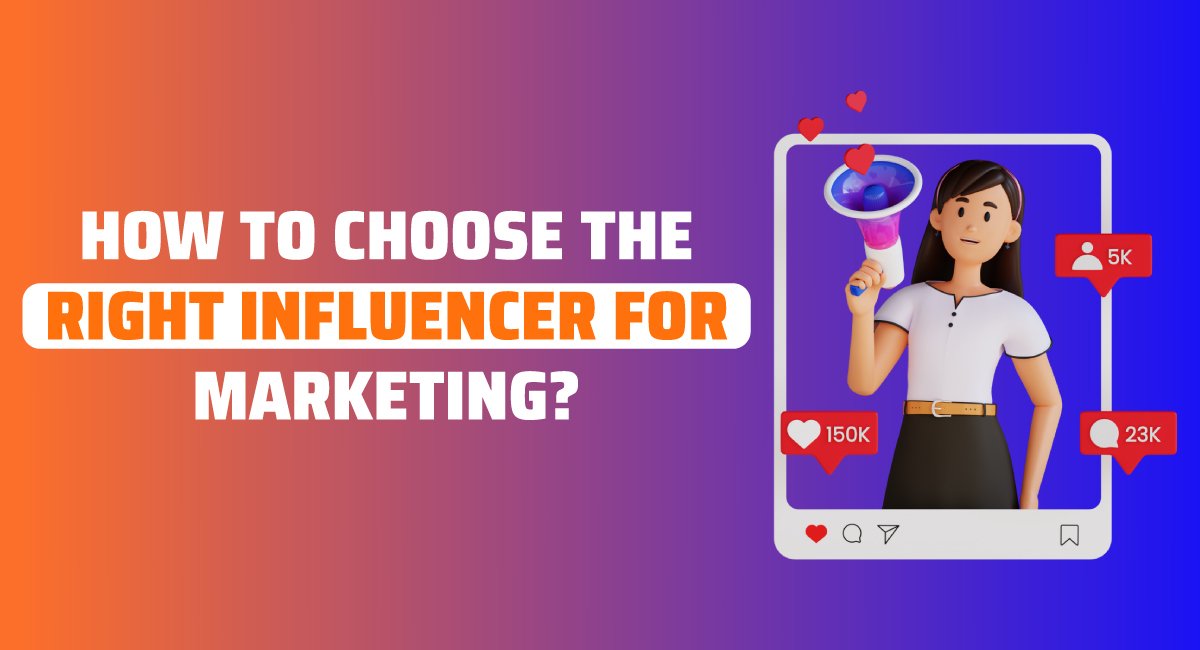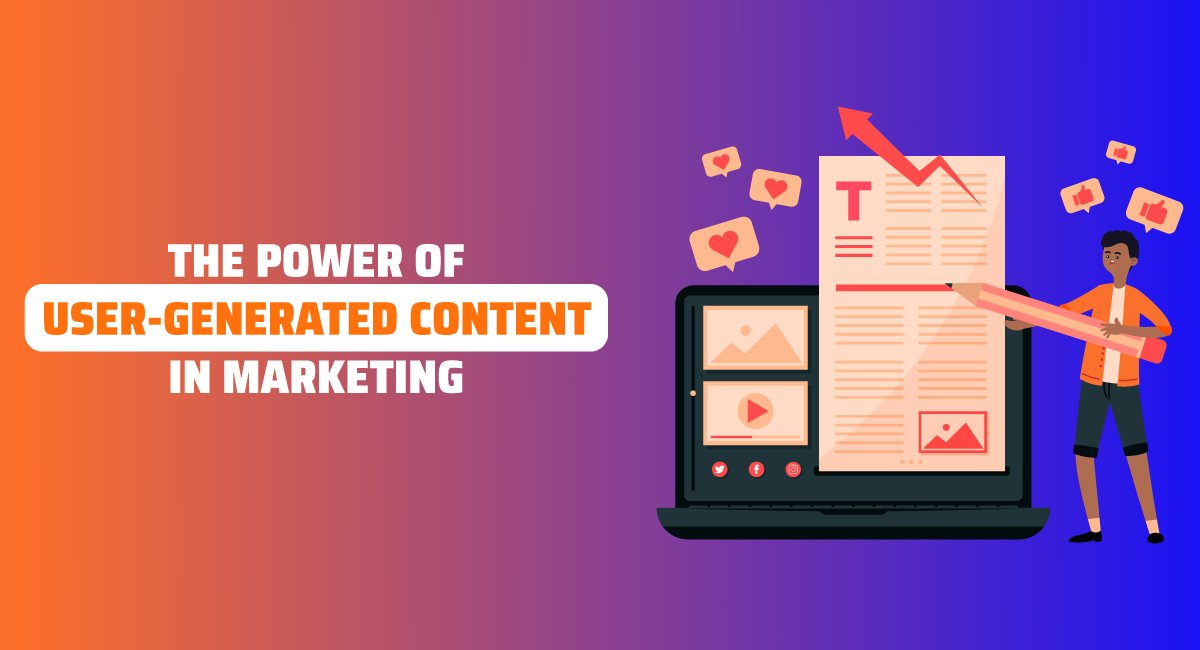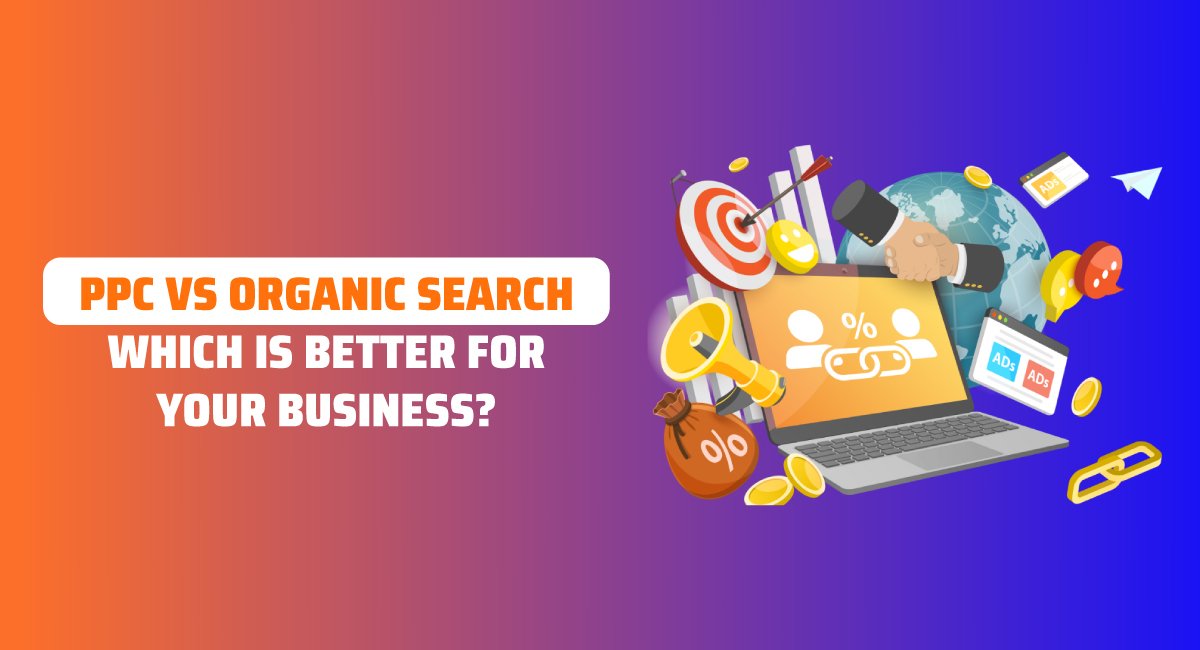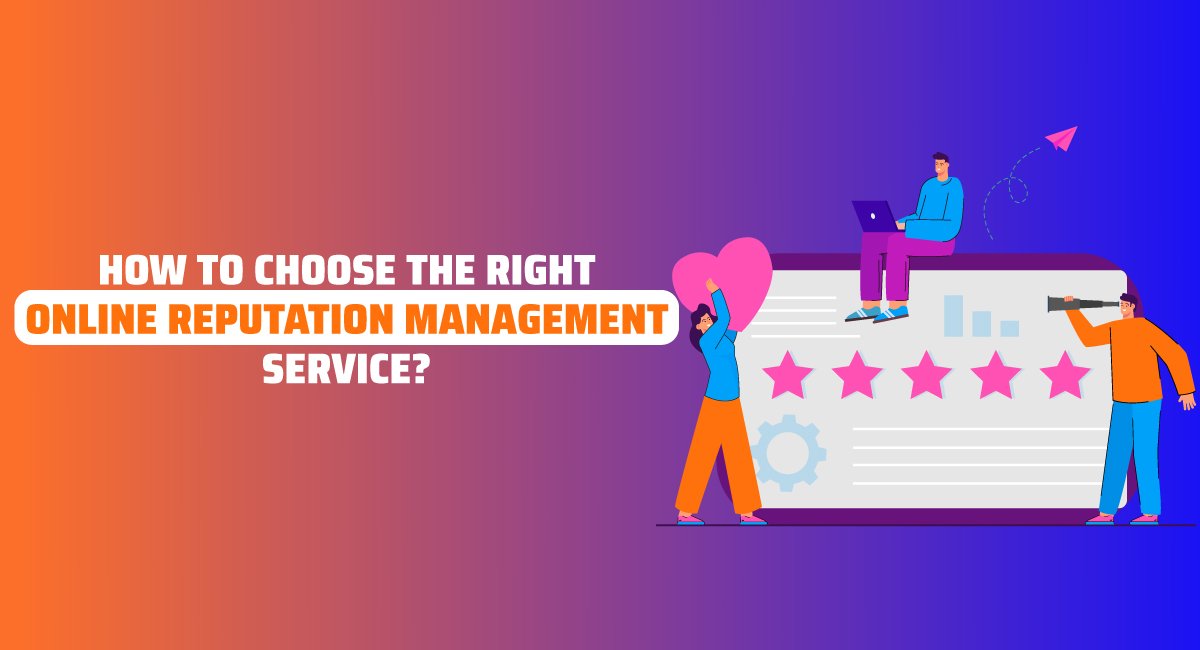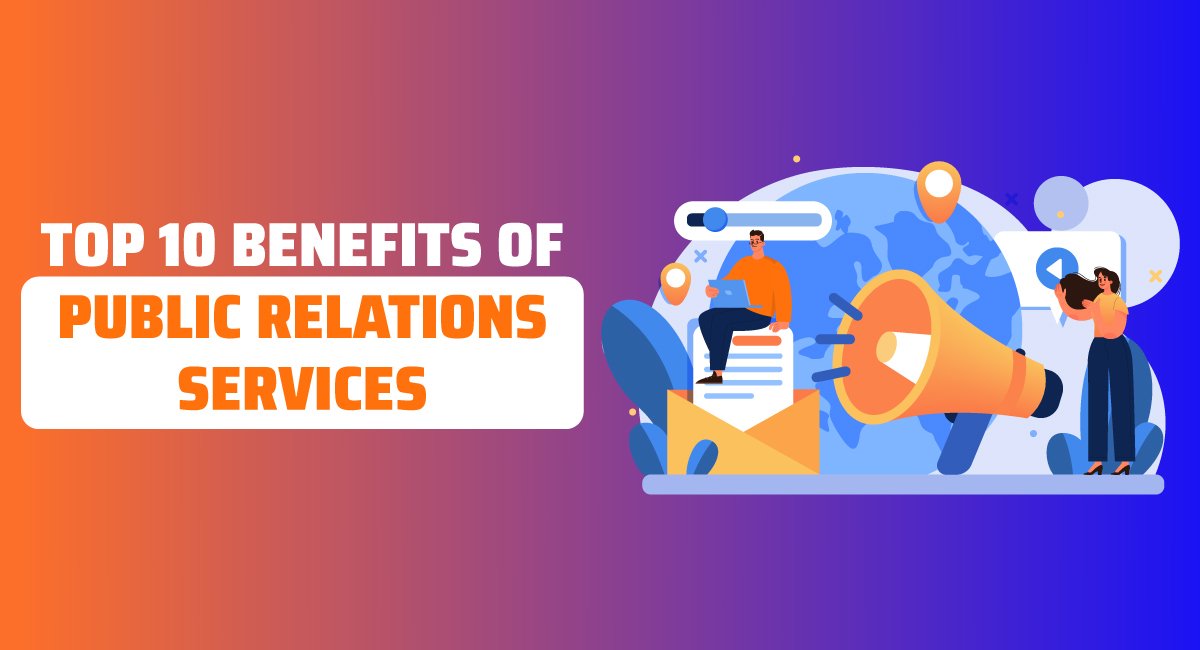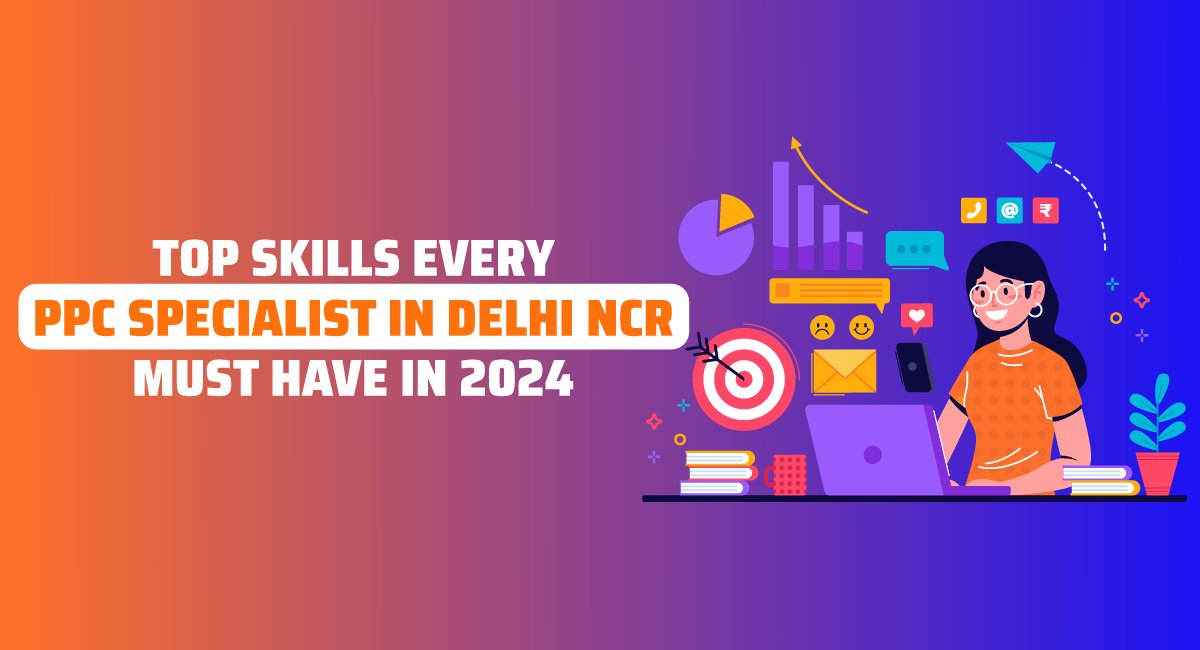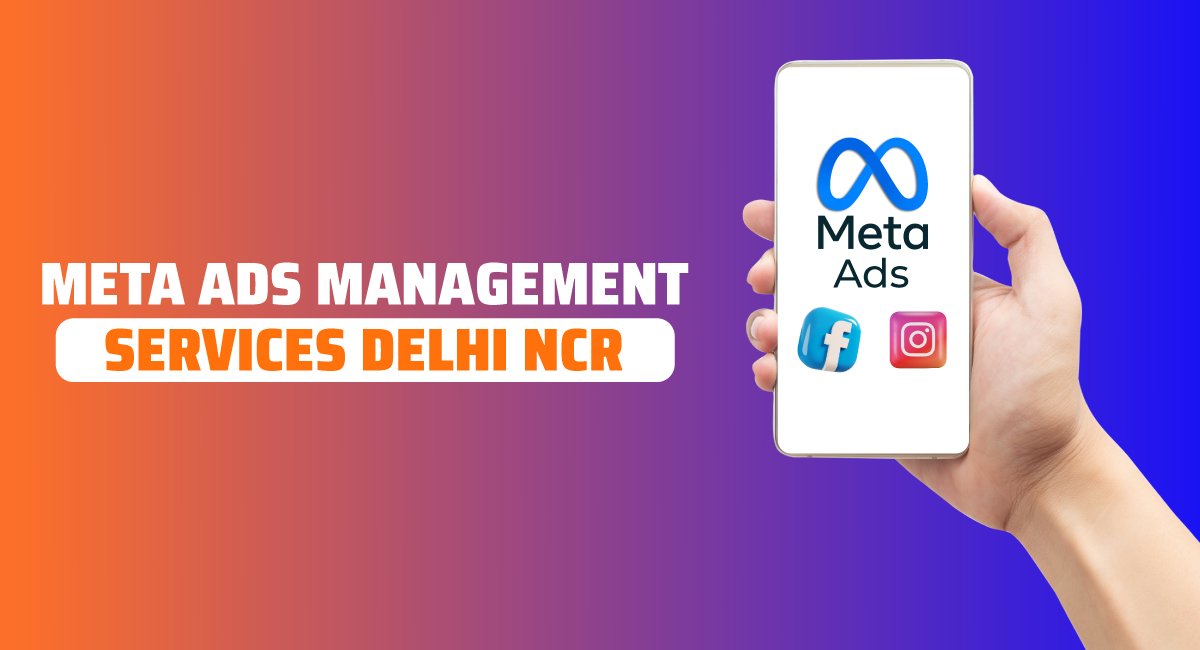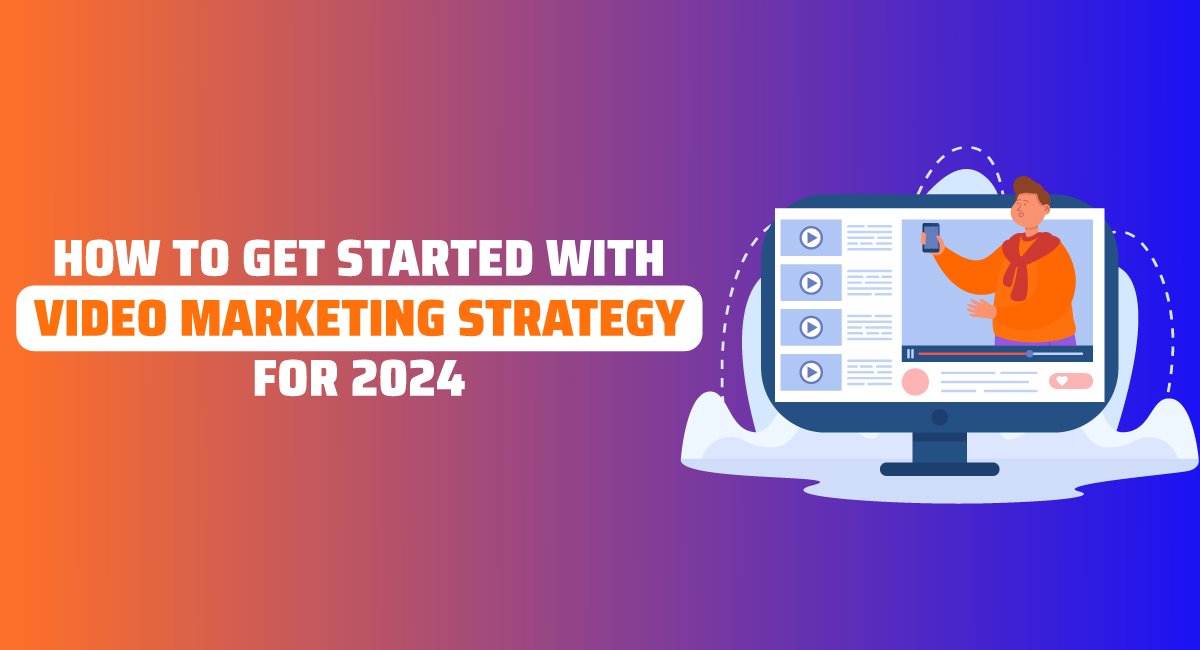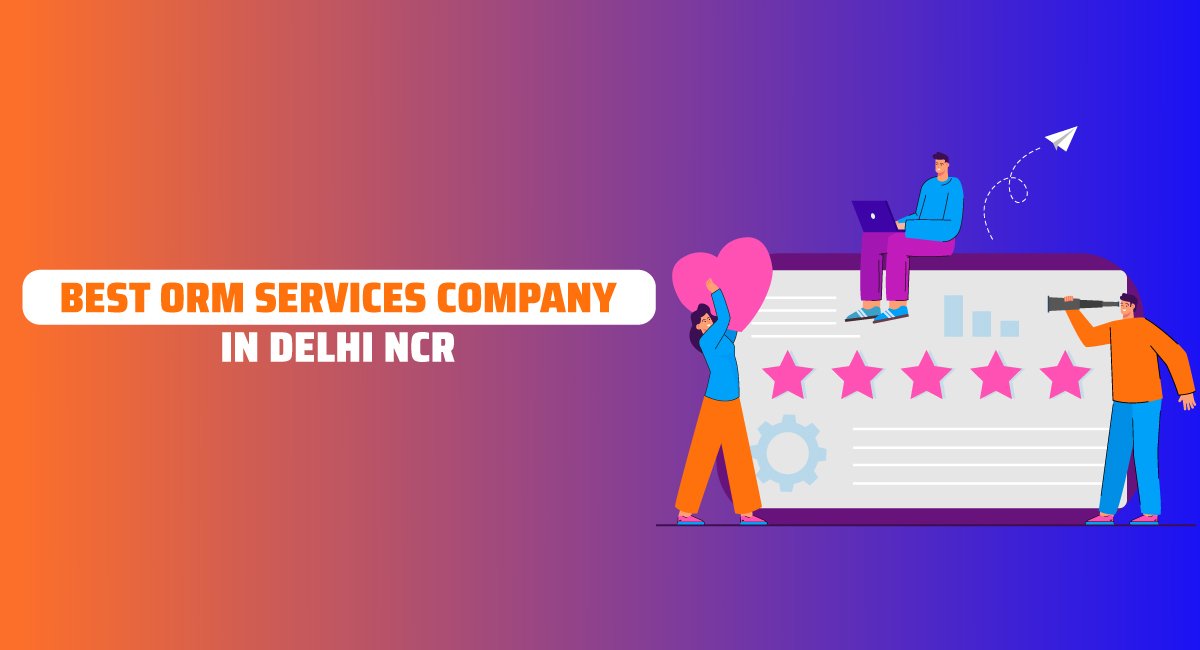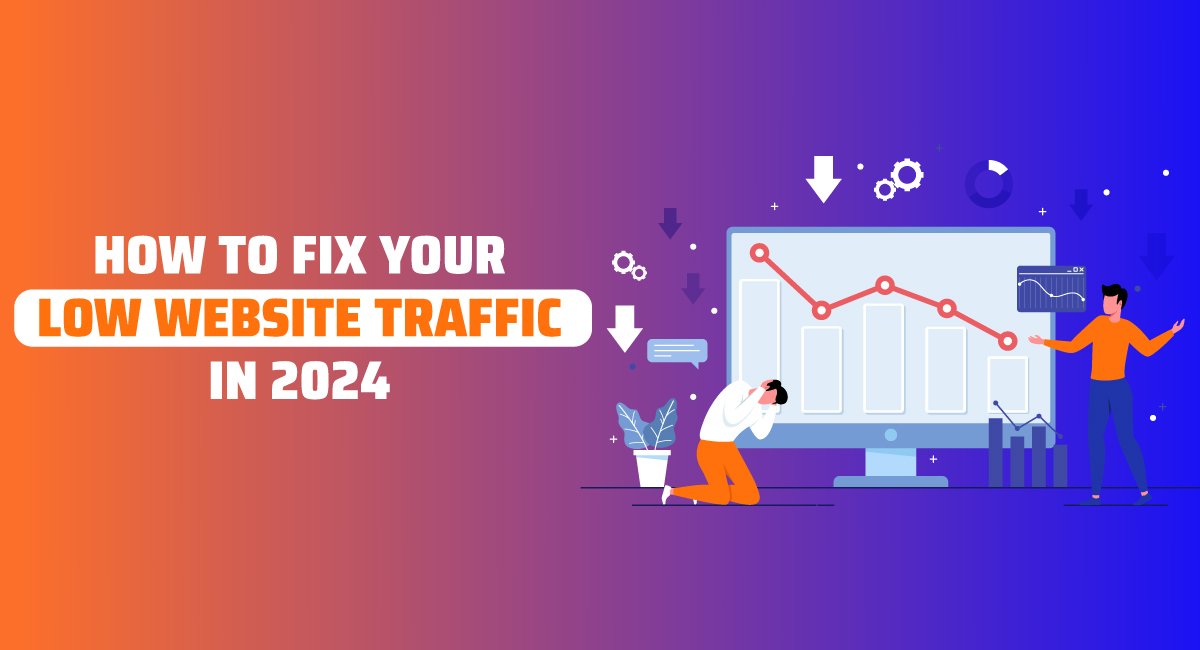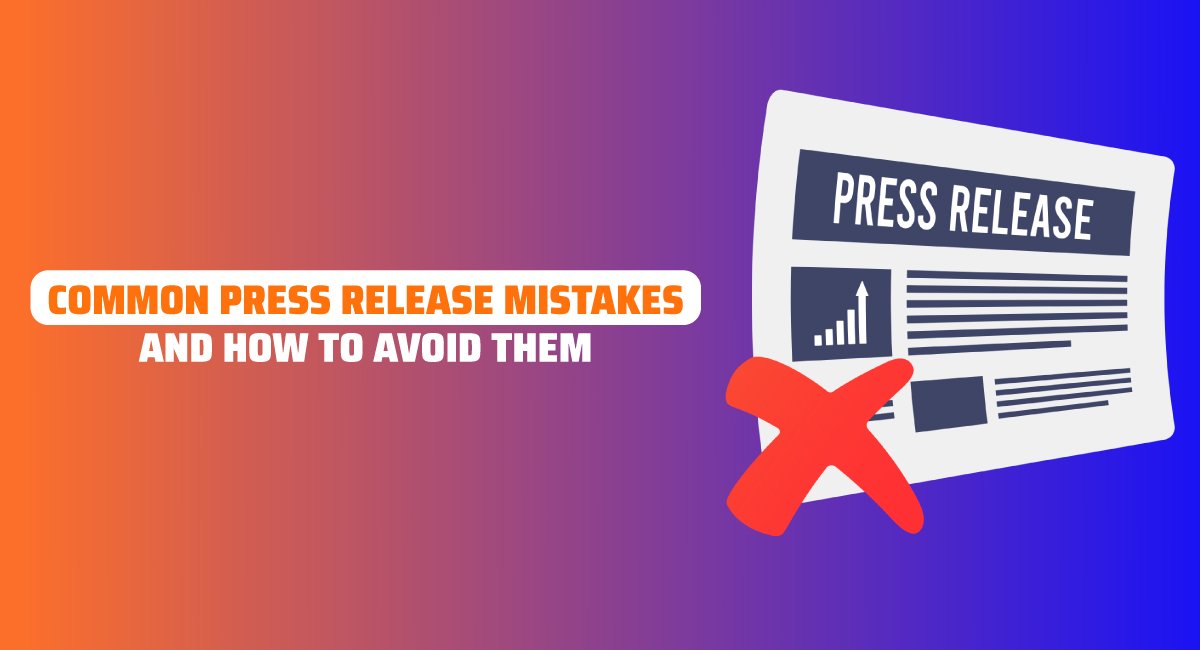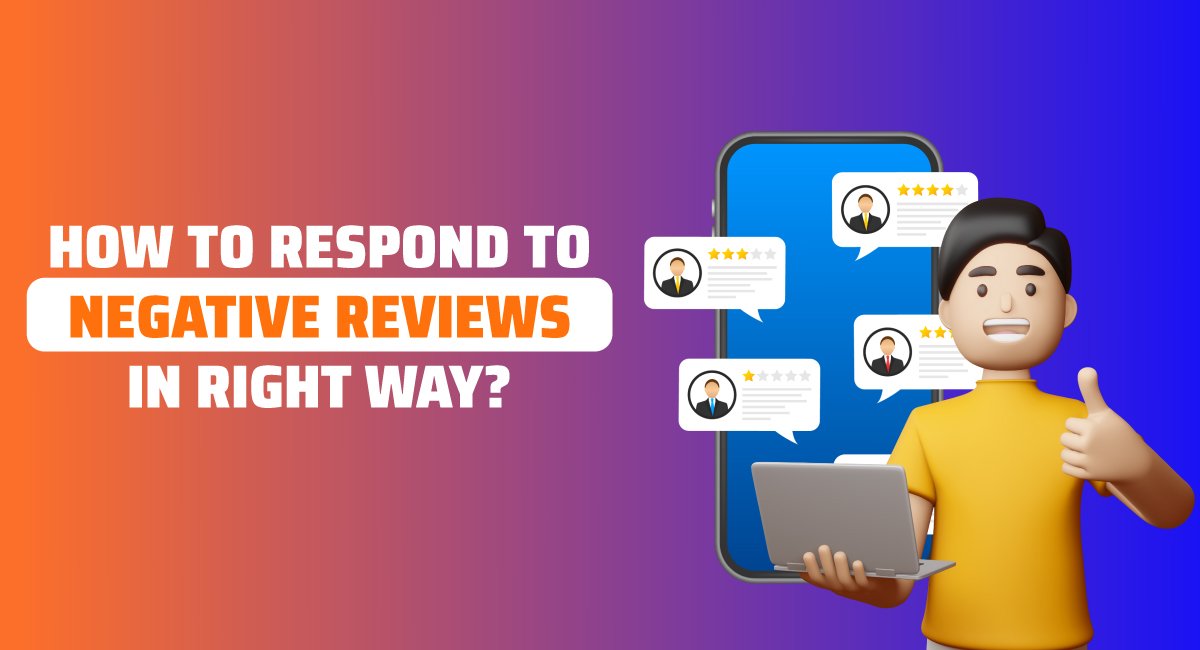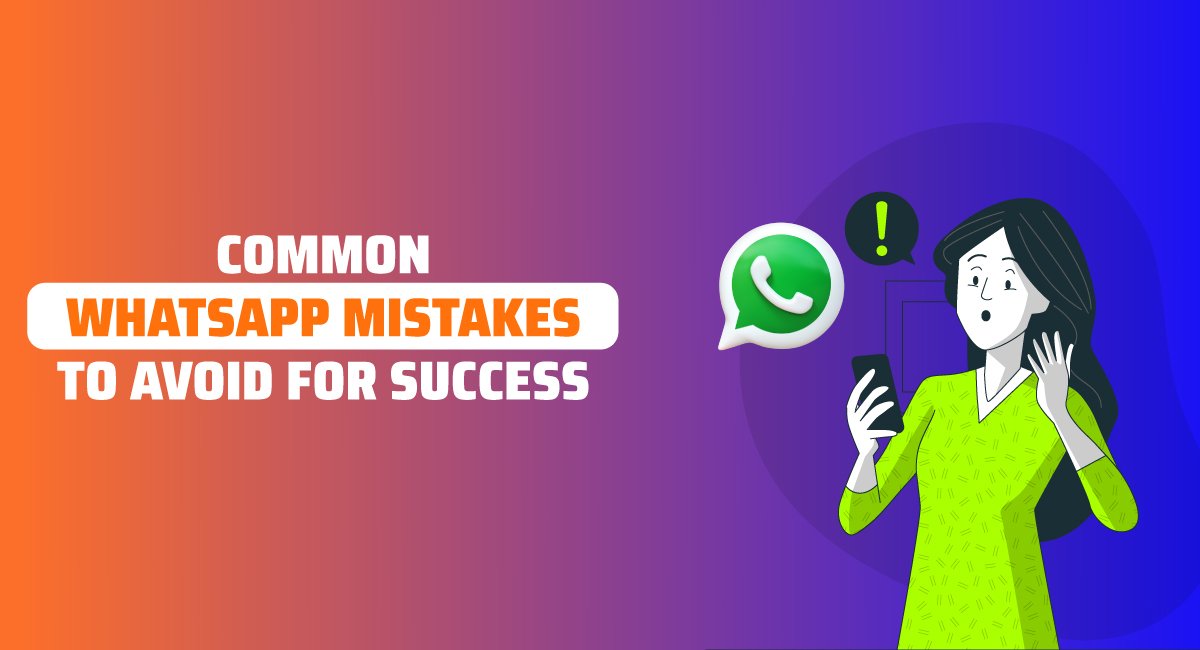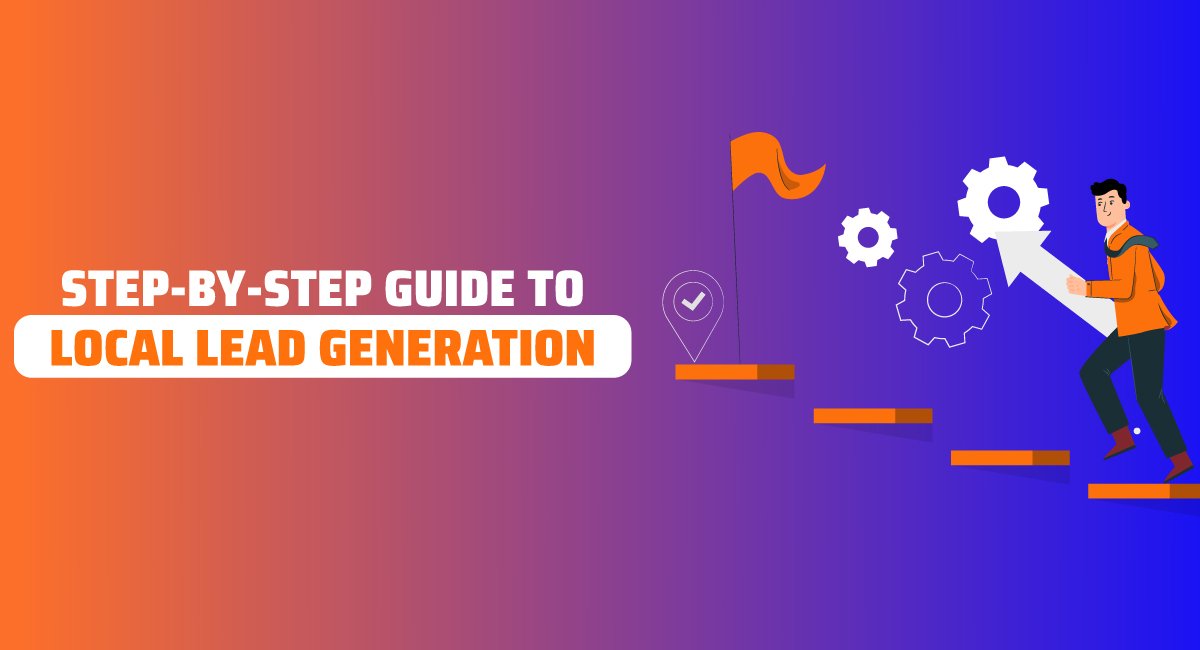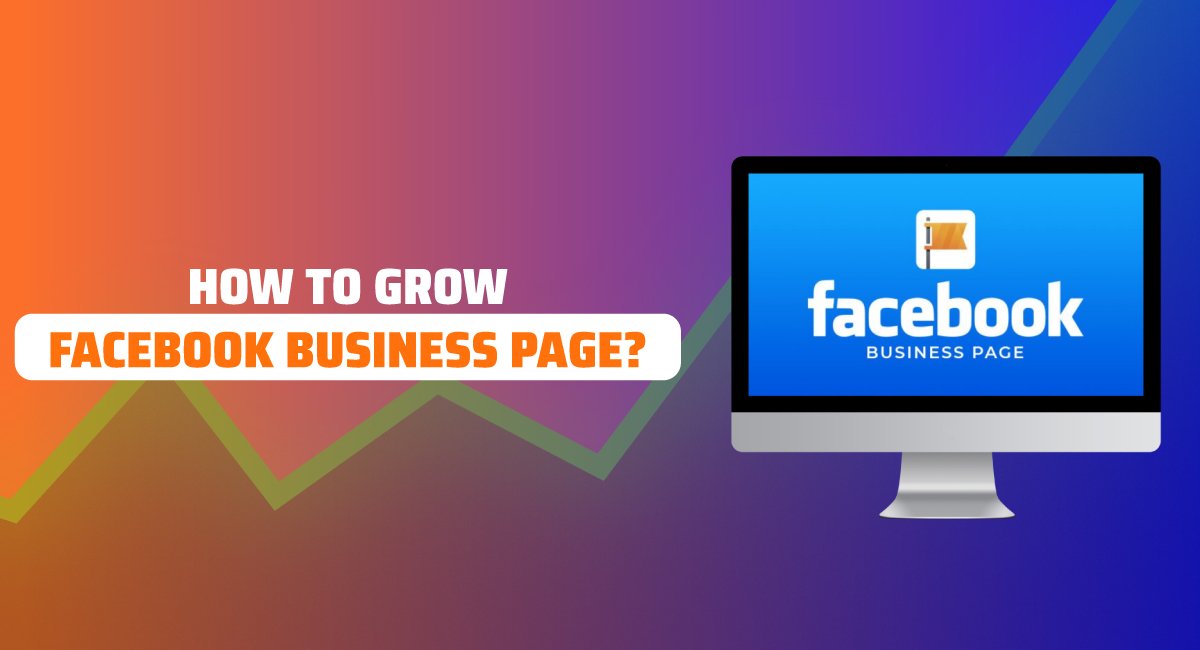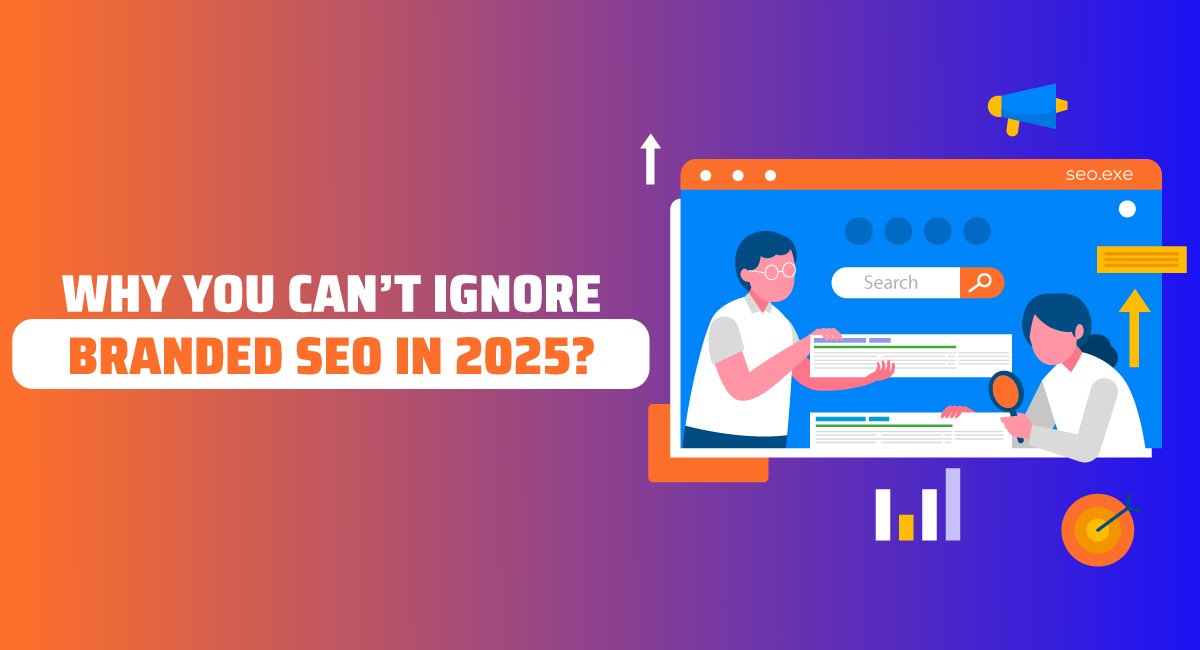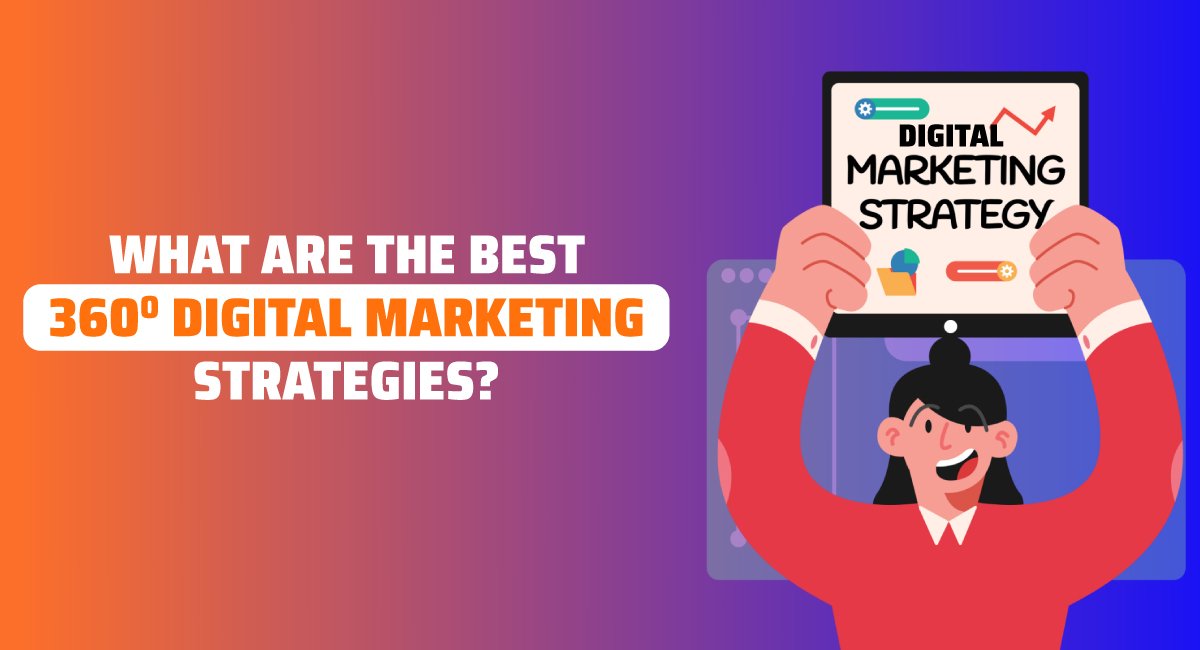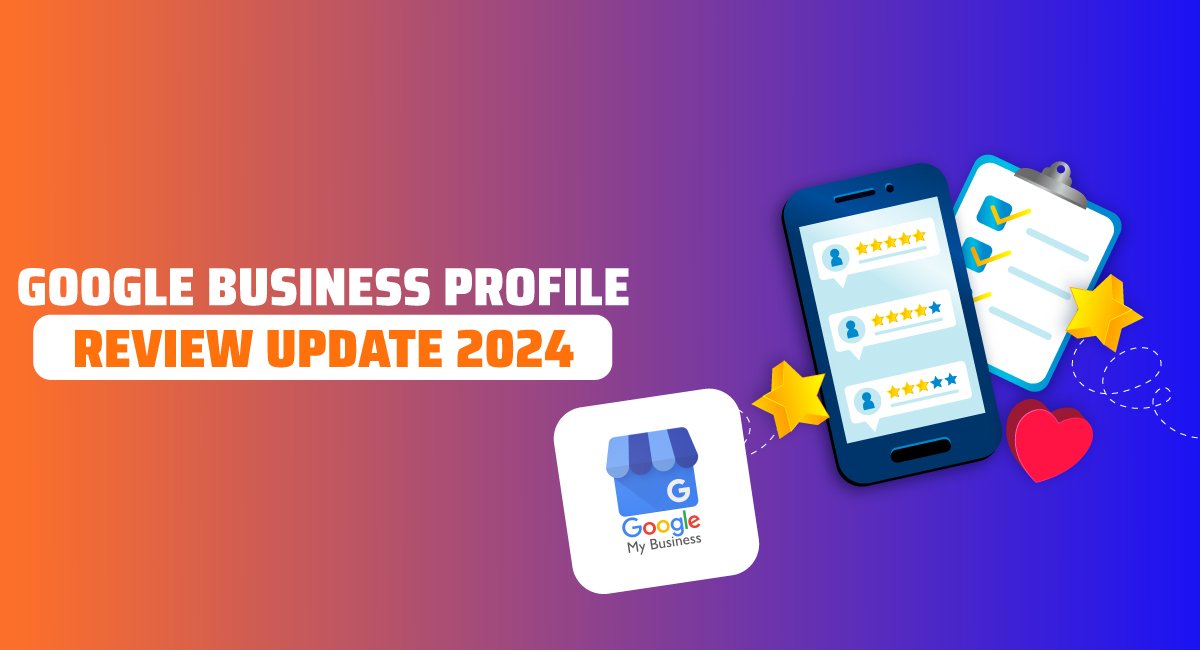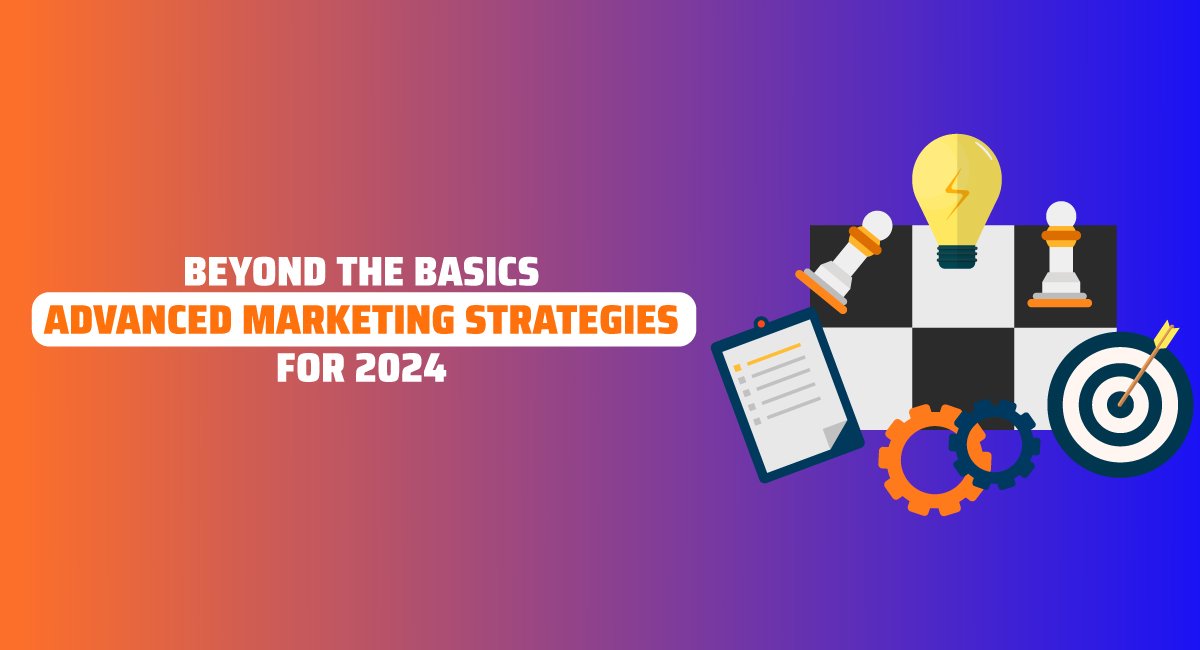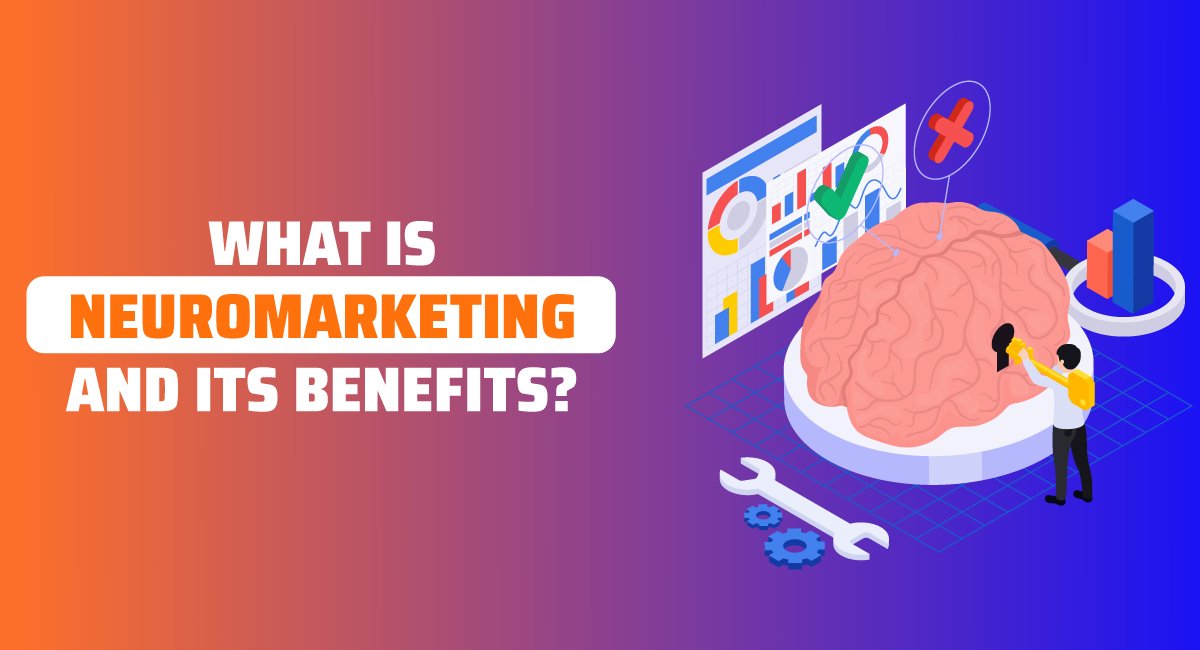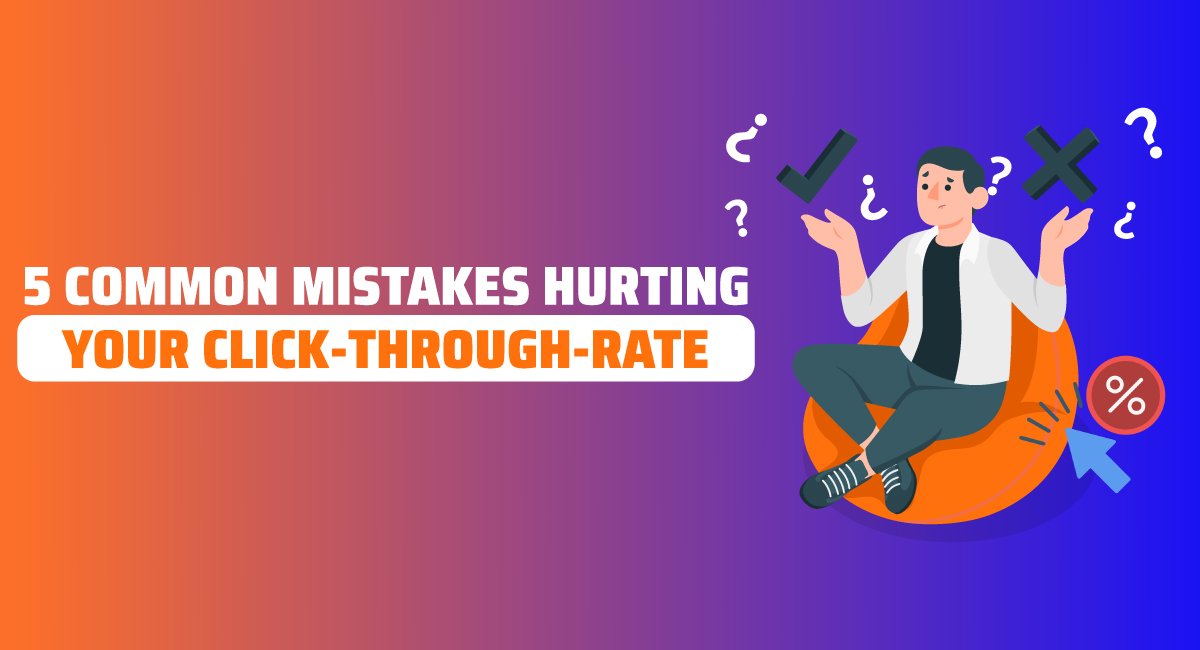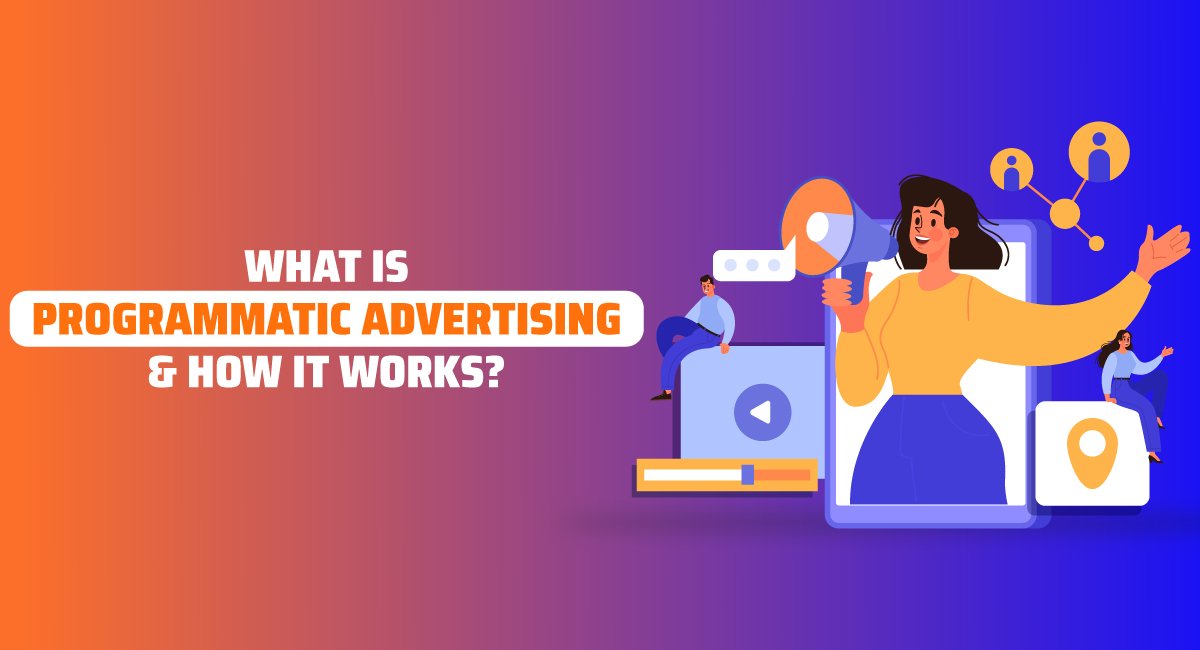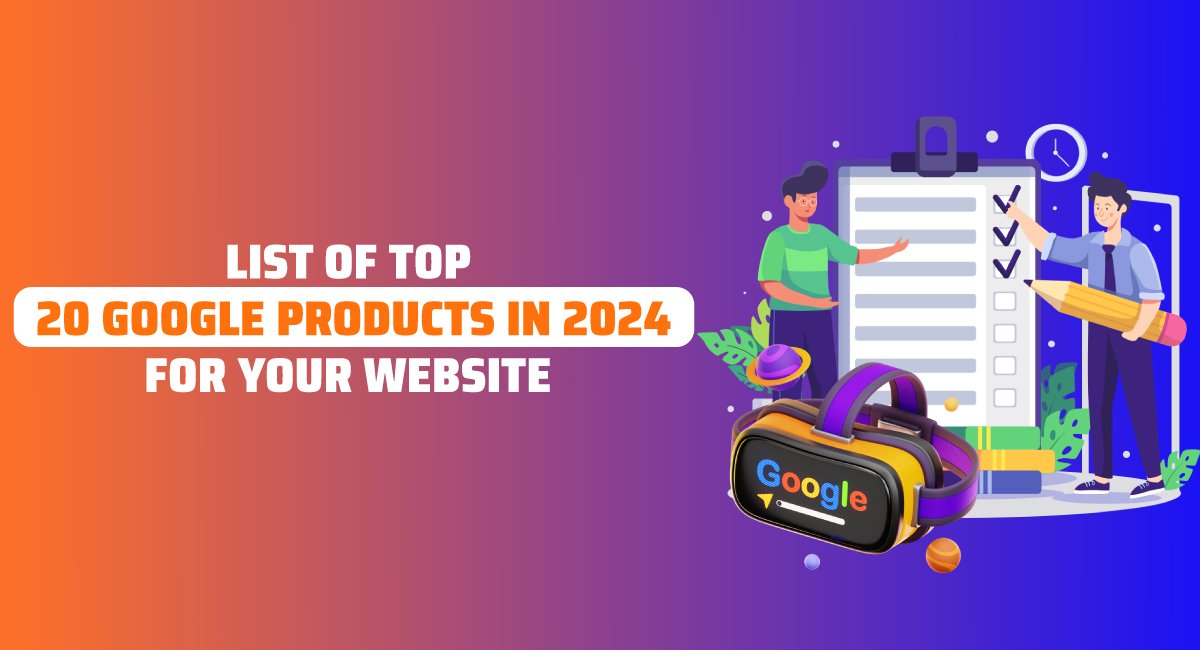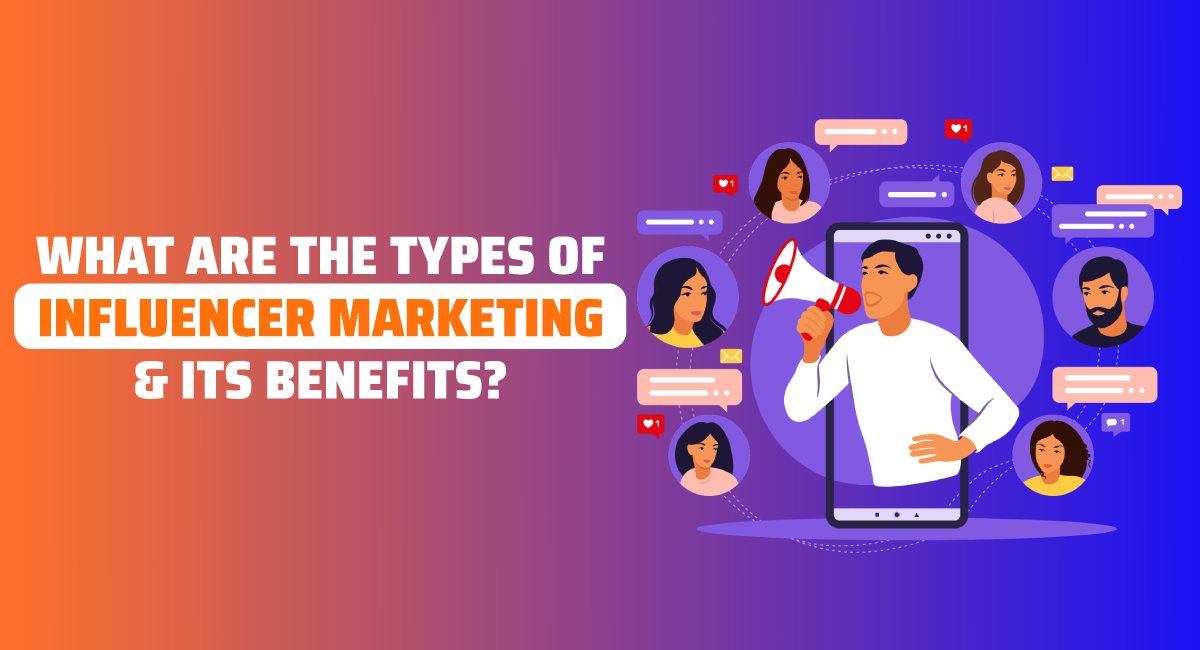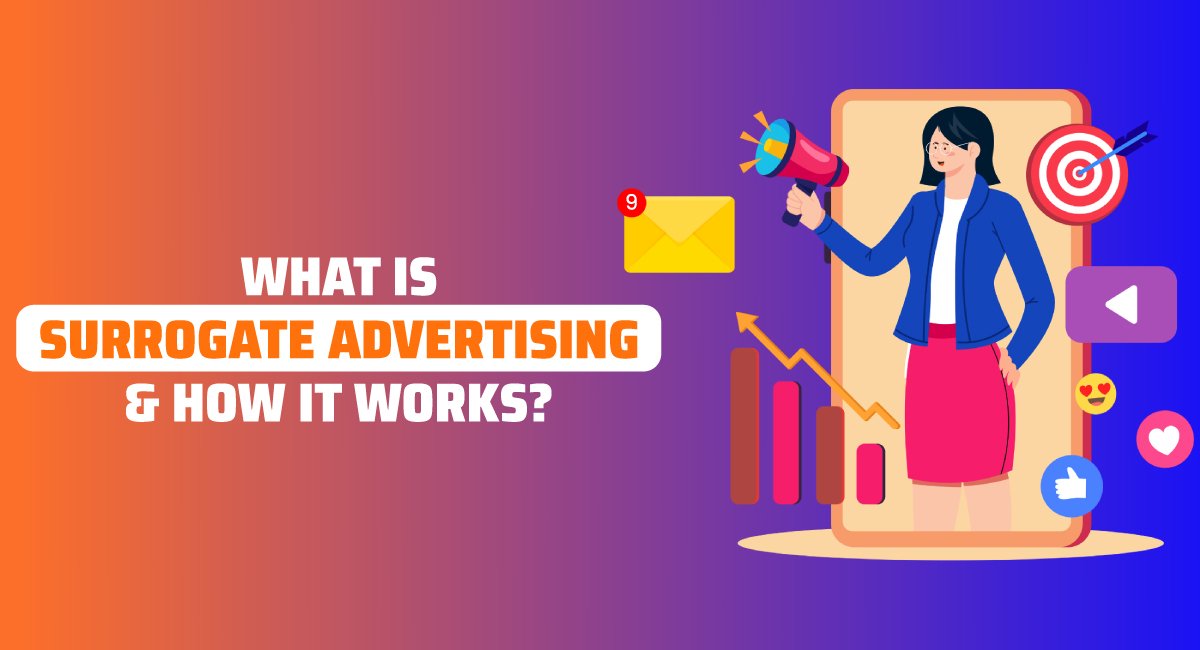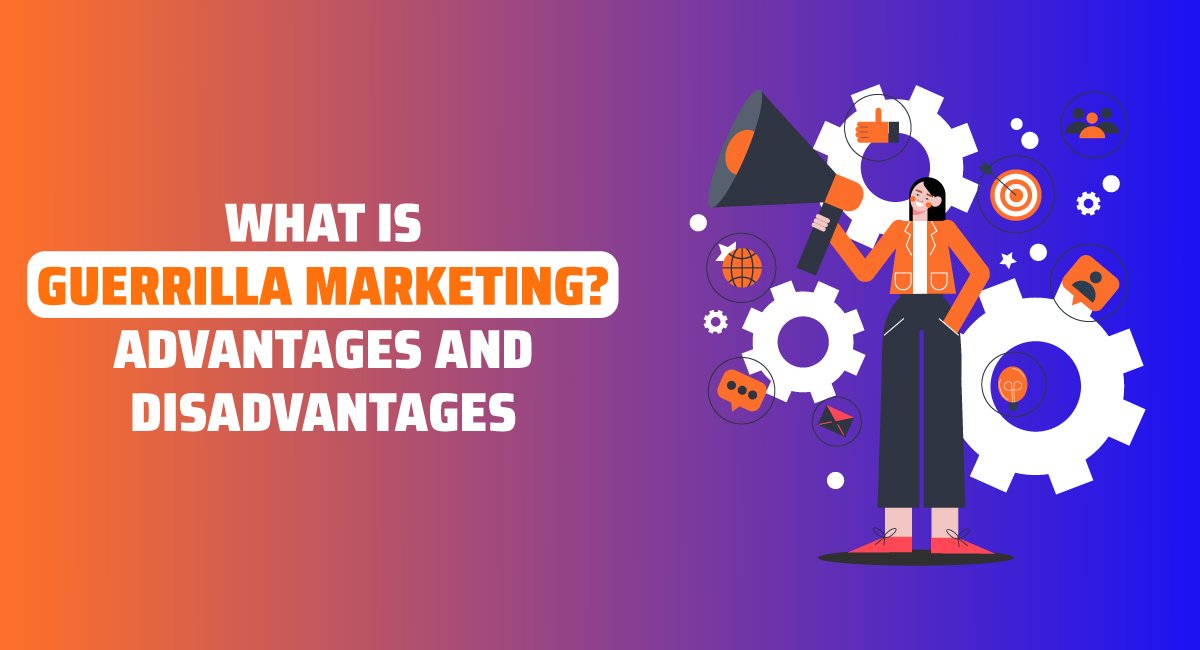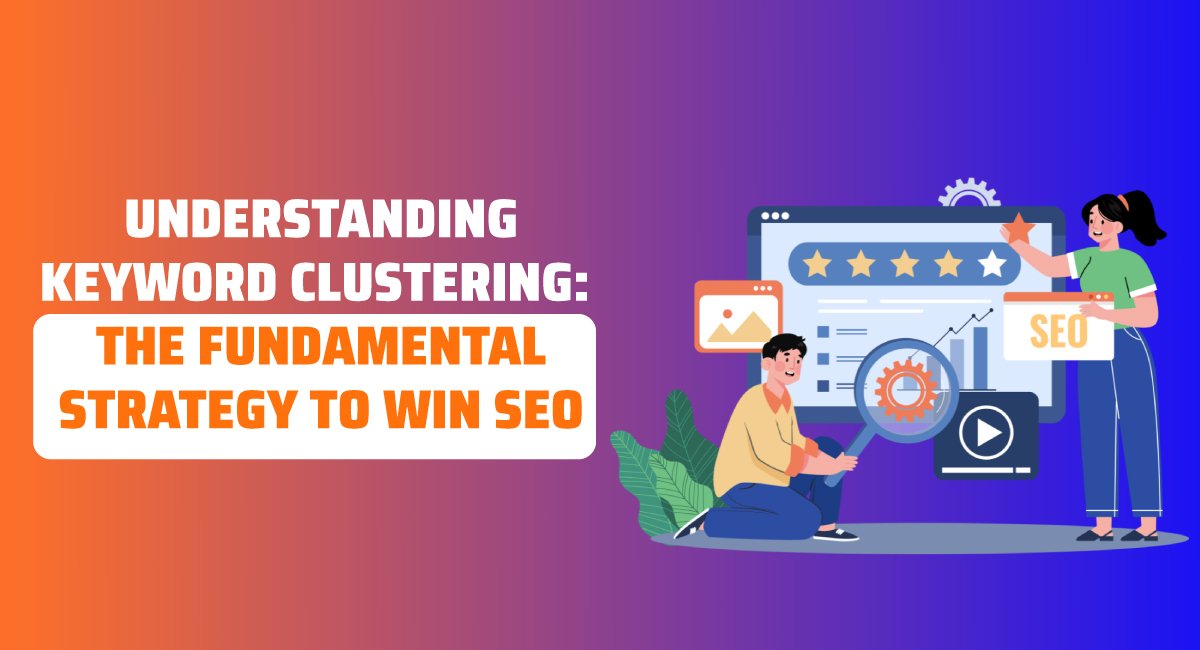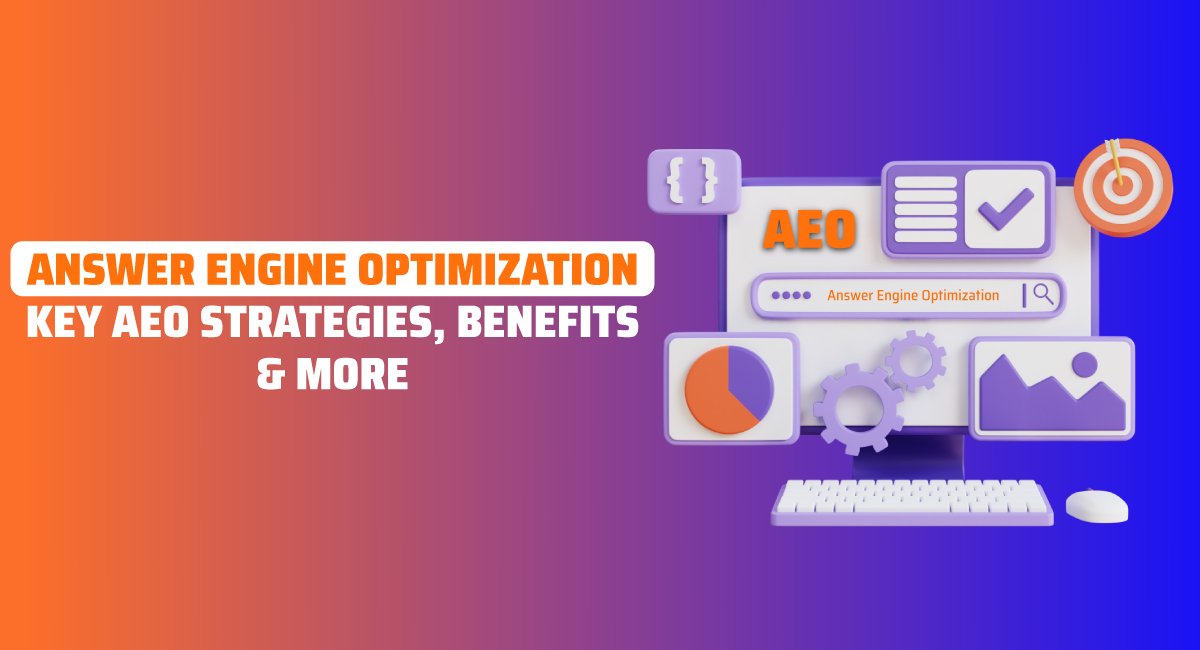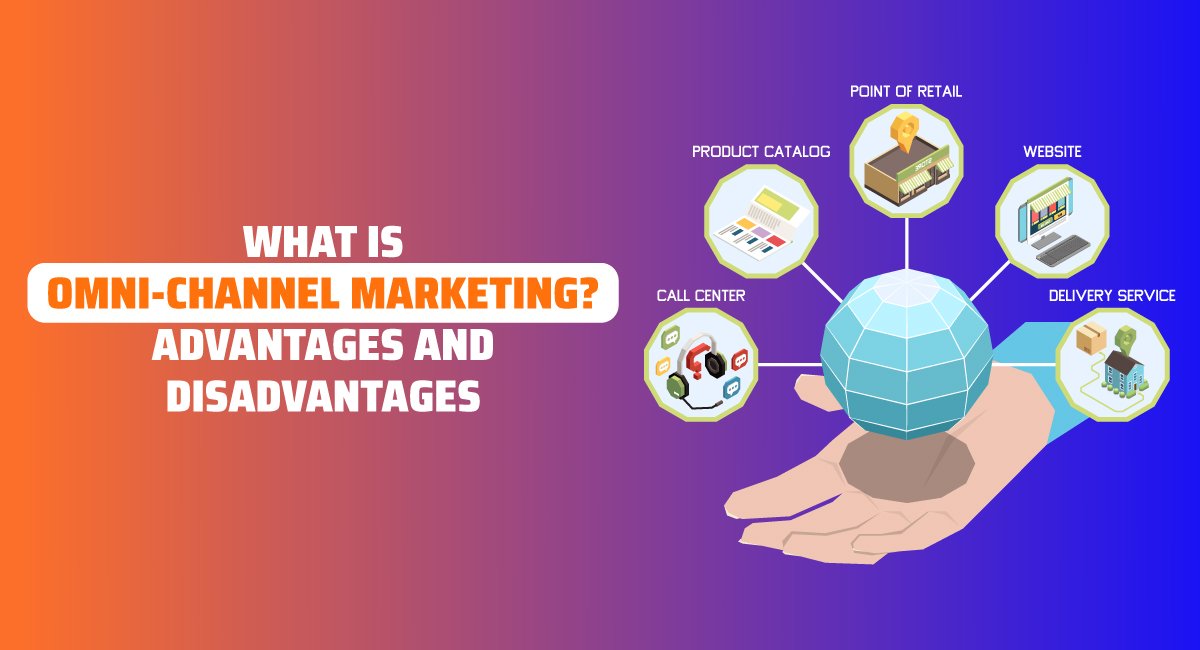
What is Omni-channel Marketing? Advantages and Disadvantages
Omnichannel marketing is one of the effective methods of
marketing, that is used by many big brands. This marketing strategy
unifies all the brand marketing channels to deliver a consistent experience
across all touchpoints.
Omni-channel marketing is now a strategy that provides
multichannel customers with an uninterrupted and integrated shopping experience
across both online and offline channels. All channels including social media,
websites, mobile applications, and brick-and-mortar stores are developed to
meet the customer in every touch point along the buying journey.
The core idea of omni-channel marketing is that the customer
experience must be consistent and personalized, and irrespective of where they
are going to interact with the brand, they will have the same experience
everywhere.
Omni-channel marketing is related to the 'single view of the
customer', which means the capacity to track and analyze the behavior of customers
through various channels. It allows businesses to understand customers'
preferences and their behavioral patterns in a better manner and accordingly,
accommodate them in the marketing effort.
Consumer expectations are now for a seamless and connected
shopping experience in this digital age of today. With omnichannel marketing,
firms can deliver that very seamless experience: a coherent brand experience on
every channel that is used.
By aligning their online and offline channels, businesses can offer a more comprehensive campaign to the customer, which provides consistency, convenience, and relevance. Overall, it is a powerful approach that makes businesses compete effectively in an increasingly digital world.
Advantages of Omnichannel Marketing
There are several advantages of Omnichannel marketing, that
can benefit your brand, some of which we have listed below: -
1. Consistent Customer Experience: The same experience is
provided to the customers across the various channels, which eventually boosts satisfaction and loyalty; it is one unified approach that does not let them
lose between channels and hence increases the level of trust, and makes them
able to bond easily with the brand.
2. More Insight into the Customer: It is because of this
fact that businesses consider and integrate data from all these channels that
afford them an overall view of how customers behave, hence insightful to more
vivid marketing tactics that reflect brand tailoring to target a specific
audience.
3. Higher Sales and Conversion Rates: Engaging the customers
on their preferred channels increases touch points and the interaction
opportunity with the customer. This will naturally lead to higher sales rates
and improved conversion rates, with customers being more likely to buy since
they are connected.
4. Brand Loyalty: An integrated omnichannel experience
creates more meaningful relationships with a customer and has a higher chance
of repeat purchases. The good feelings most satisfied customers have will make
them loyal customers, not to mention that they will give the brand
names to others, improving overall reputation and customer retention.
5. Flexibility and Adaptability: Omnichannel marketing can help businesses evolve and adjust to the changing trends of the market and the preferences of customers. This elasticity will make the brands relevant and competitive in a fast-paced environment, providing much-needed flexibility in changing strategies.
Disadvantages of Omnichannel Marketing
But there are disadvantages of the Omni channel marketing,
as provided below
1. Highly Reliance on Implementation: A good omnichannel
strategy requires a lot of planning and coordination of multiple technologies and
departments. This usually can be very difficult because it needs thorough
coordination for efficient rollout and management.
2. High Cost of Setup: One requires a heavy investment to
implement an omnichannel approach. Businesses need to invest in such new
technologies training and resources, which will put a strain on the budget, especially on small organizations.
3. Data Management Issues: This has become challenging to
manage numerous sources of data and analysis for organizations. Managing
becomes increasingly complex with accuracy and consistency; therefore,
organizations are then more prone to making poor decisions that might arise if
proper management is not in place.
4. Risk of Inconsistent Message: If brands do not properly
coordinate their efforts and messages across channels, this ends up being a
mixed message. It is nonsensical for the customer to attempt to grasp, and it
places brand credibility at risk. By doing so, this also compromises the trust
of the customer-this is something omnichannel strategies attempt to achieve.
5. Resource Intensive: The multi-channel also involves significant human and technical resources for managing them. Omnichannel strategy is probably going to be tough to implement and sustain for small businesses, especially if burnout or inefficiency in operations is very possible.
Let's get ready to give a rocket launch to your business with the fuel of CRSPL expertise. We are the one-stop digital marketing solution for all your business needs, request a call back now.

.png)
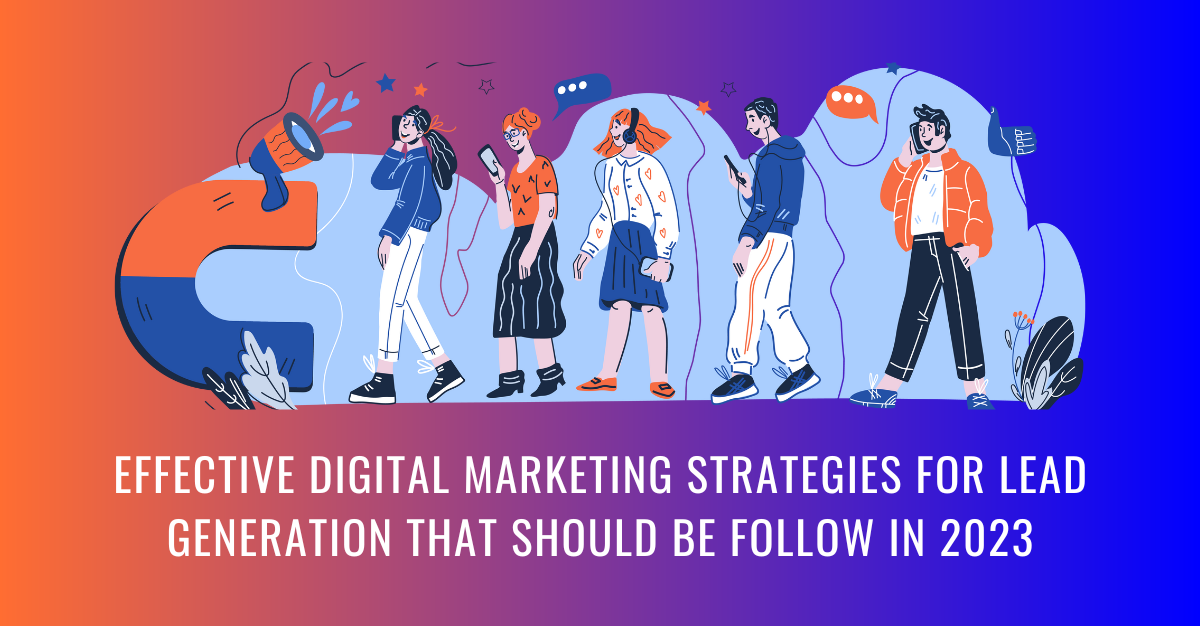
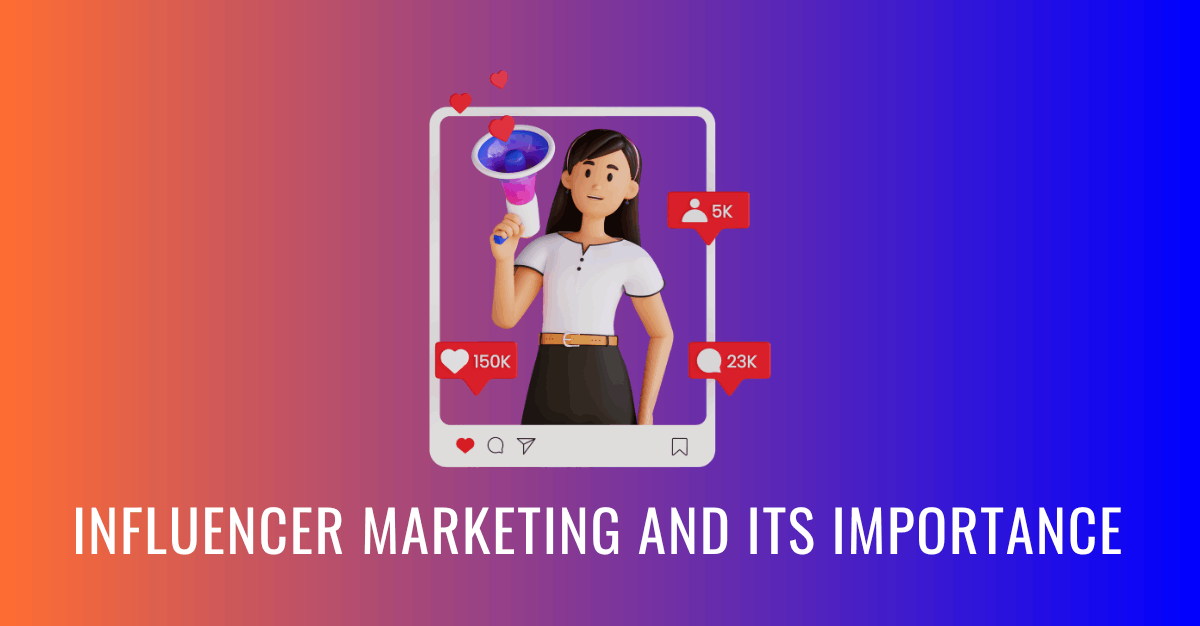
.png)

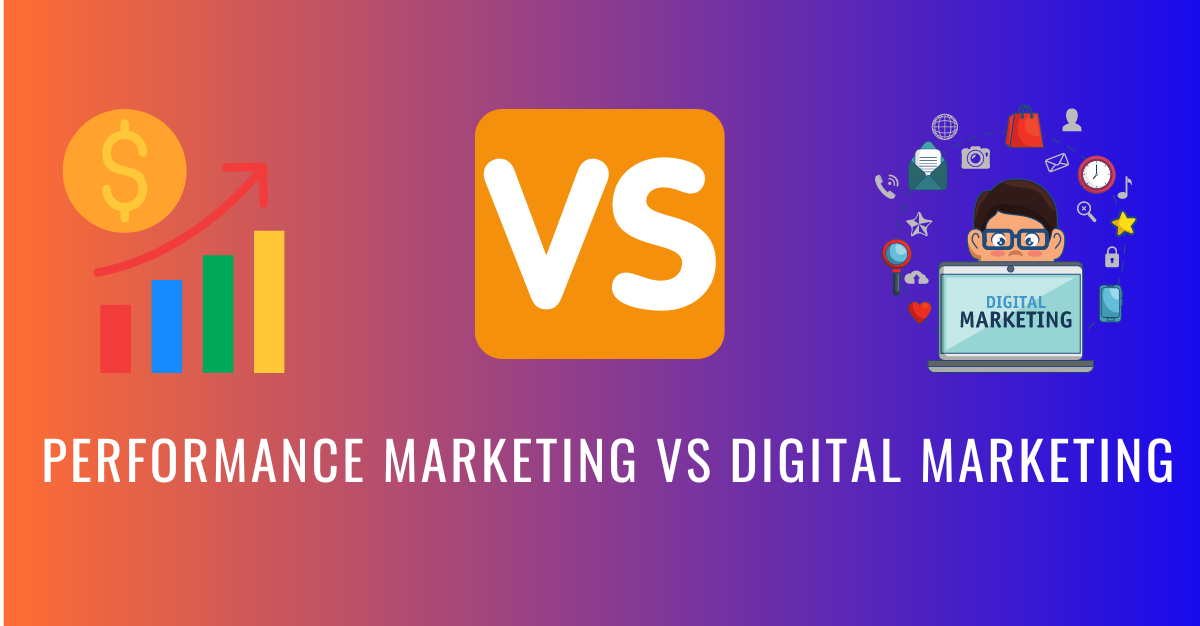
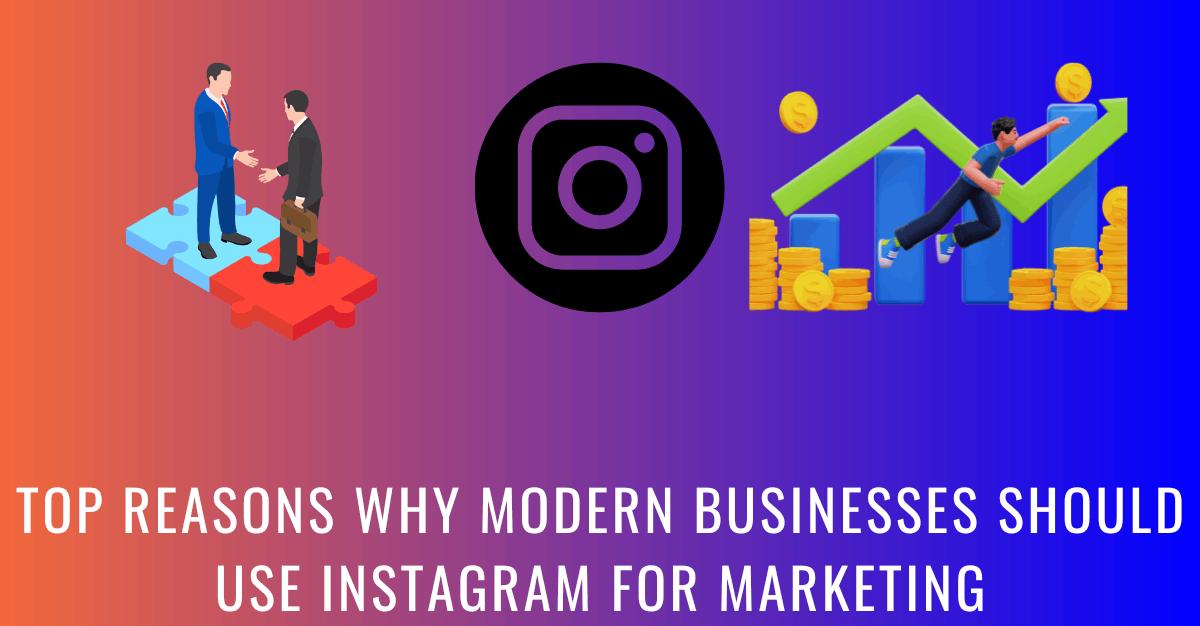
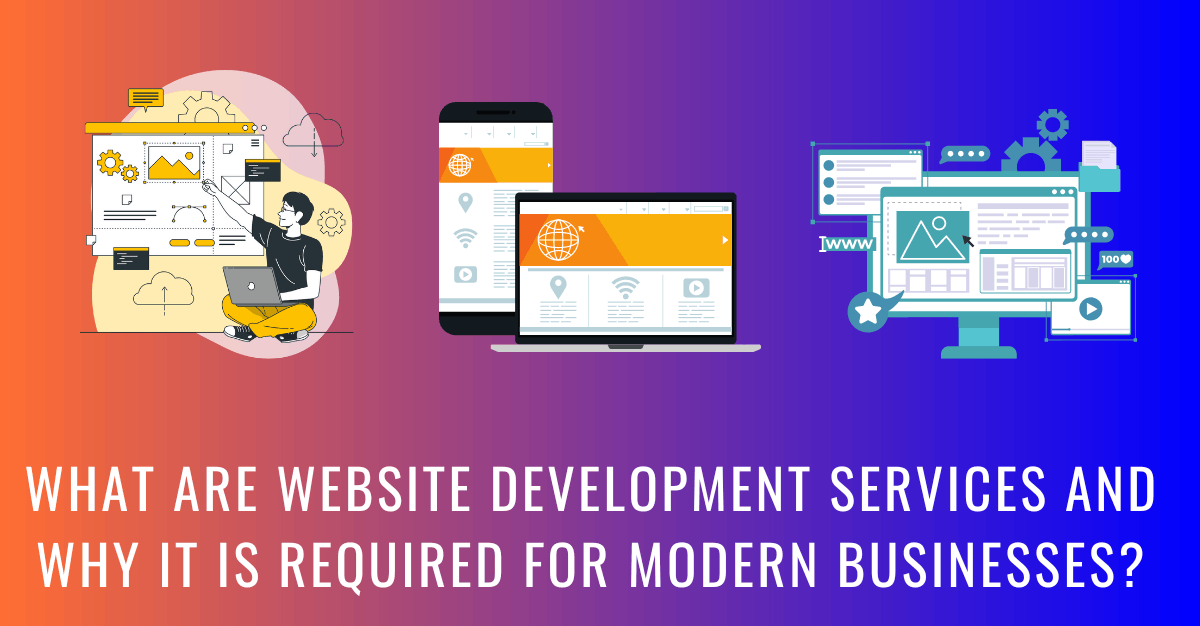
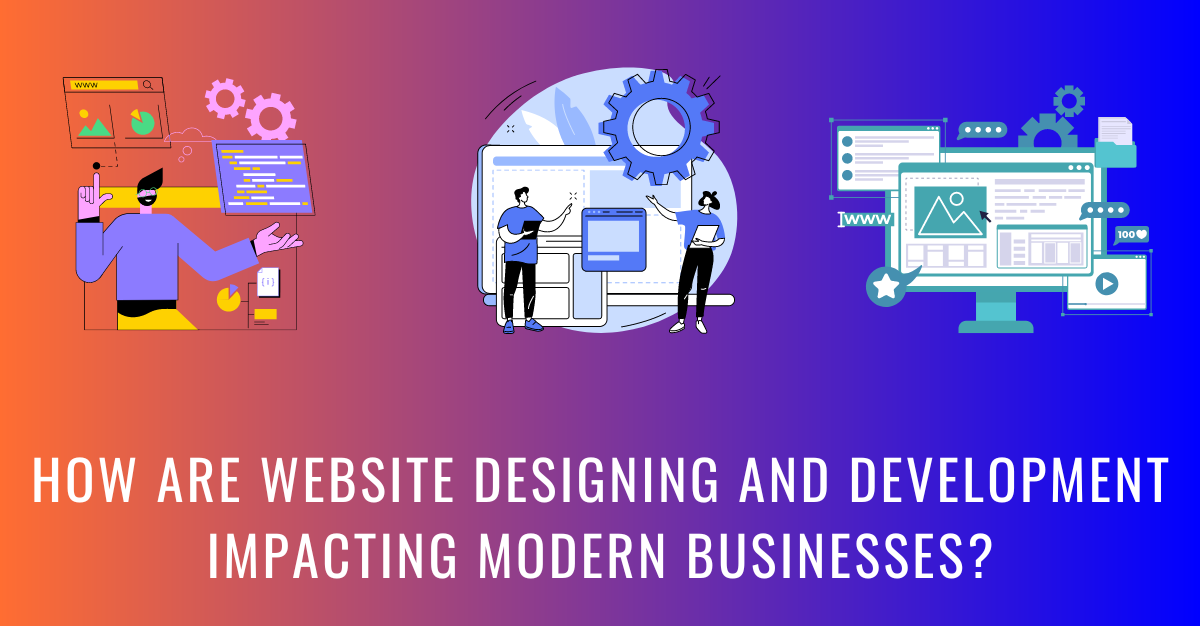

.png)
.png)

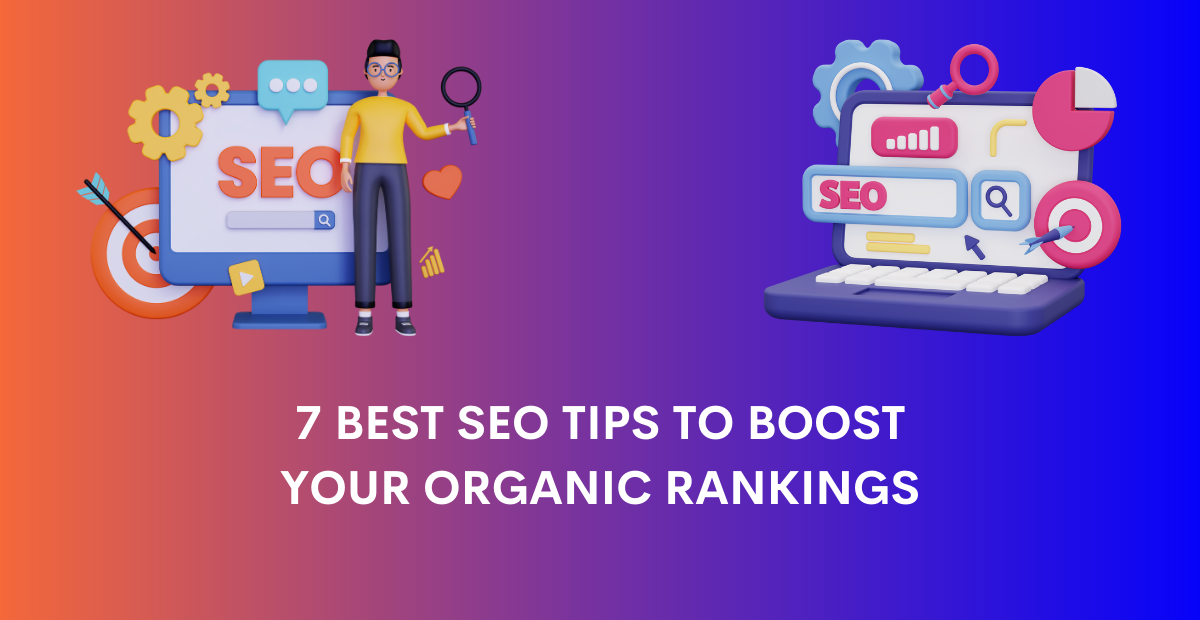
.png)
.png)
.png)
.png)
.png)
.png)
.png)
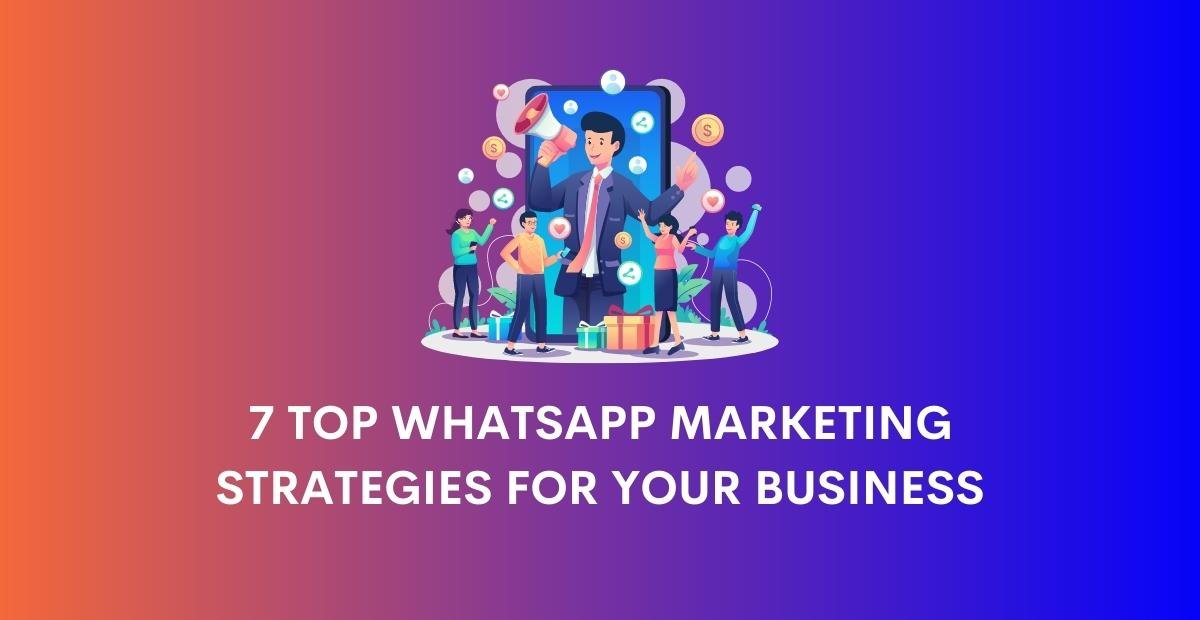
.png)
.png)
.png)
.png)
.png)
.png)
.png)
.png)
.png)
.png)
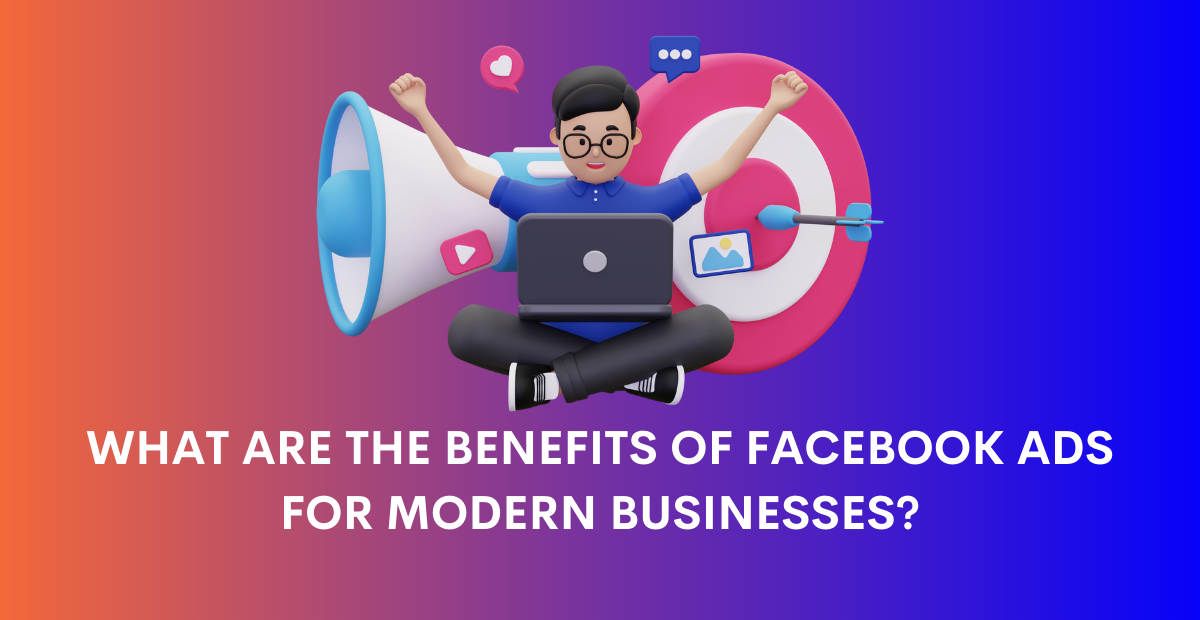
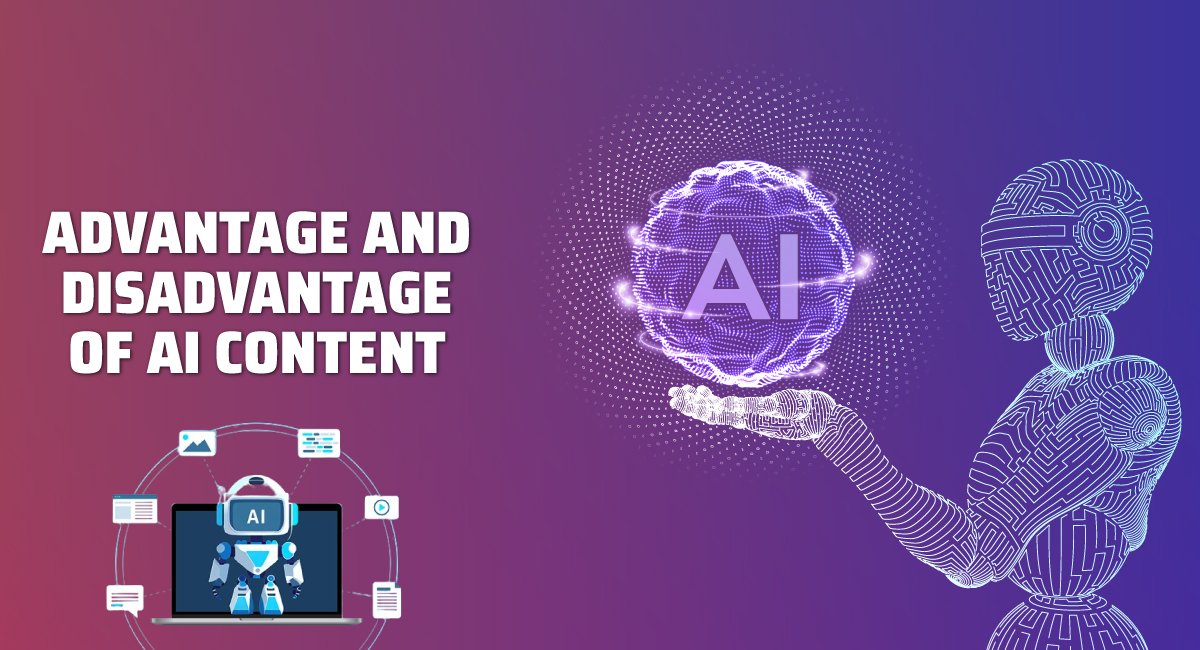

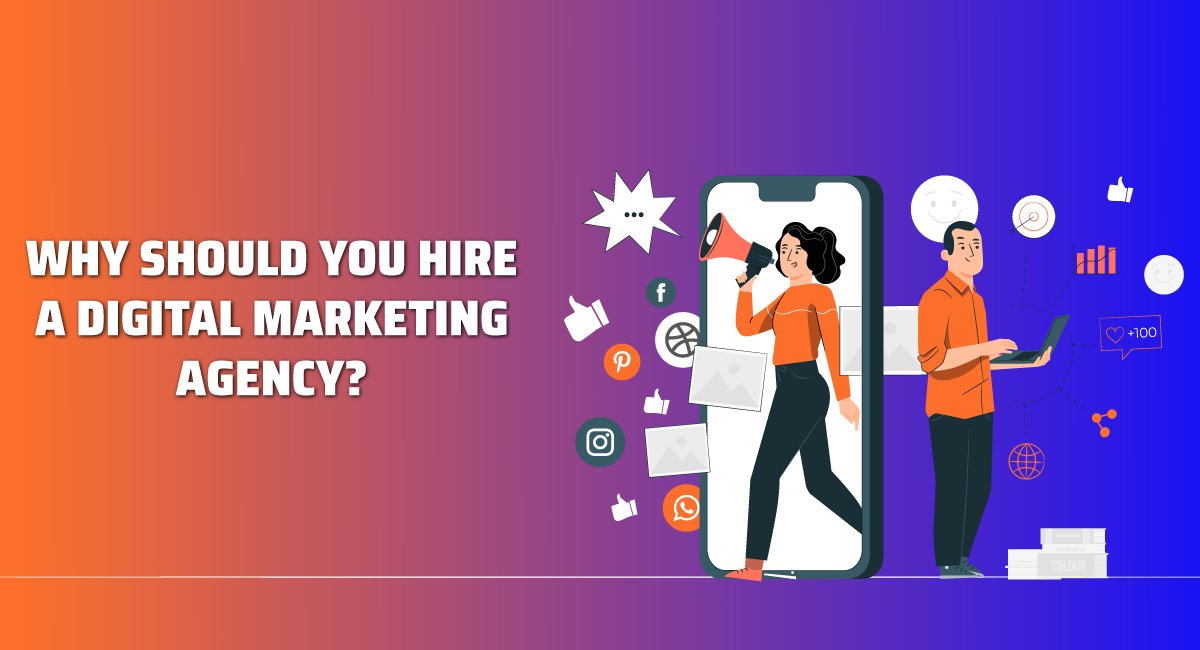
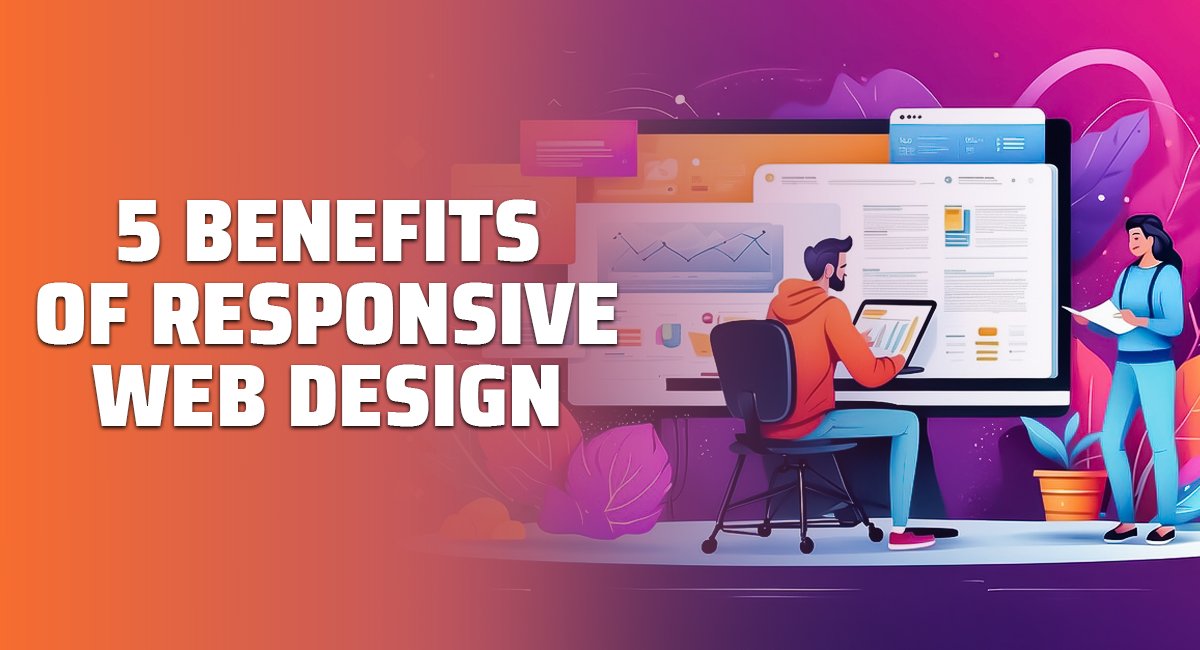
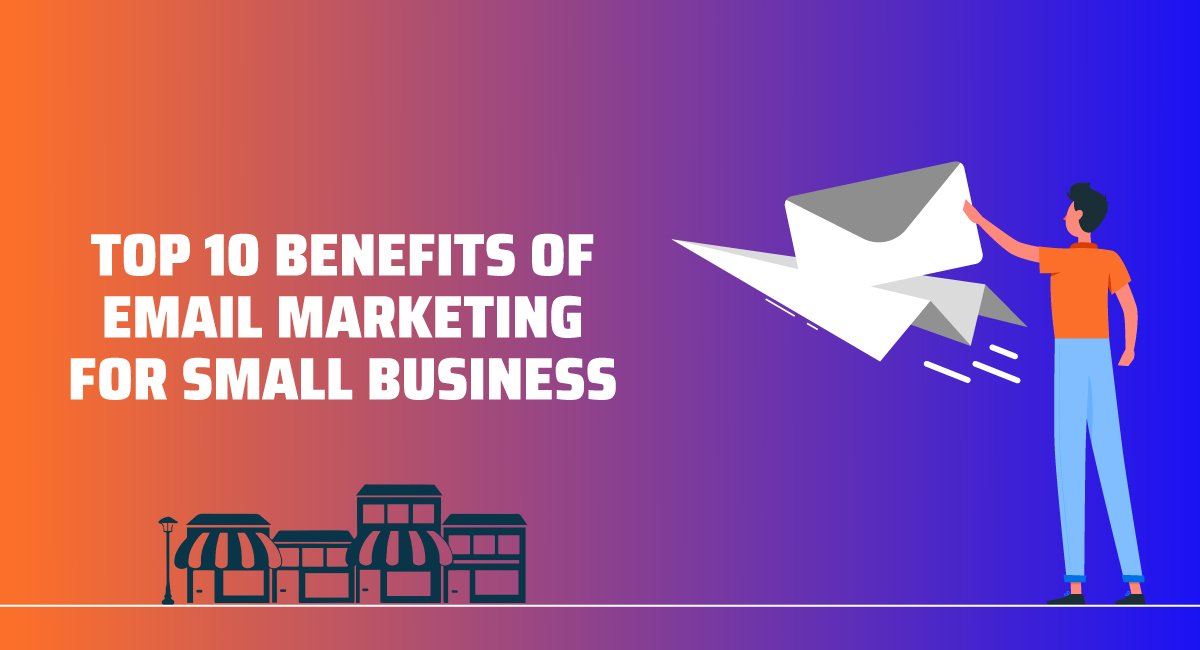
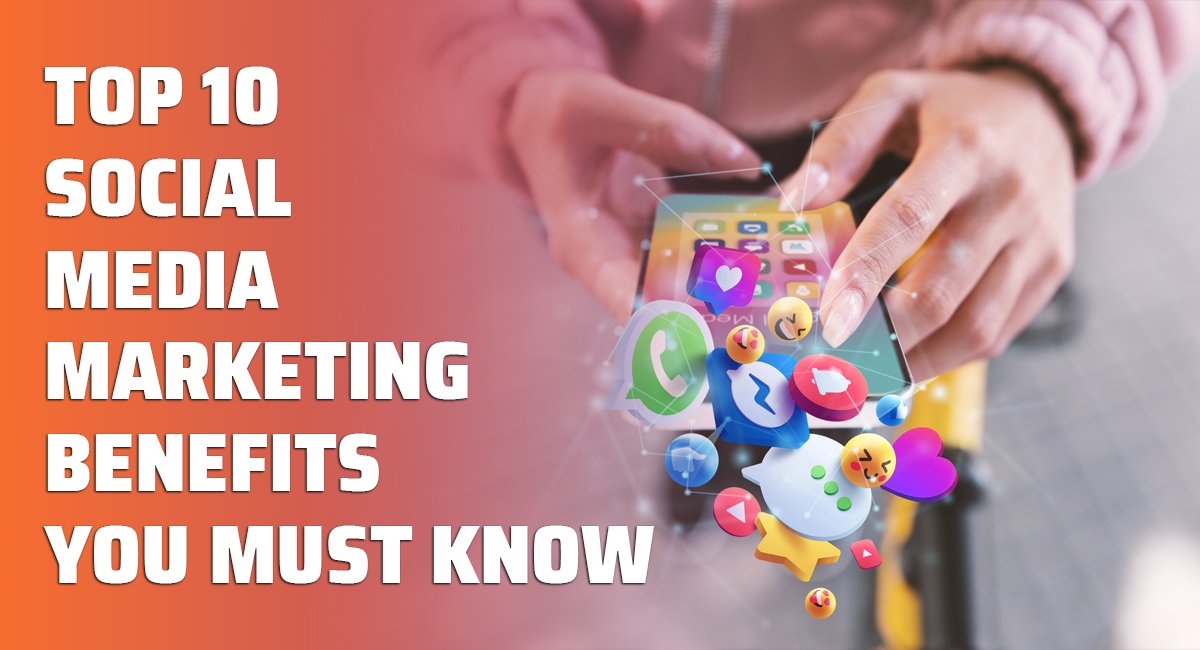
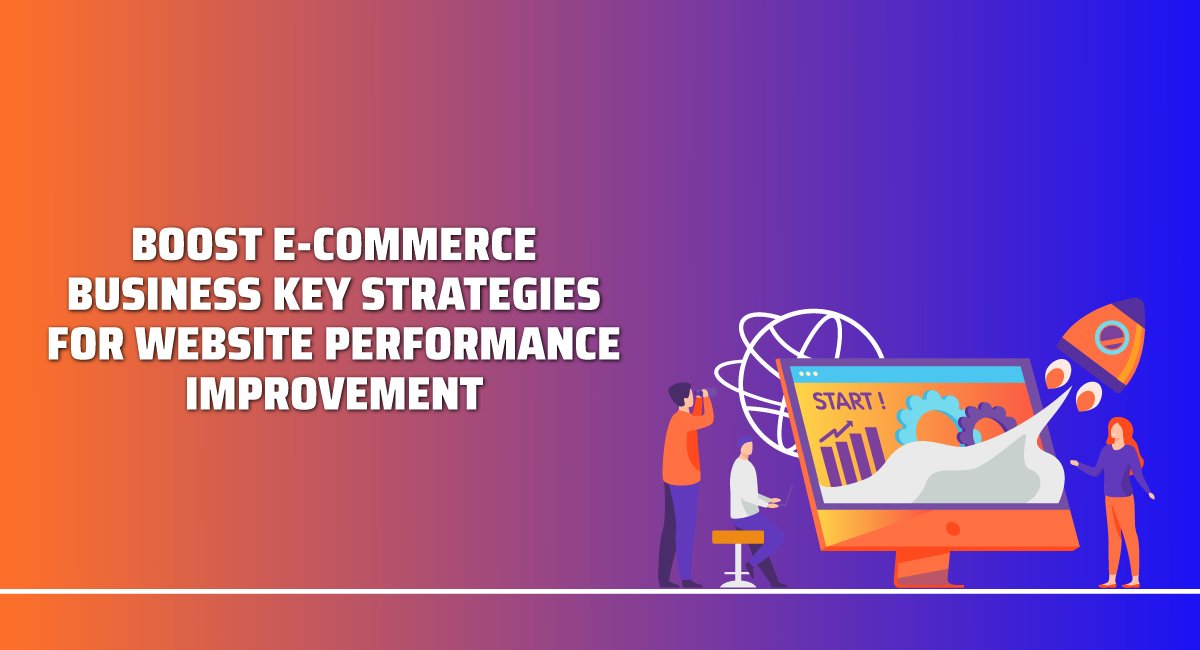
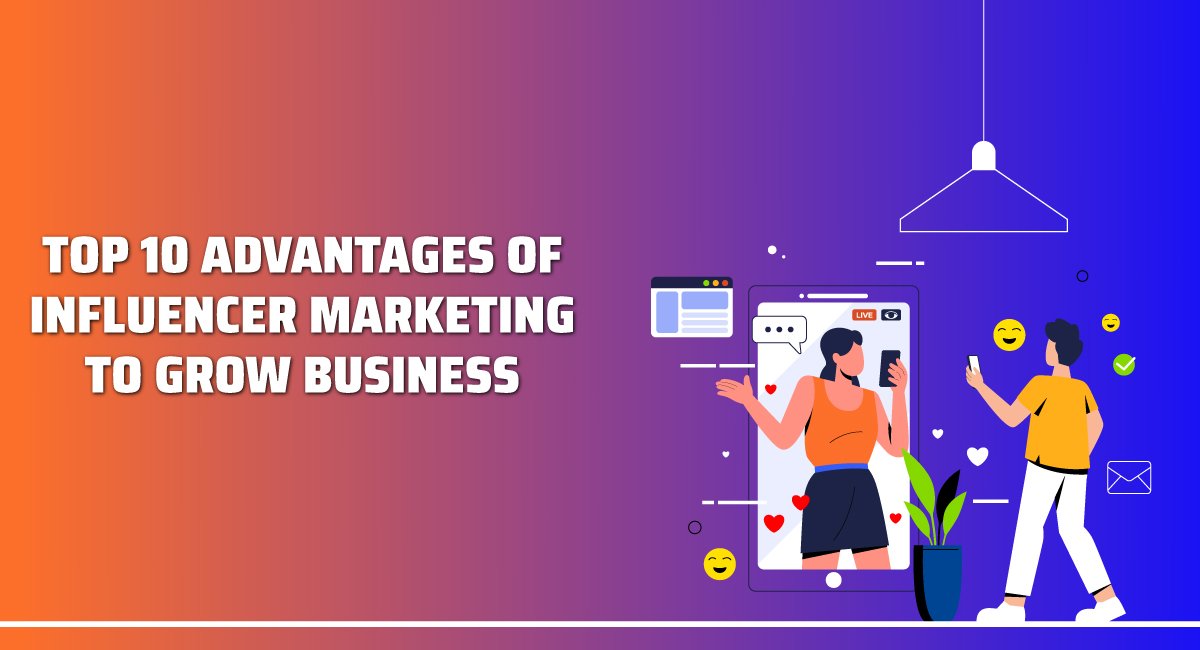
.jpg)
